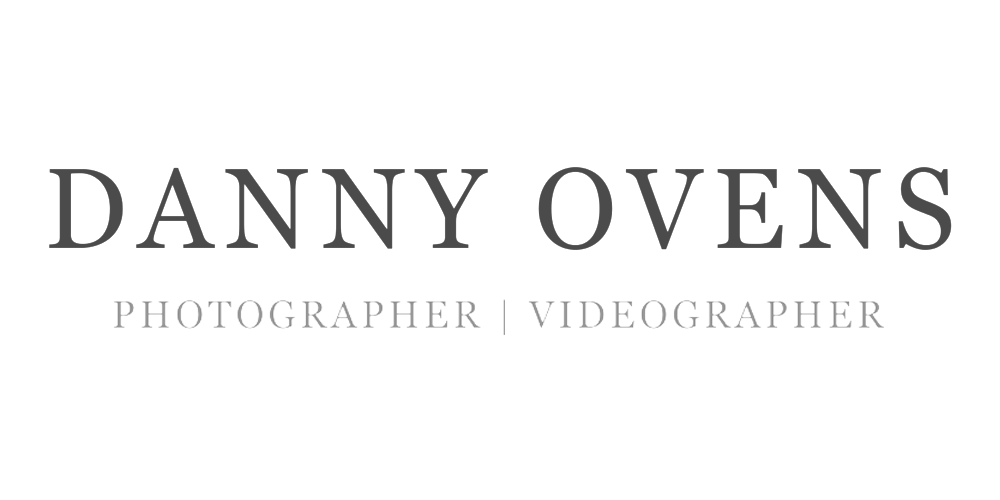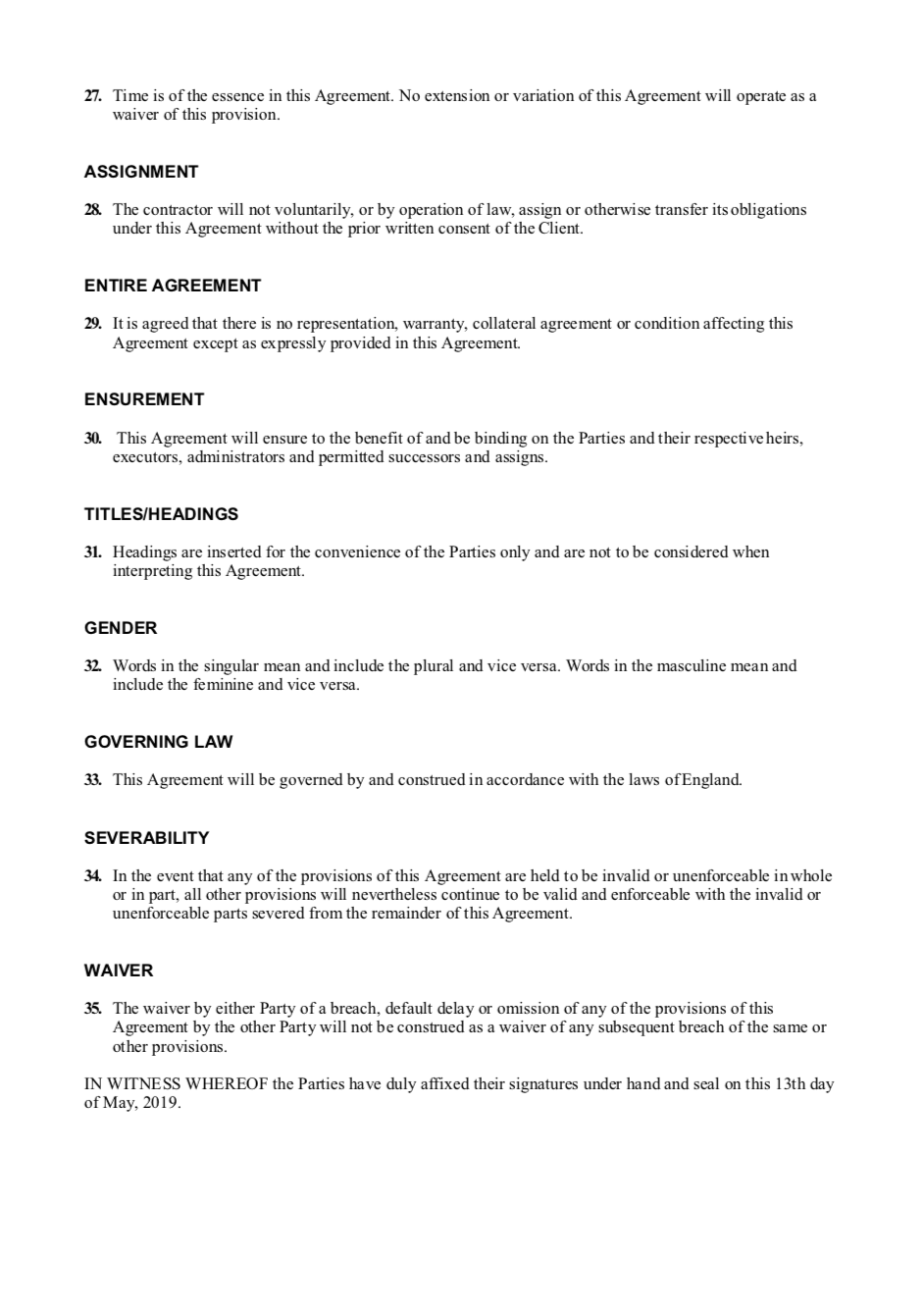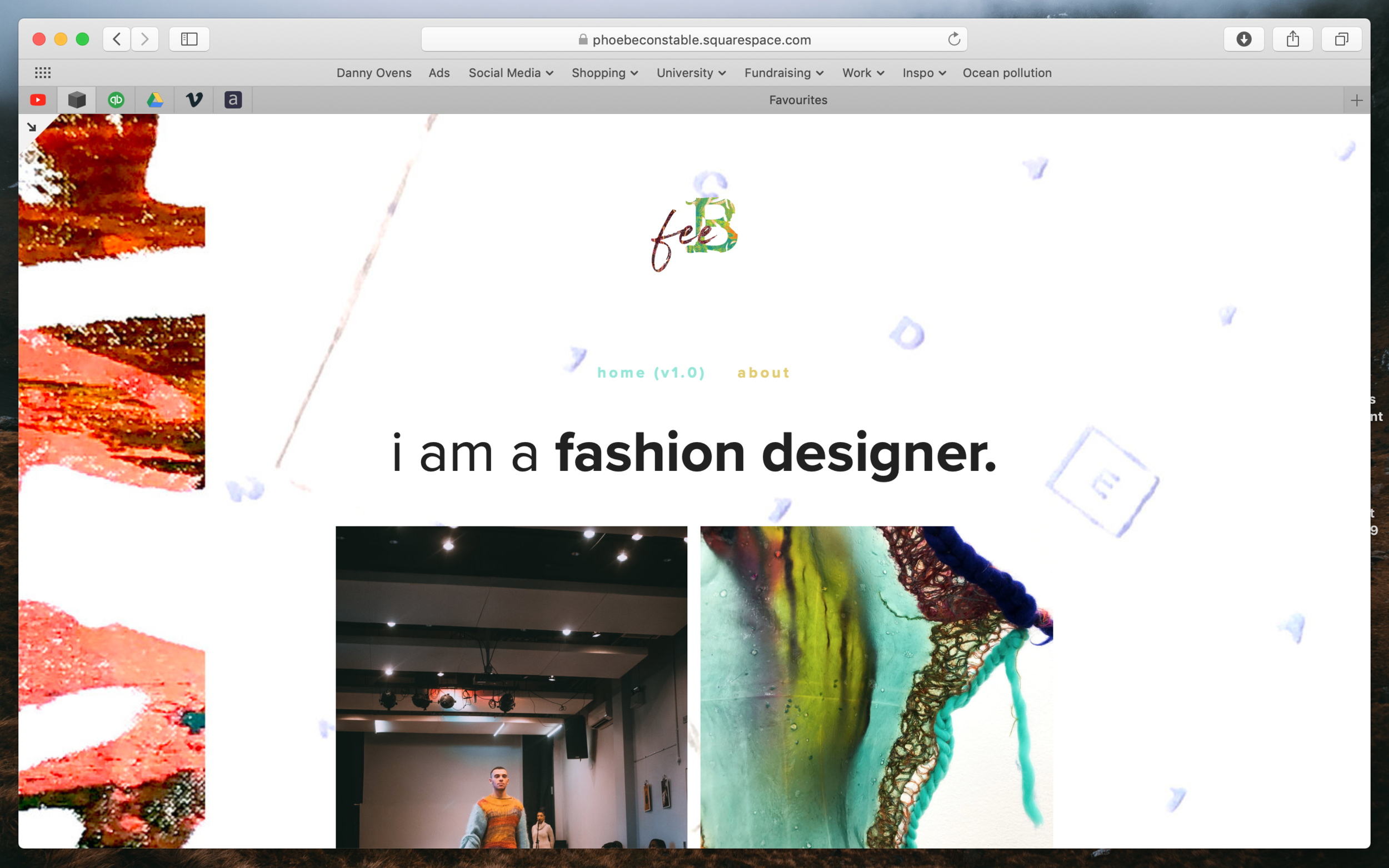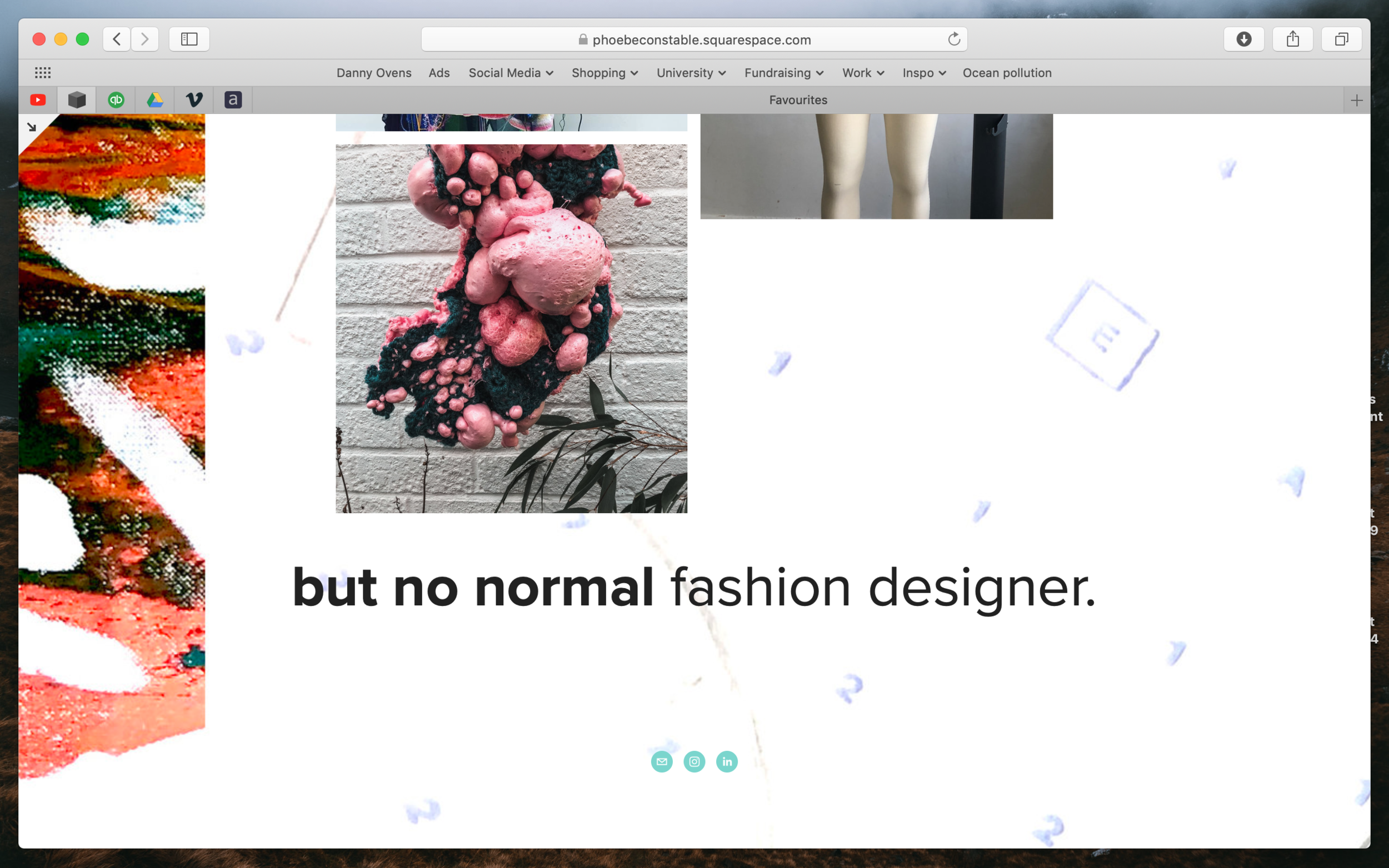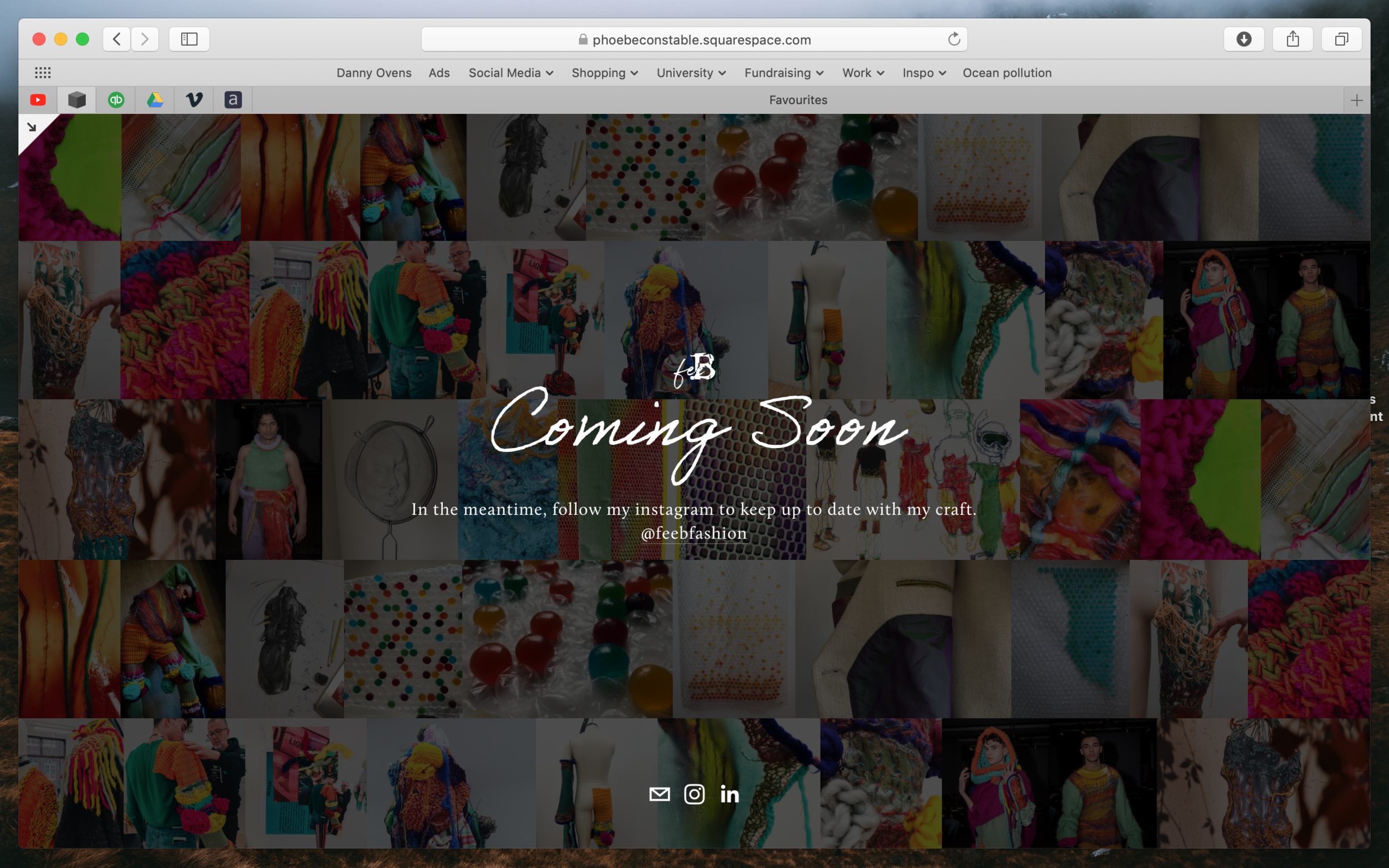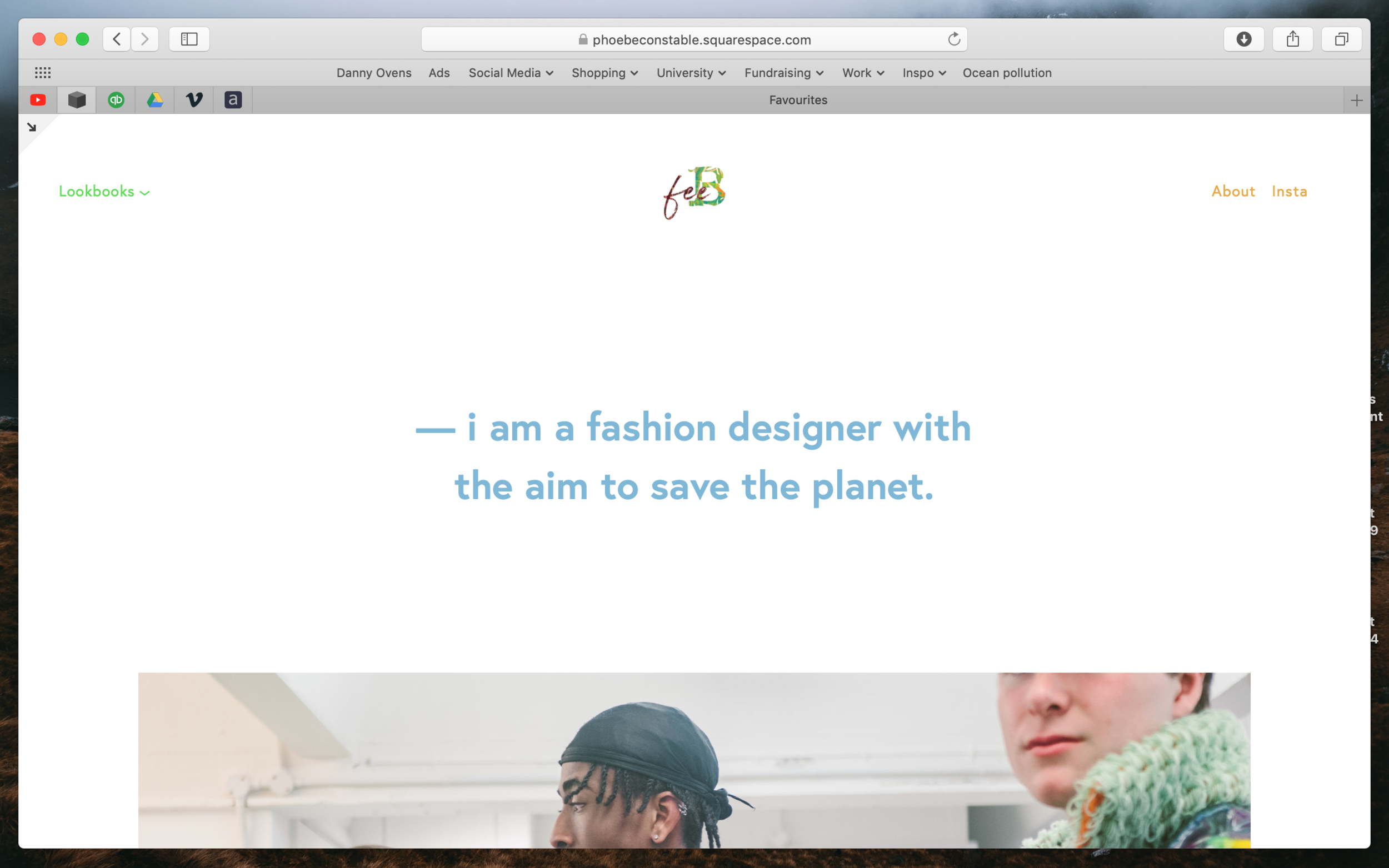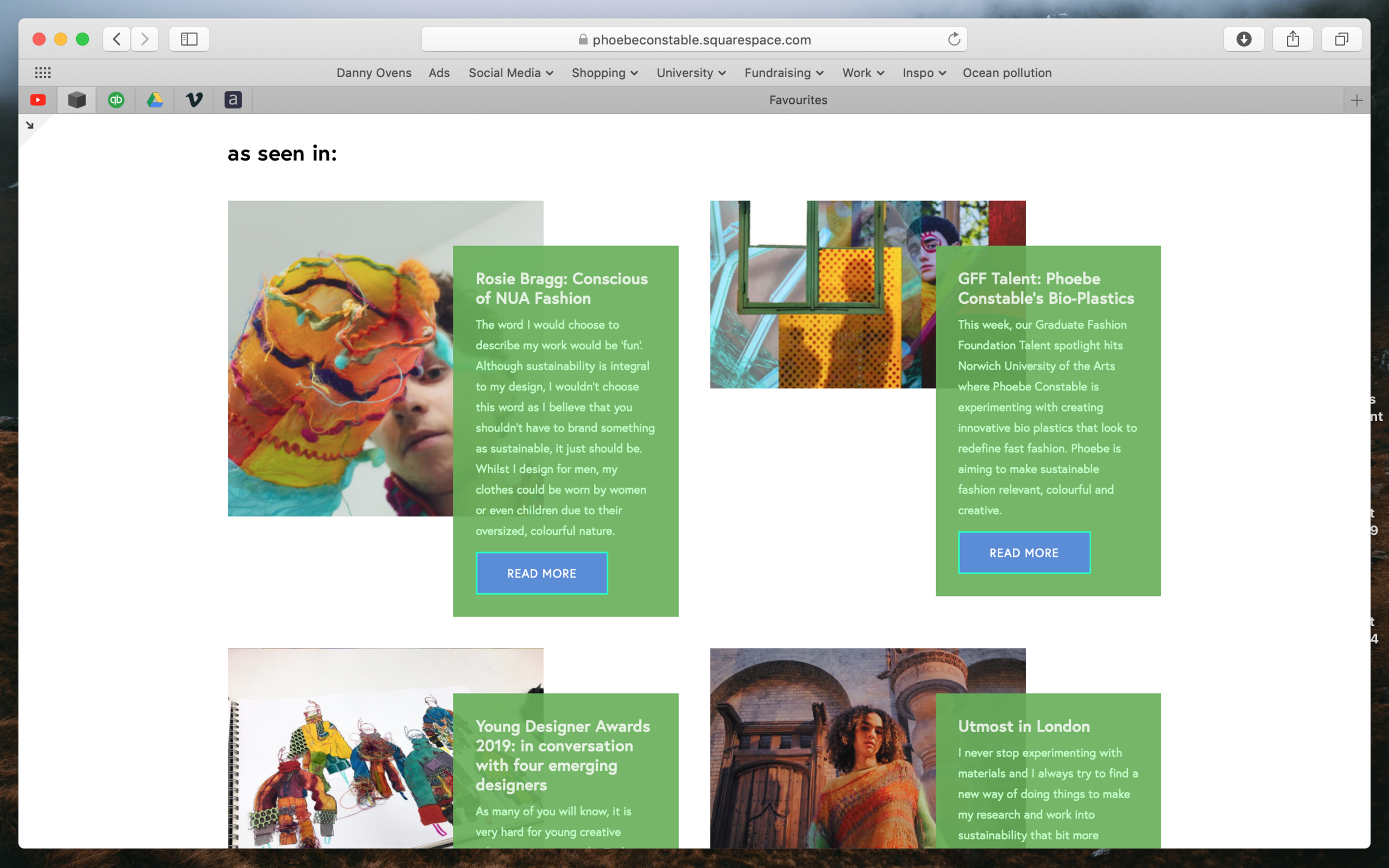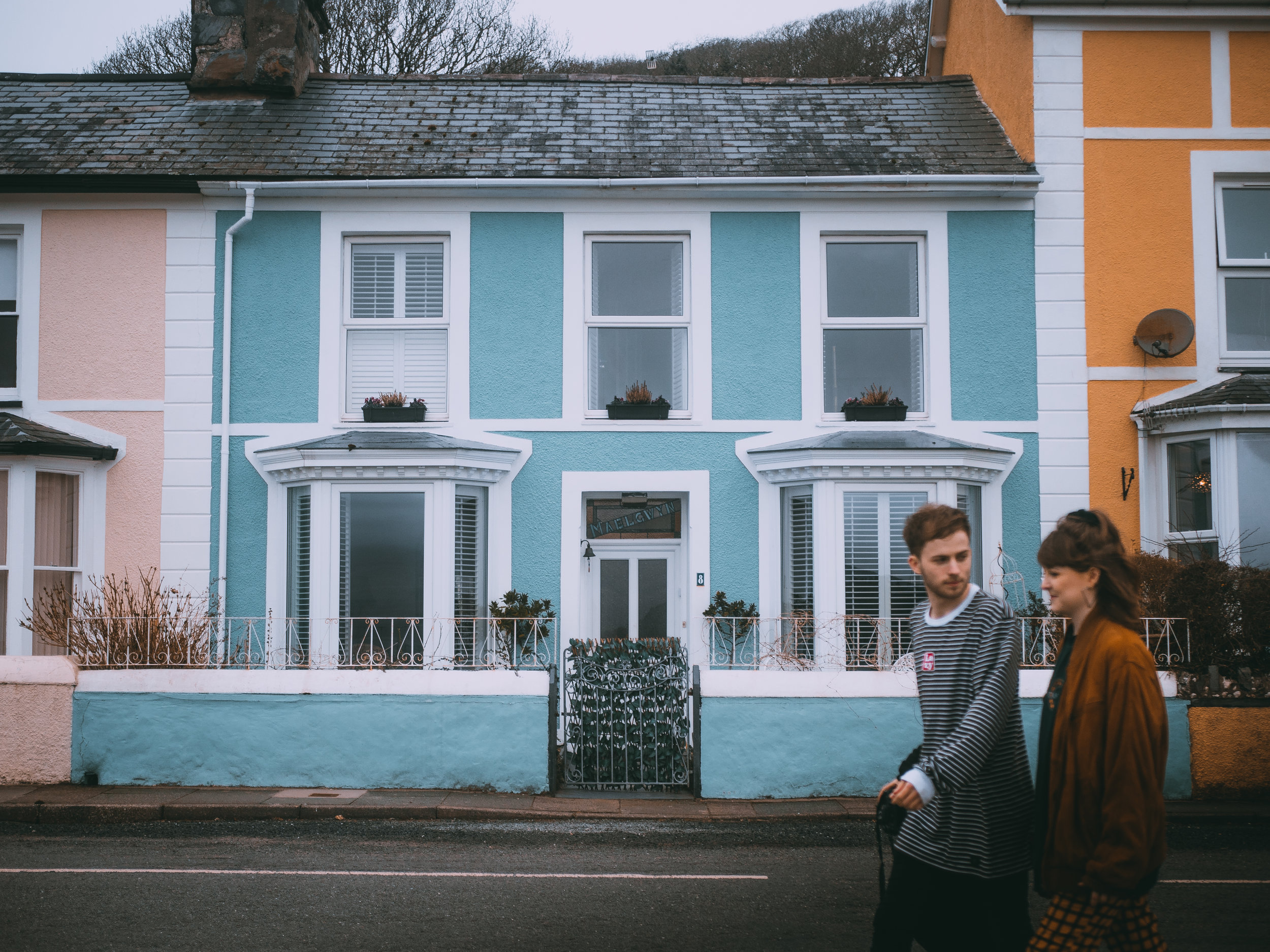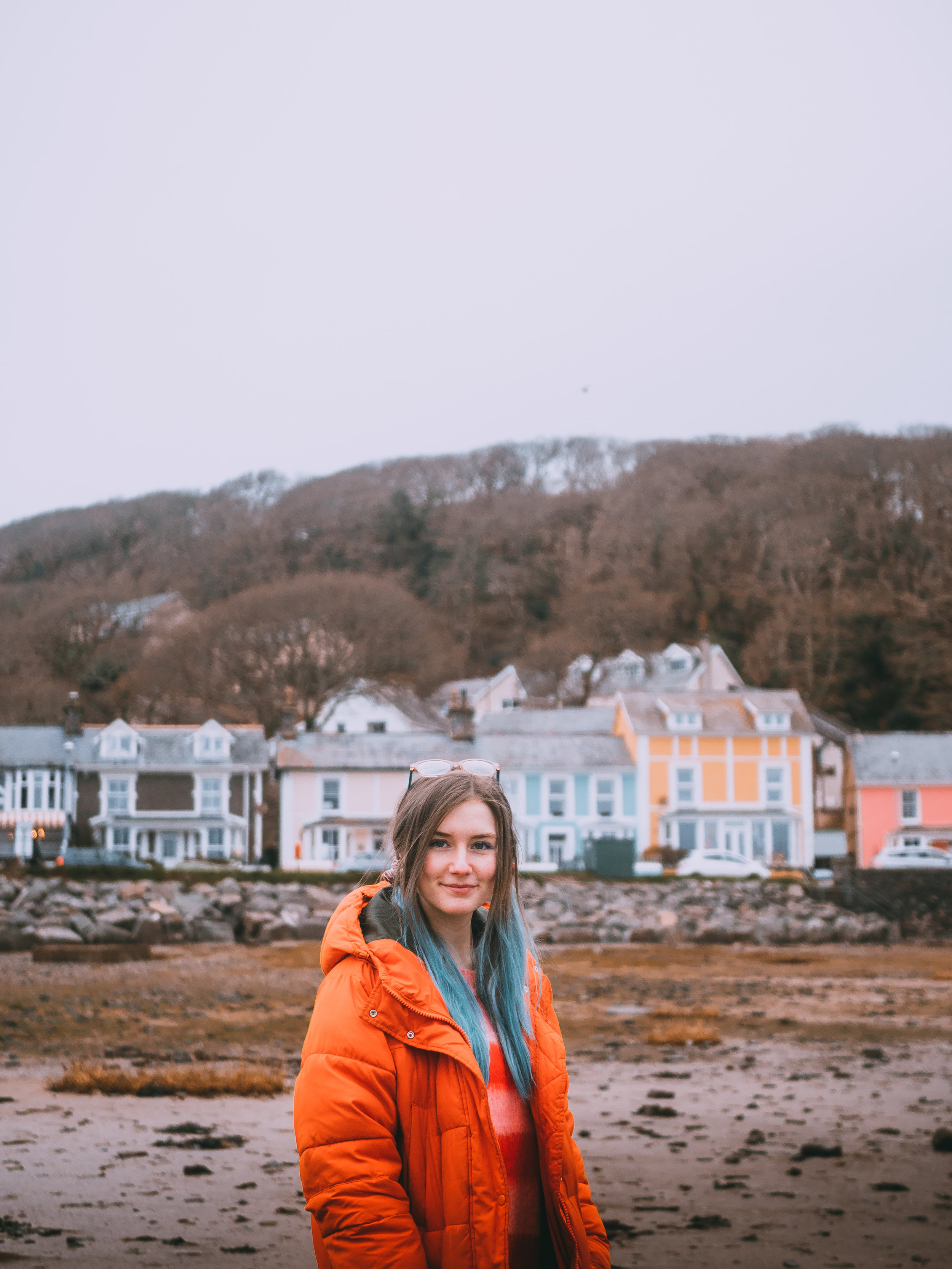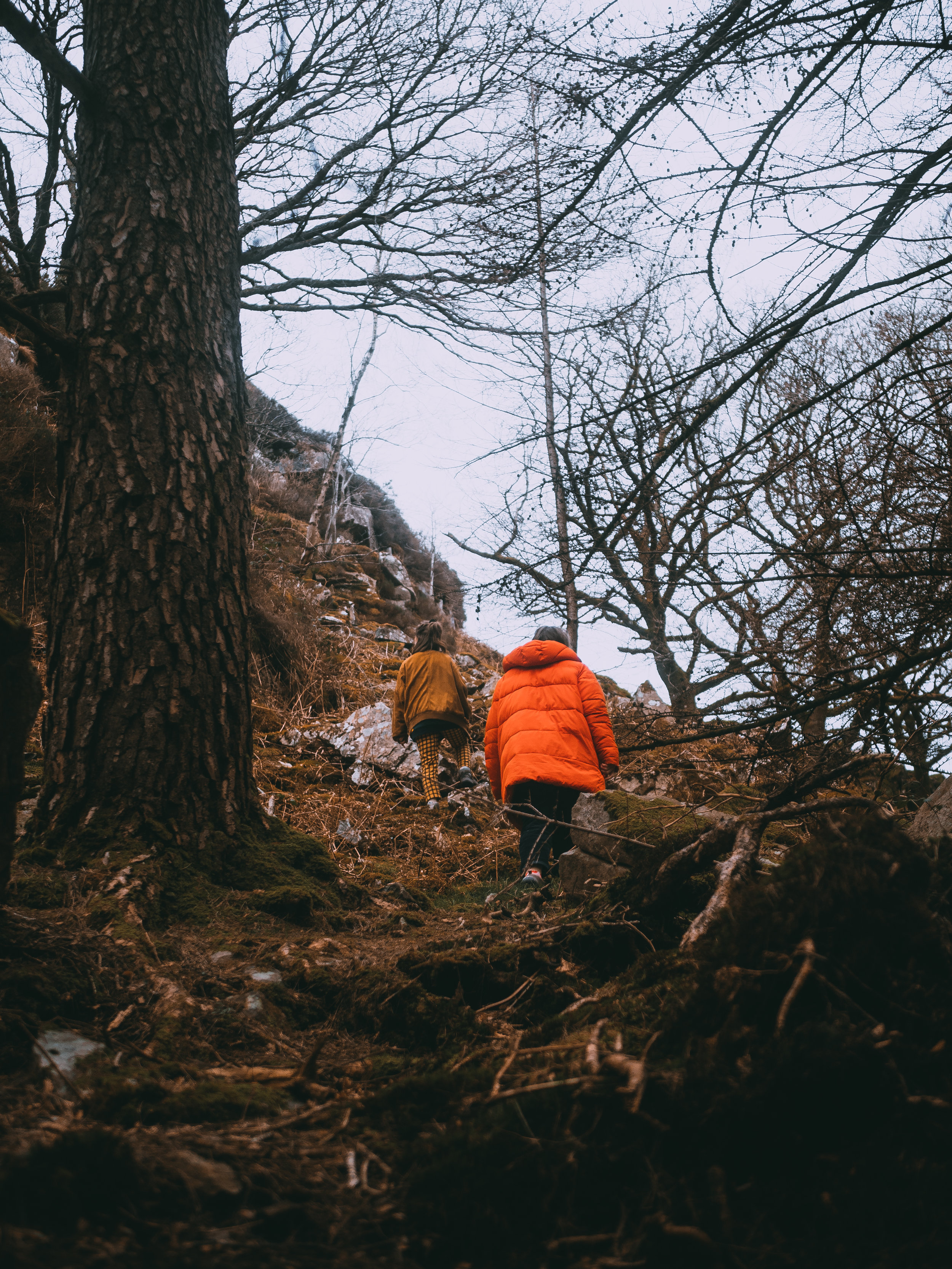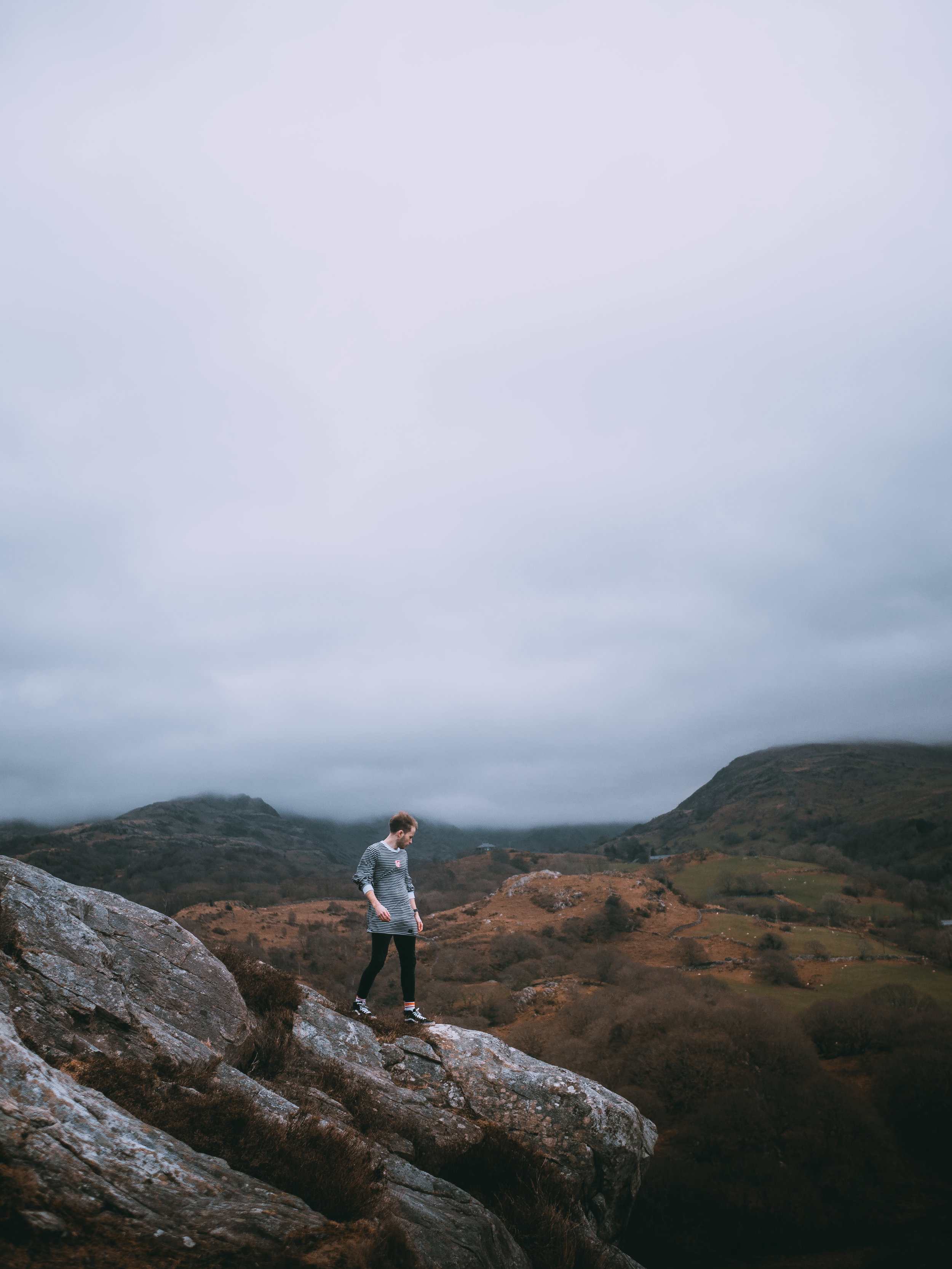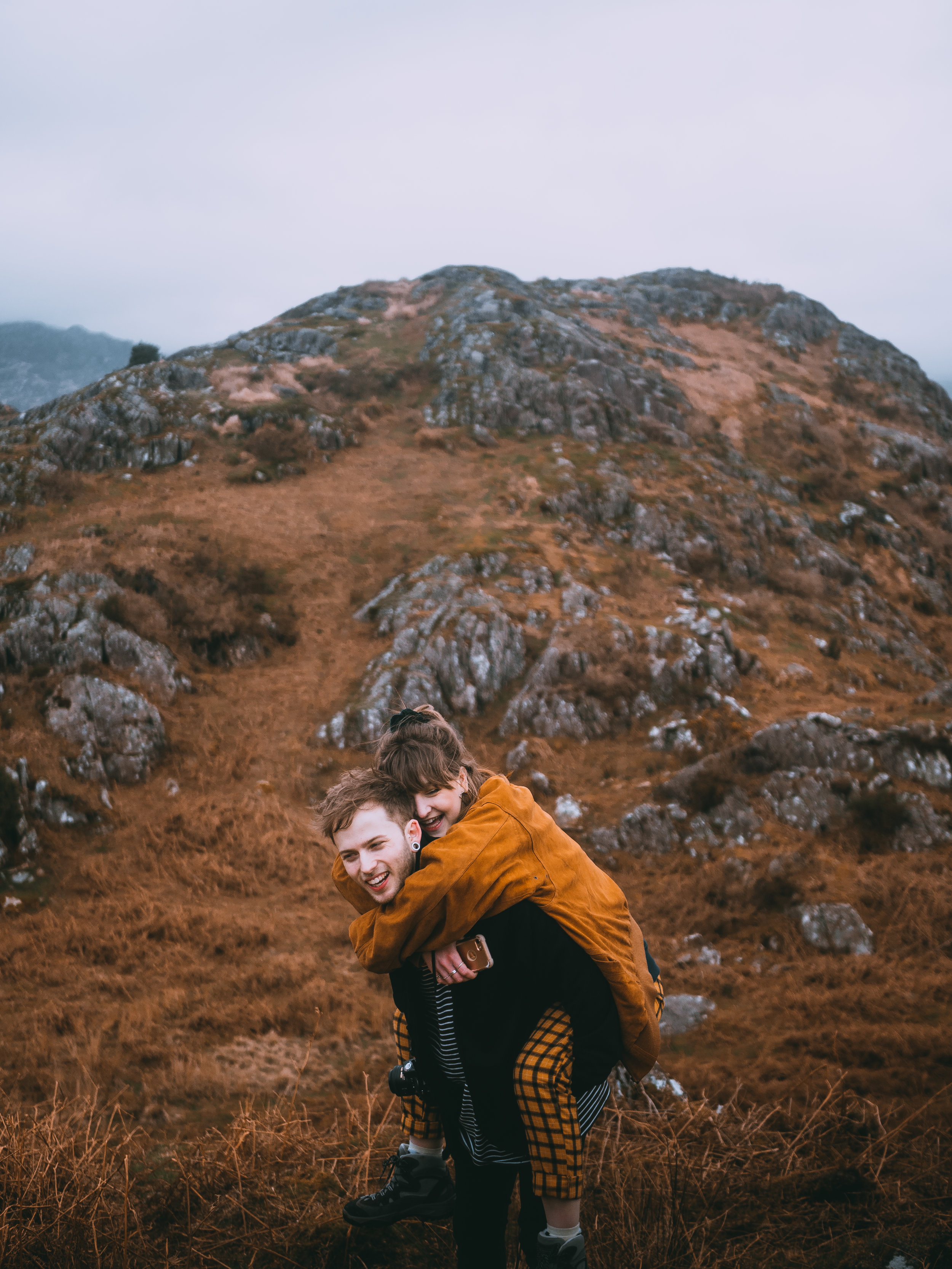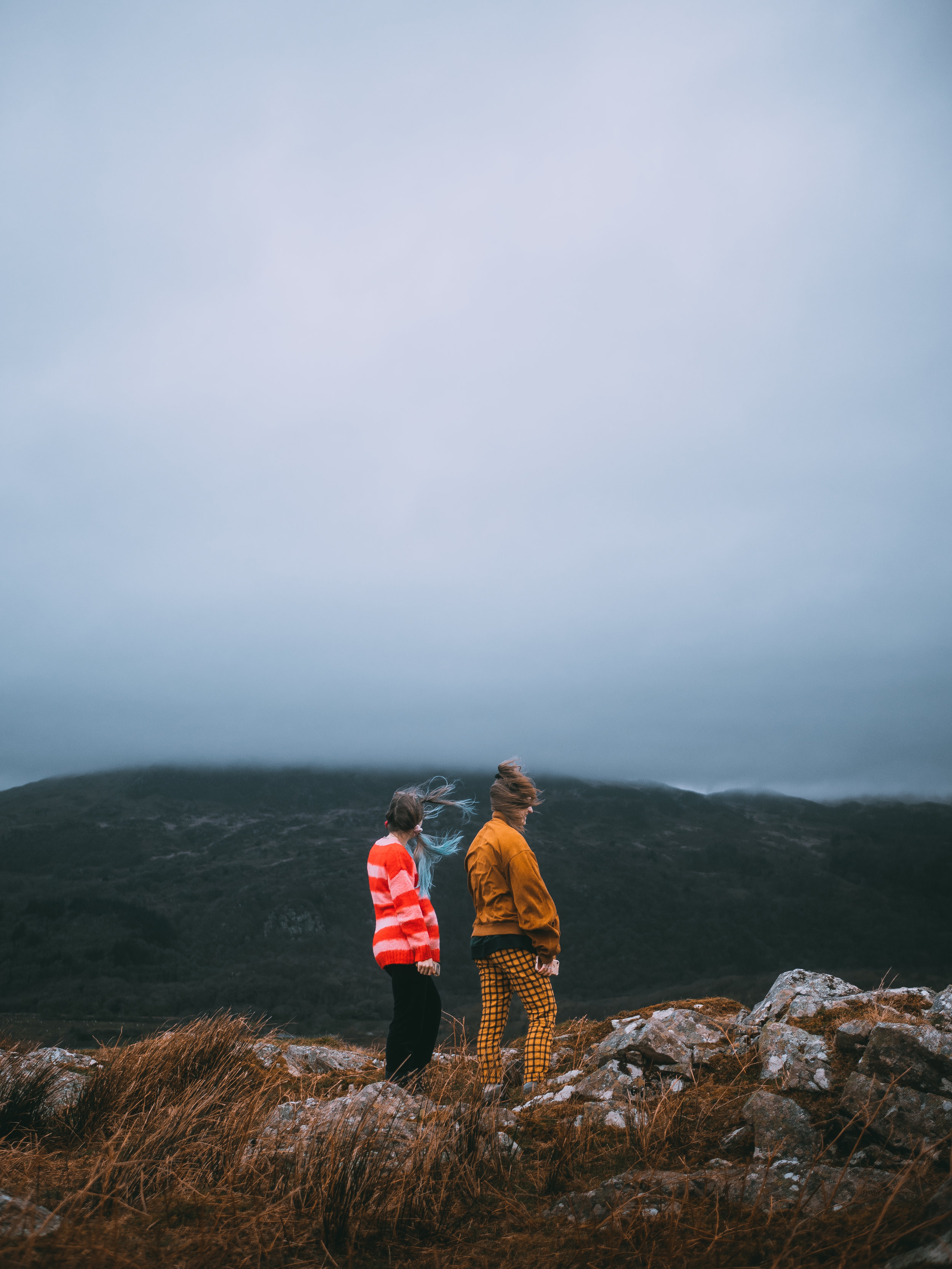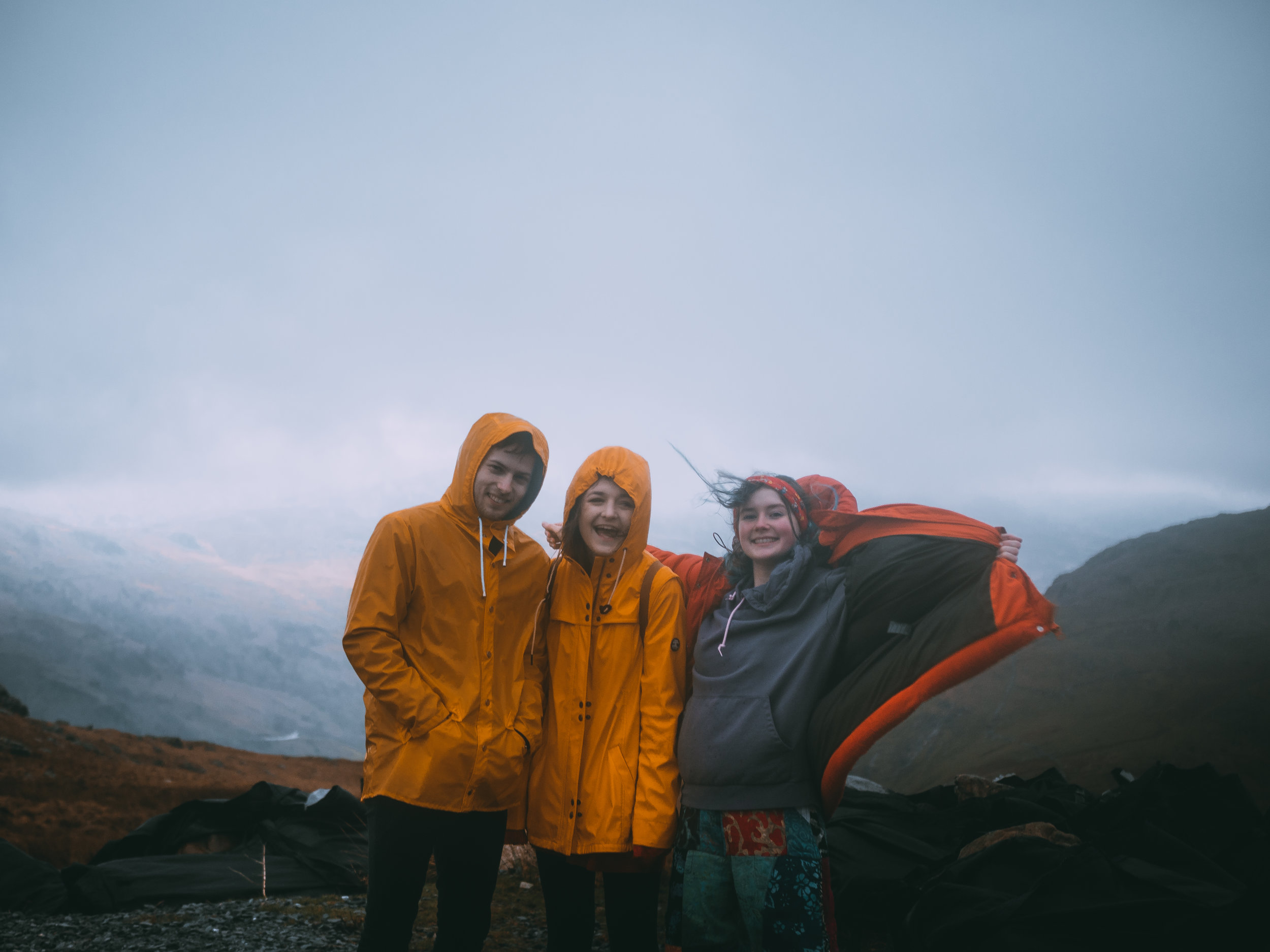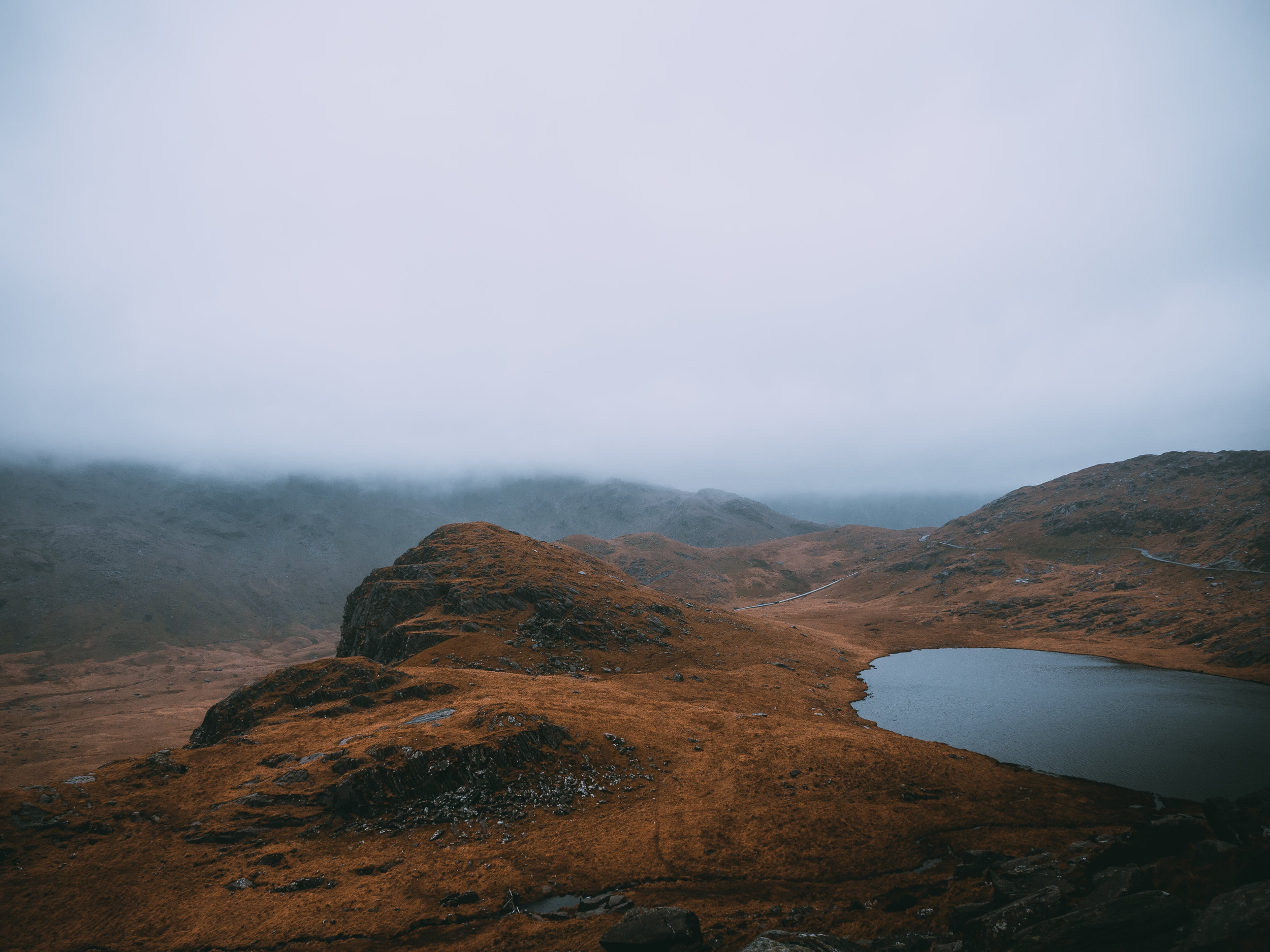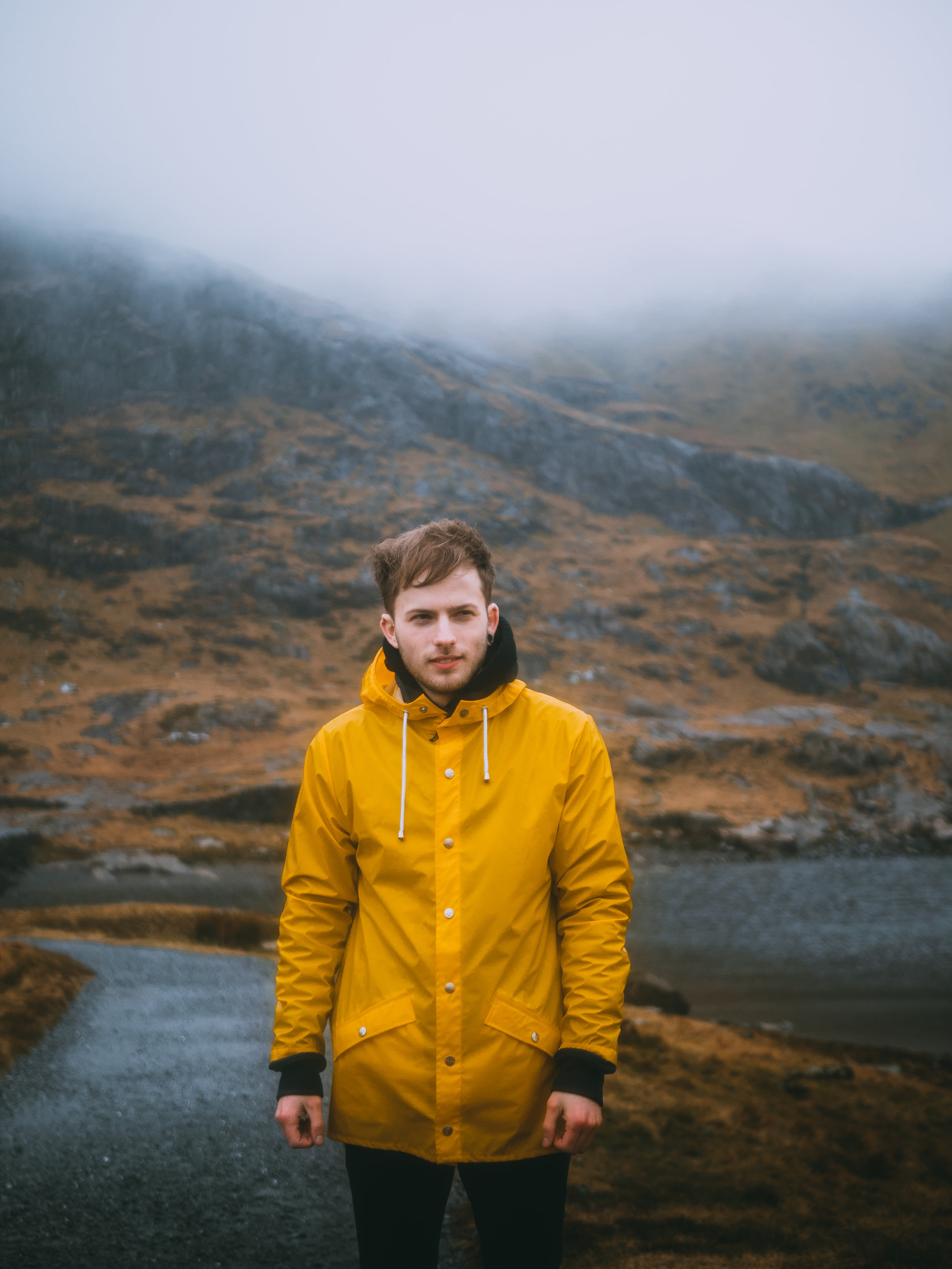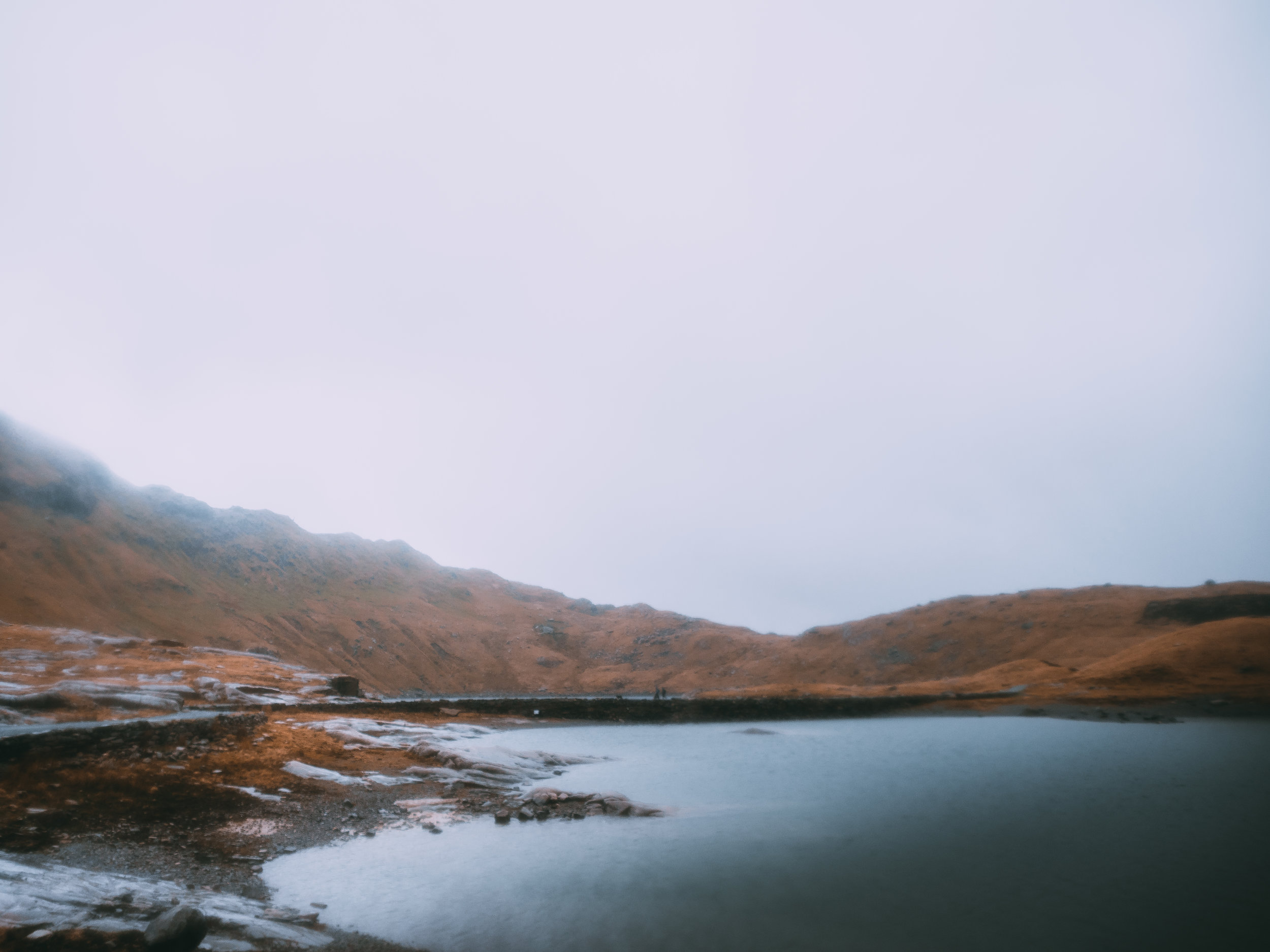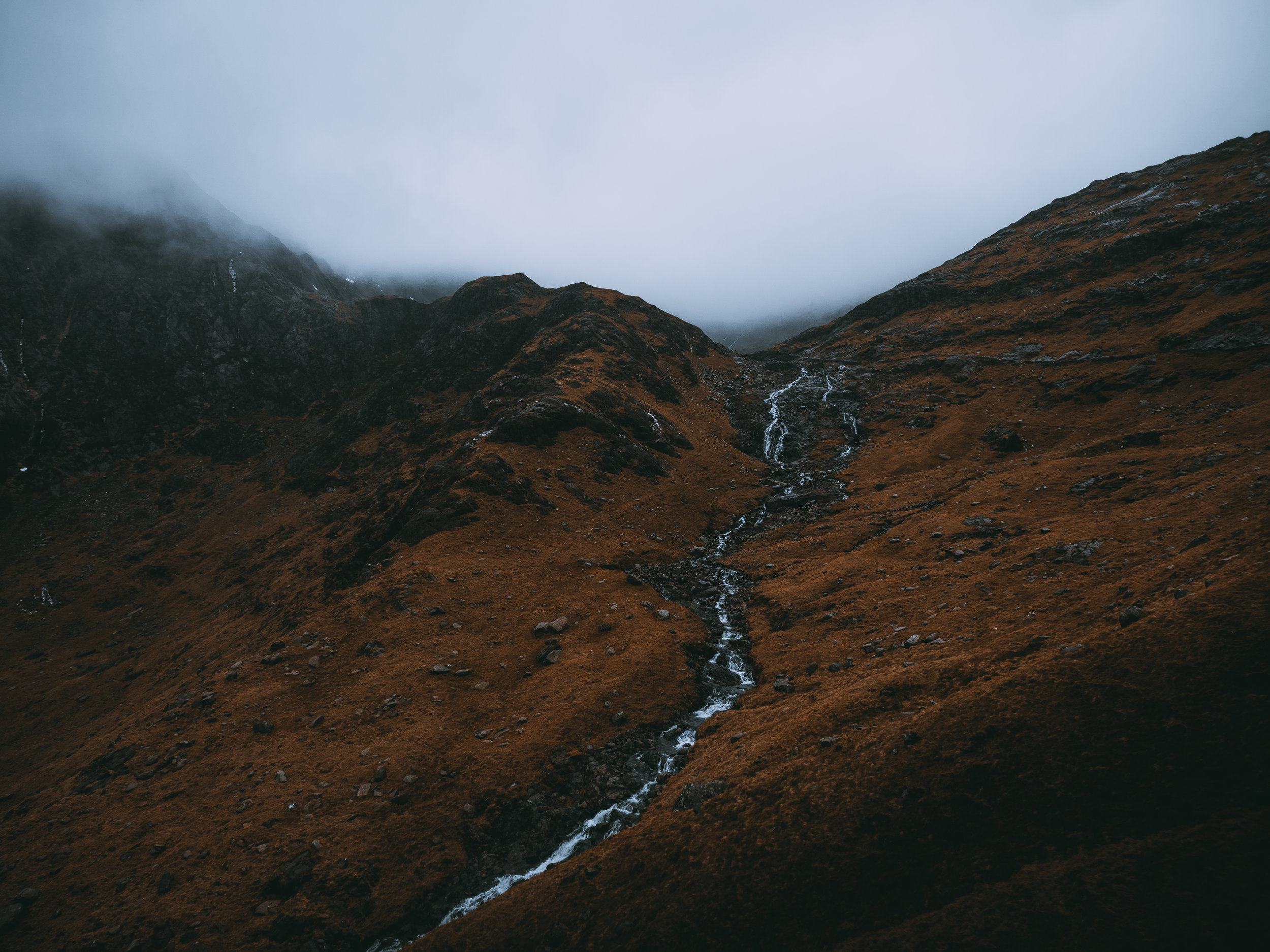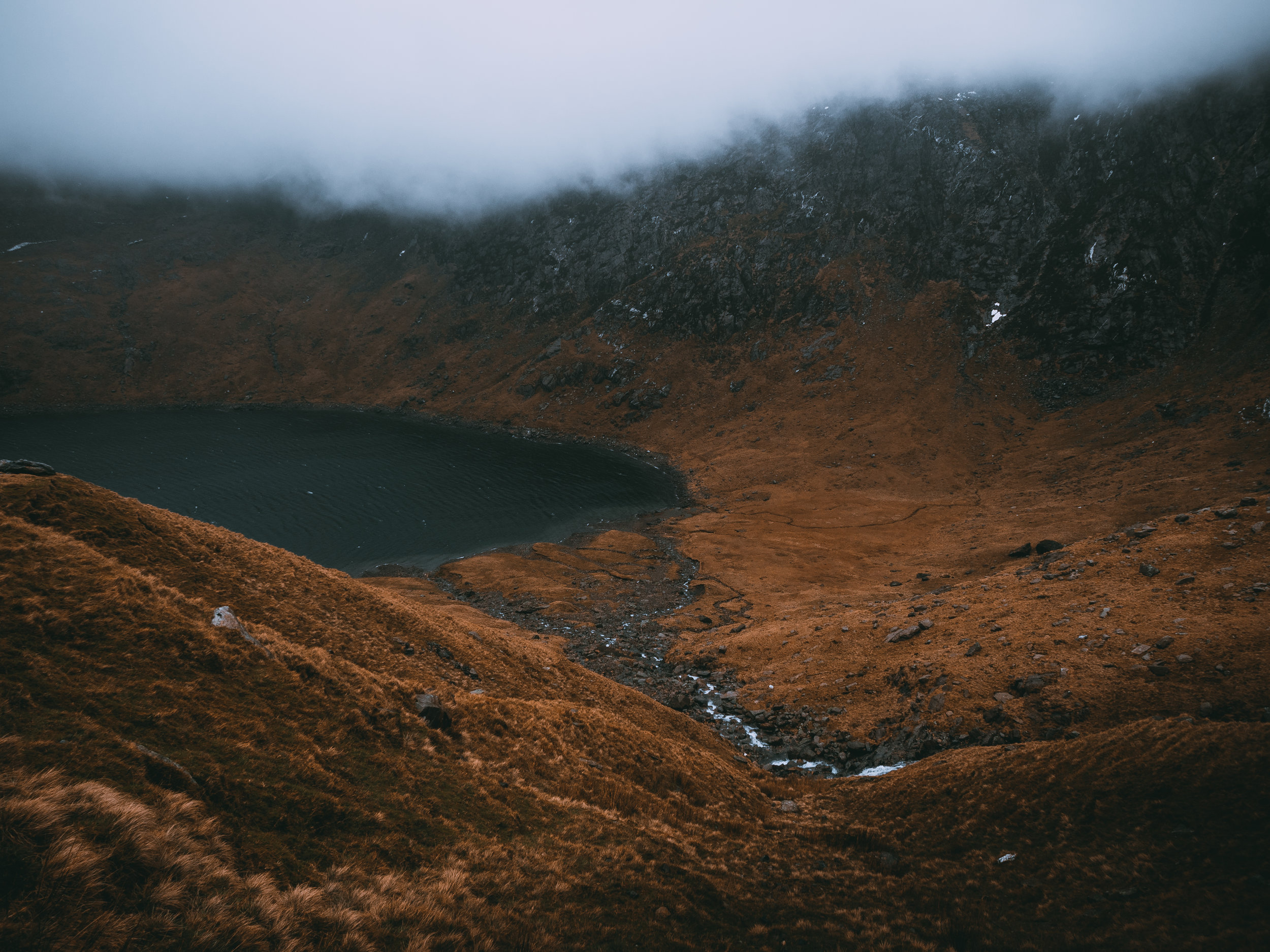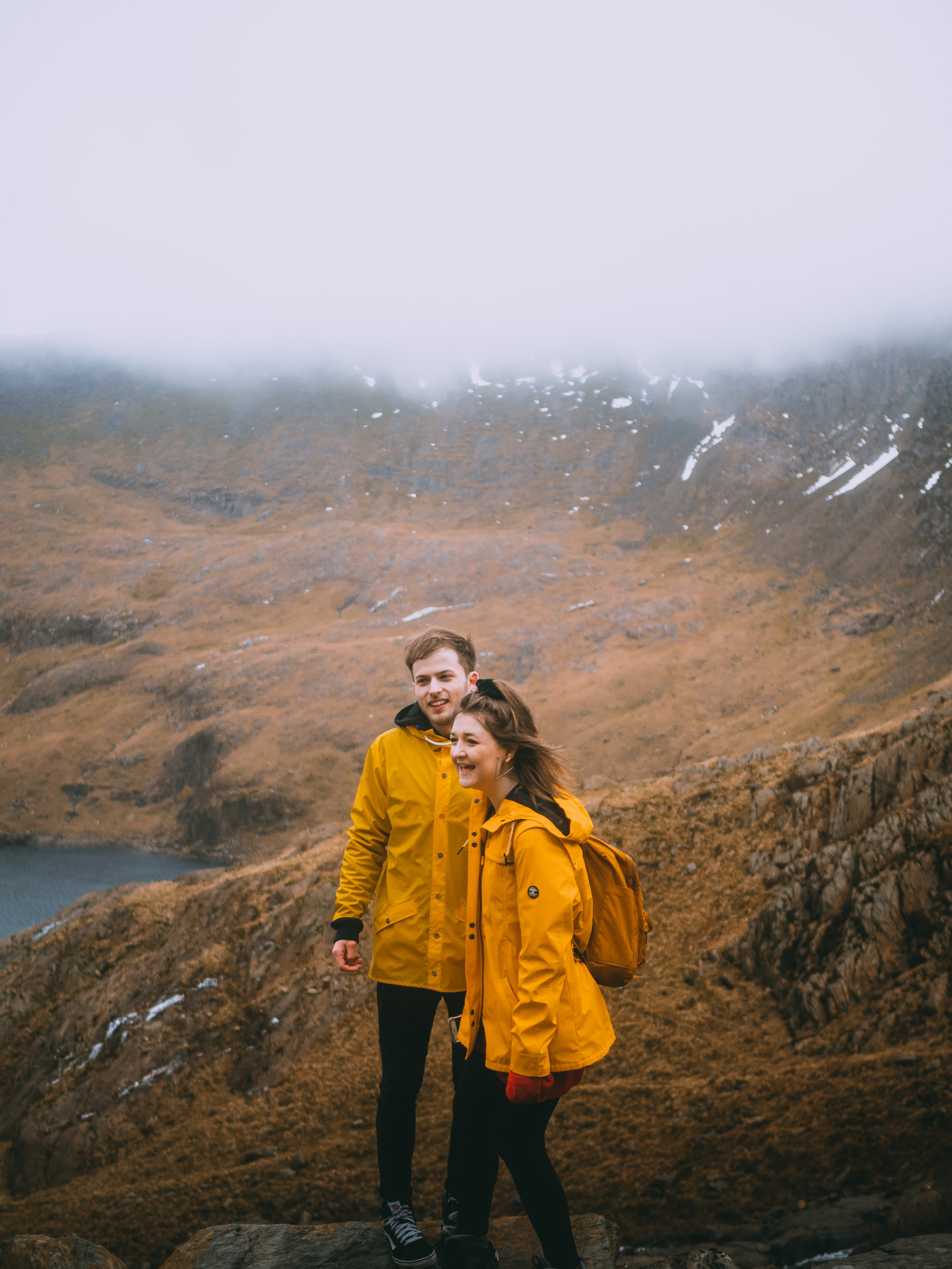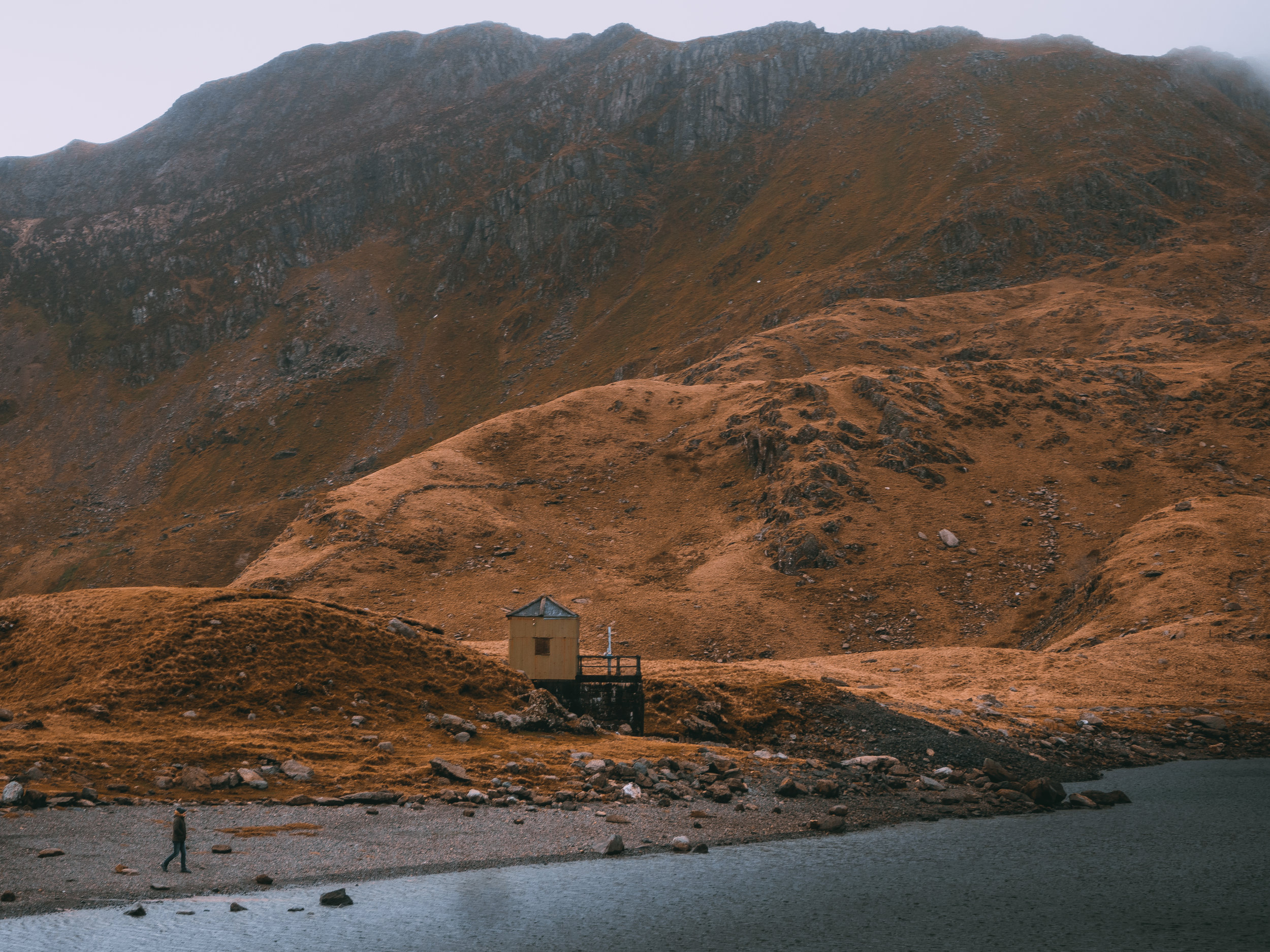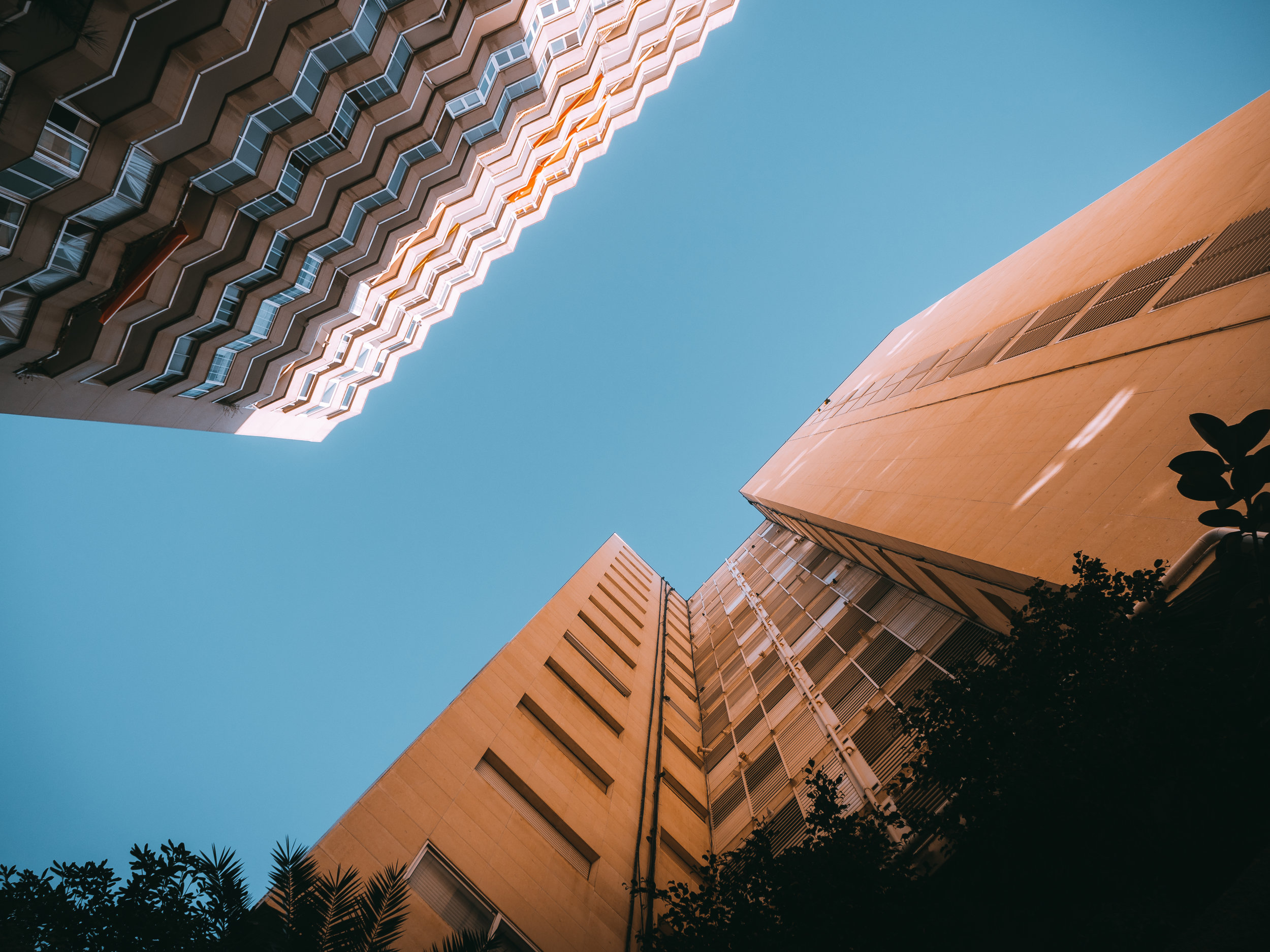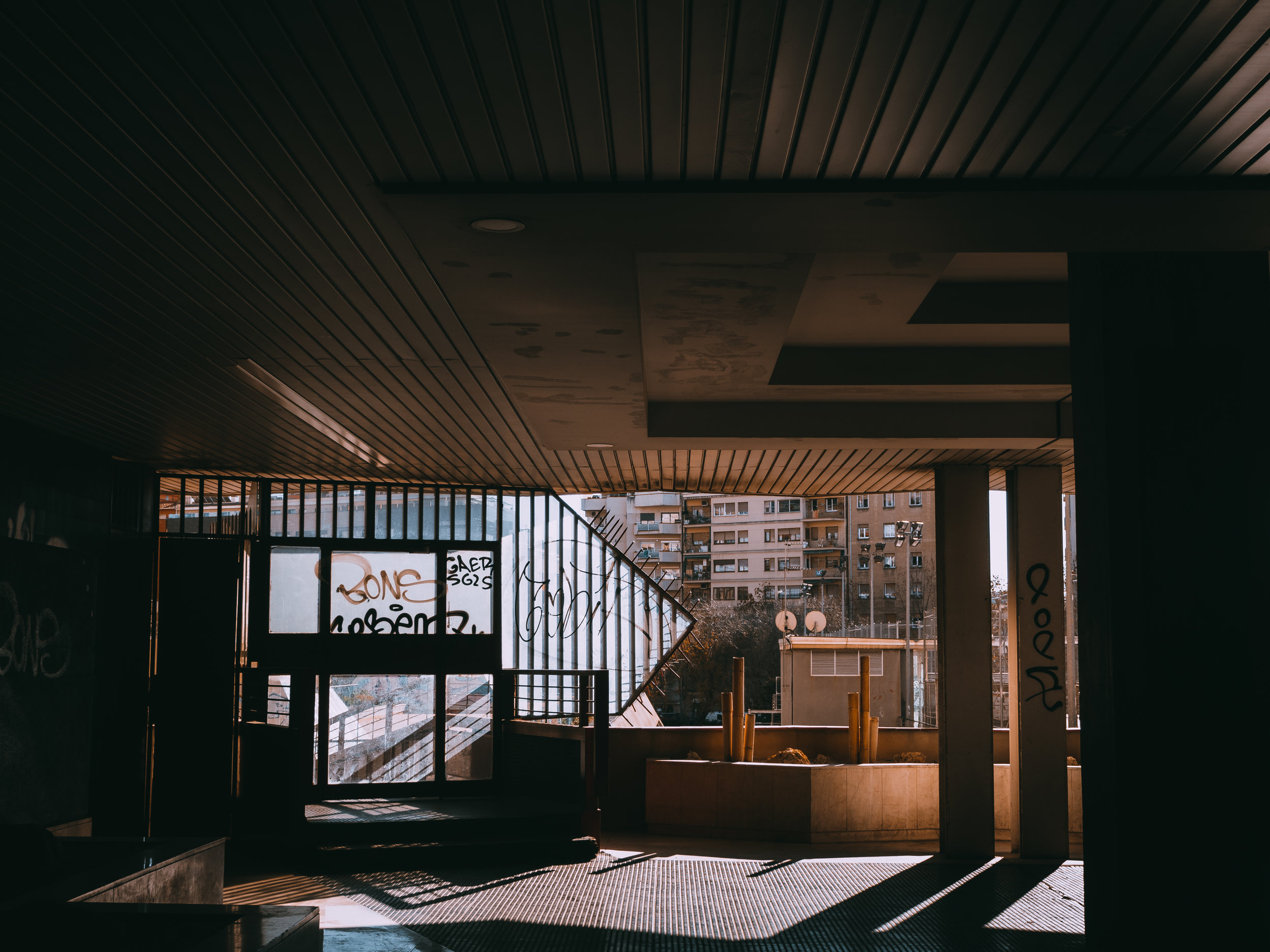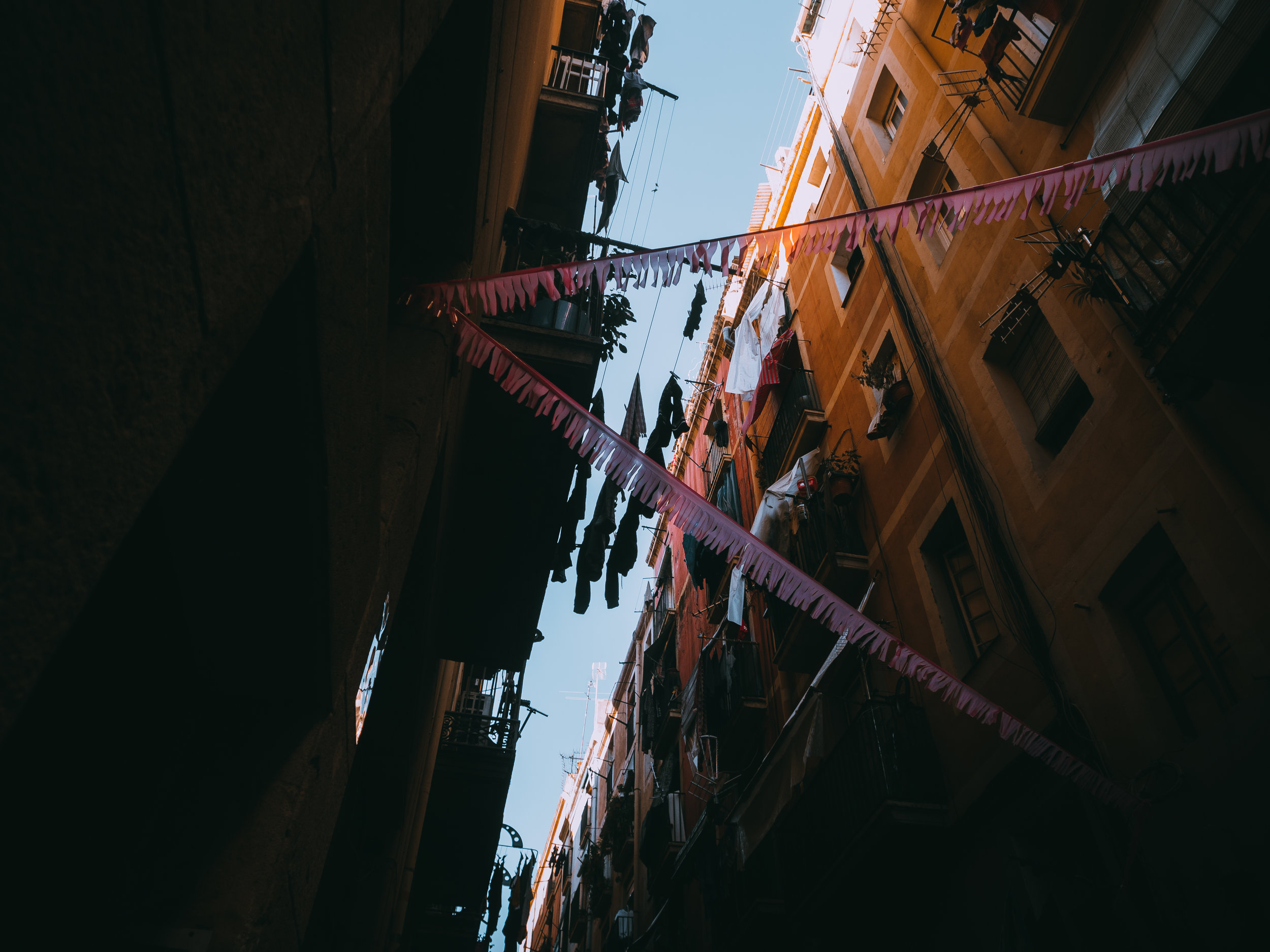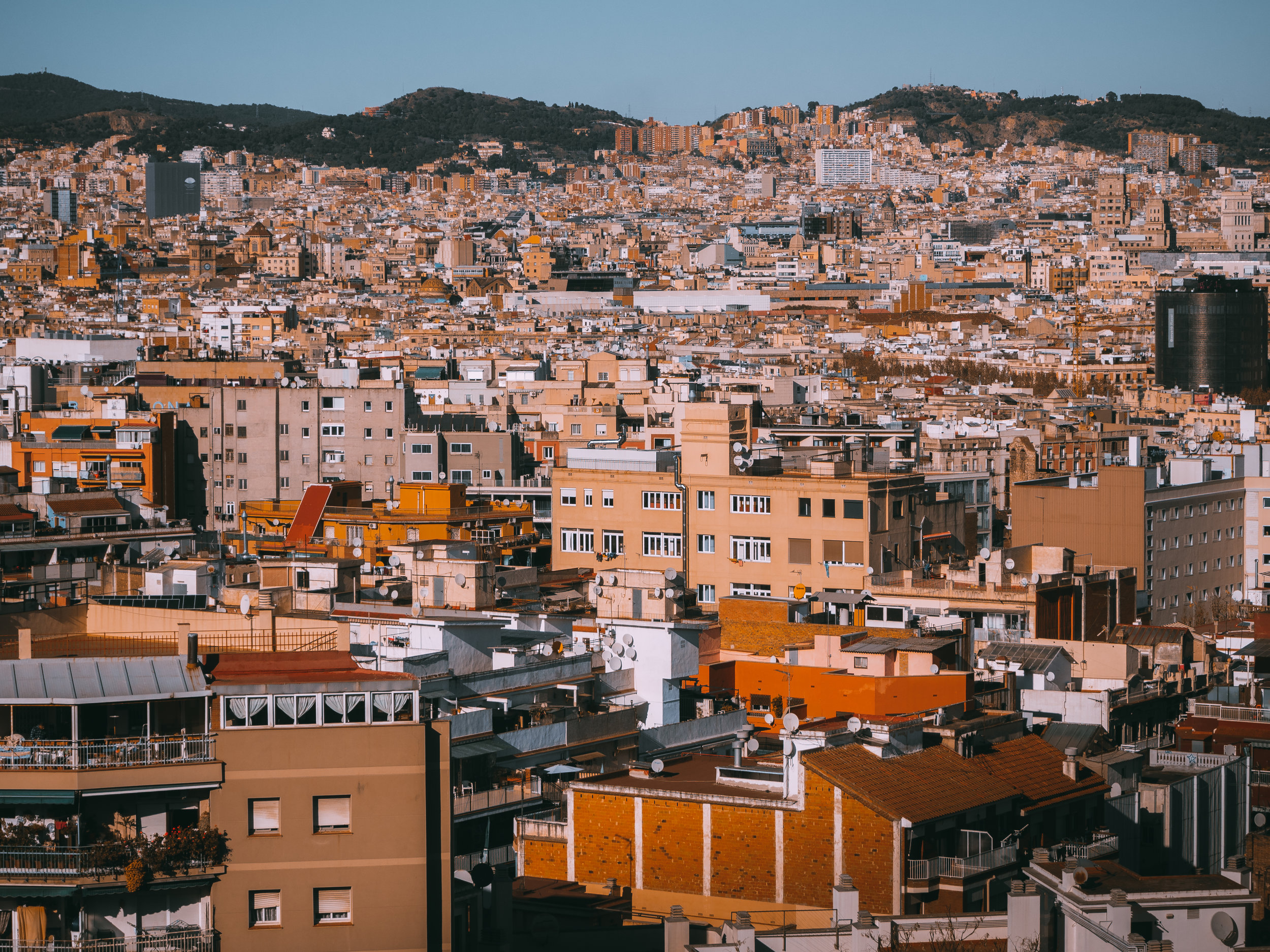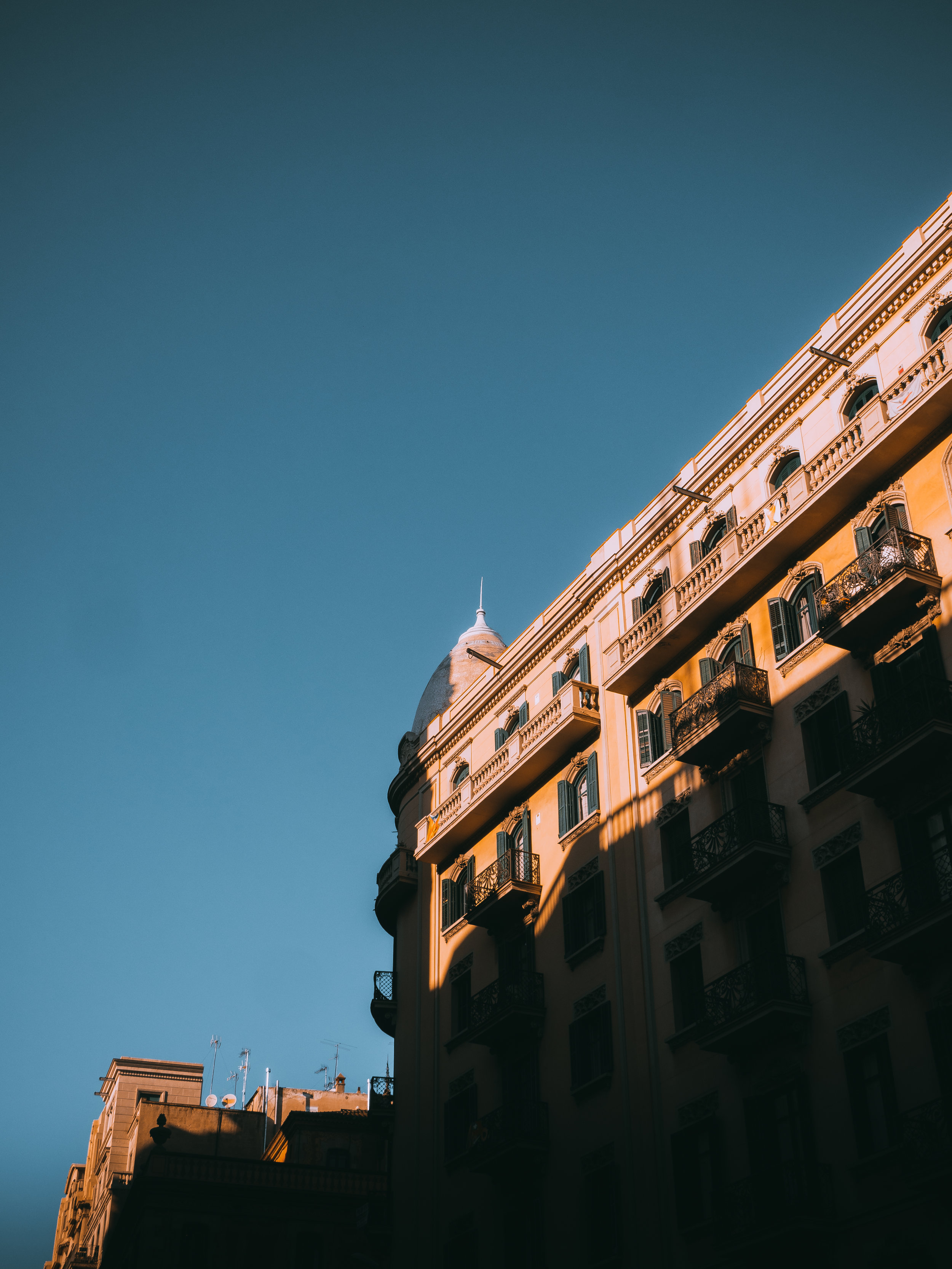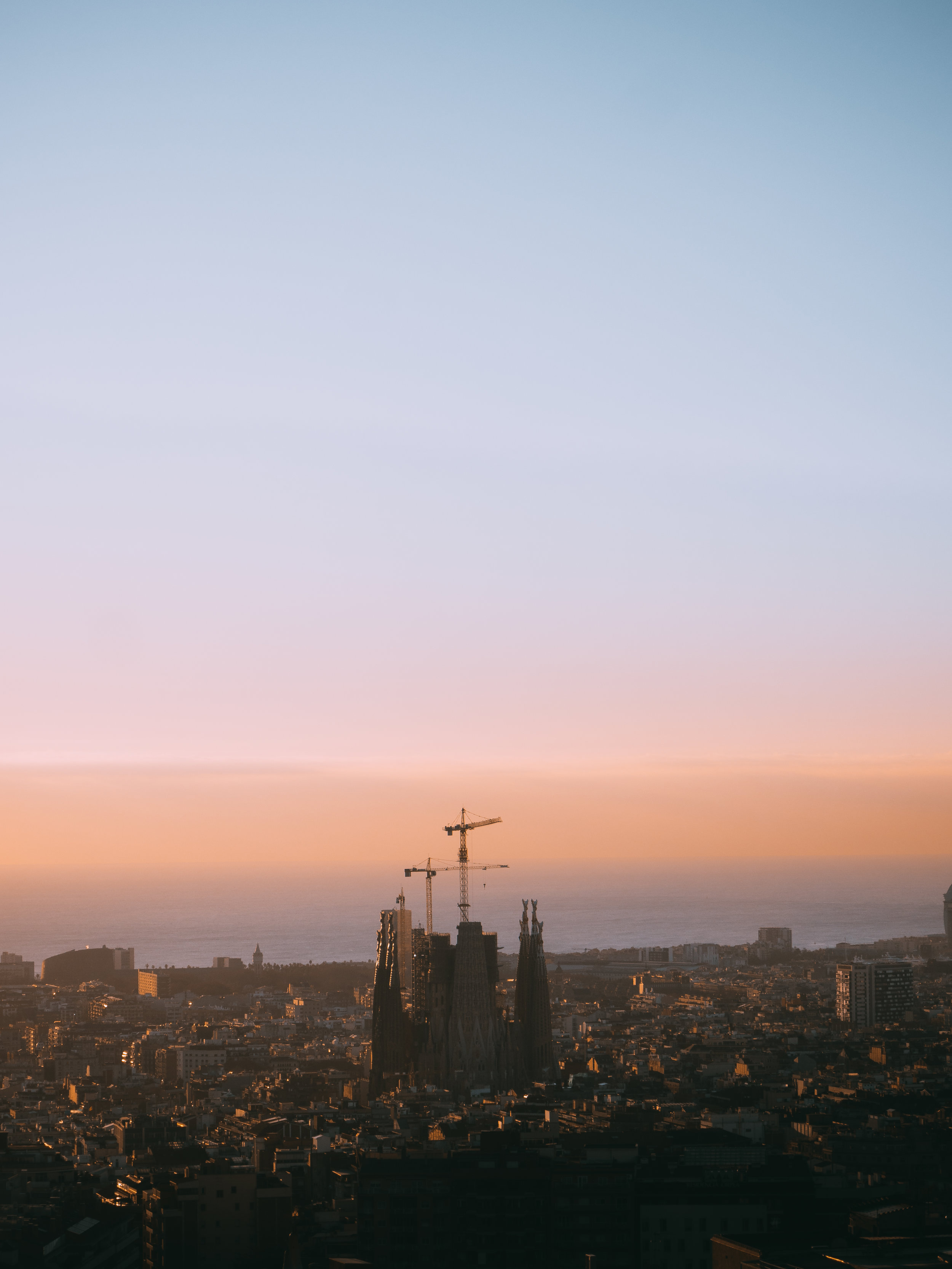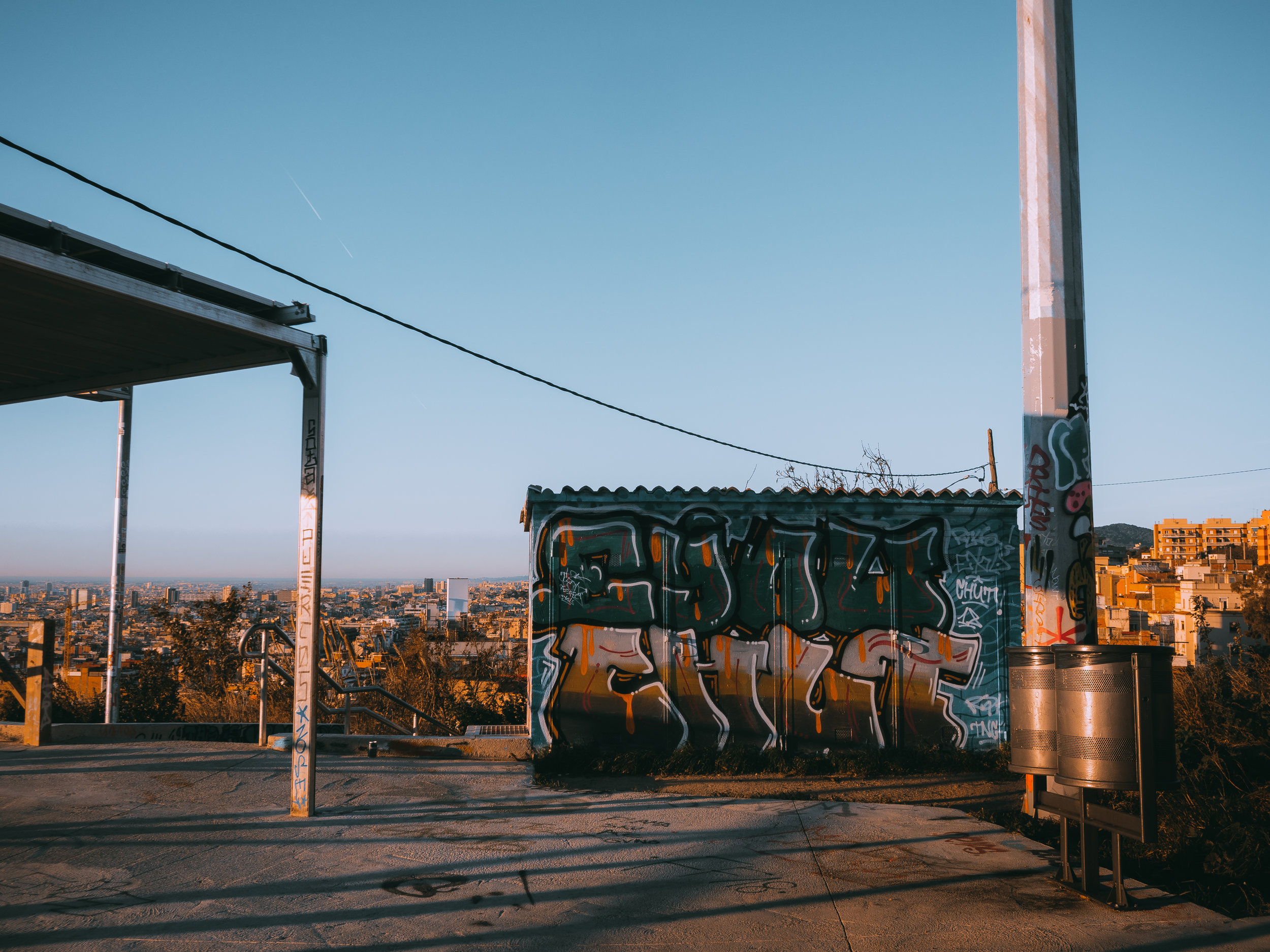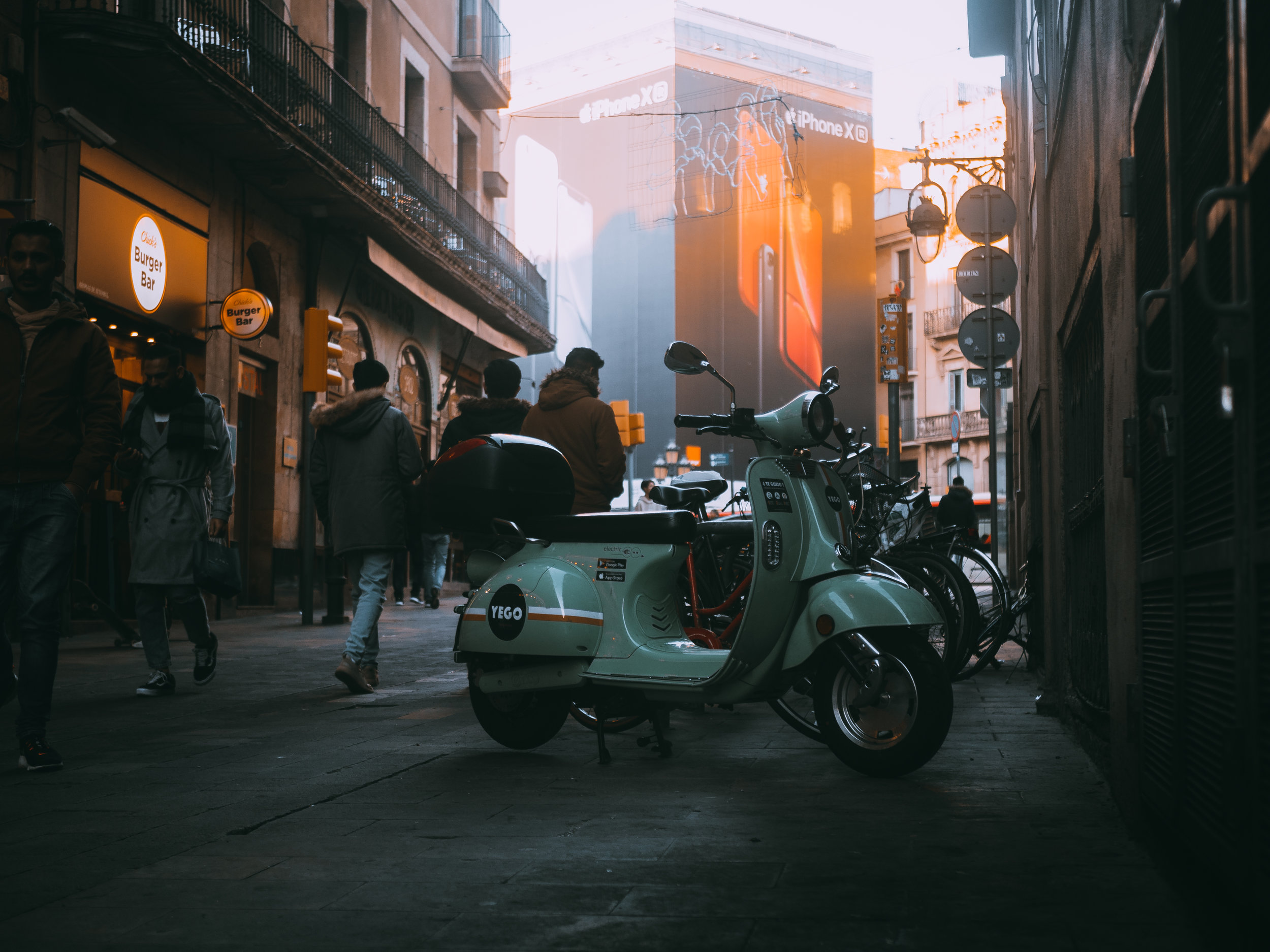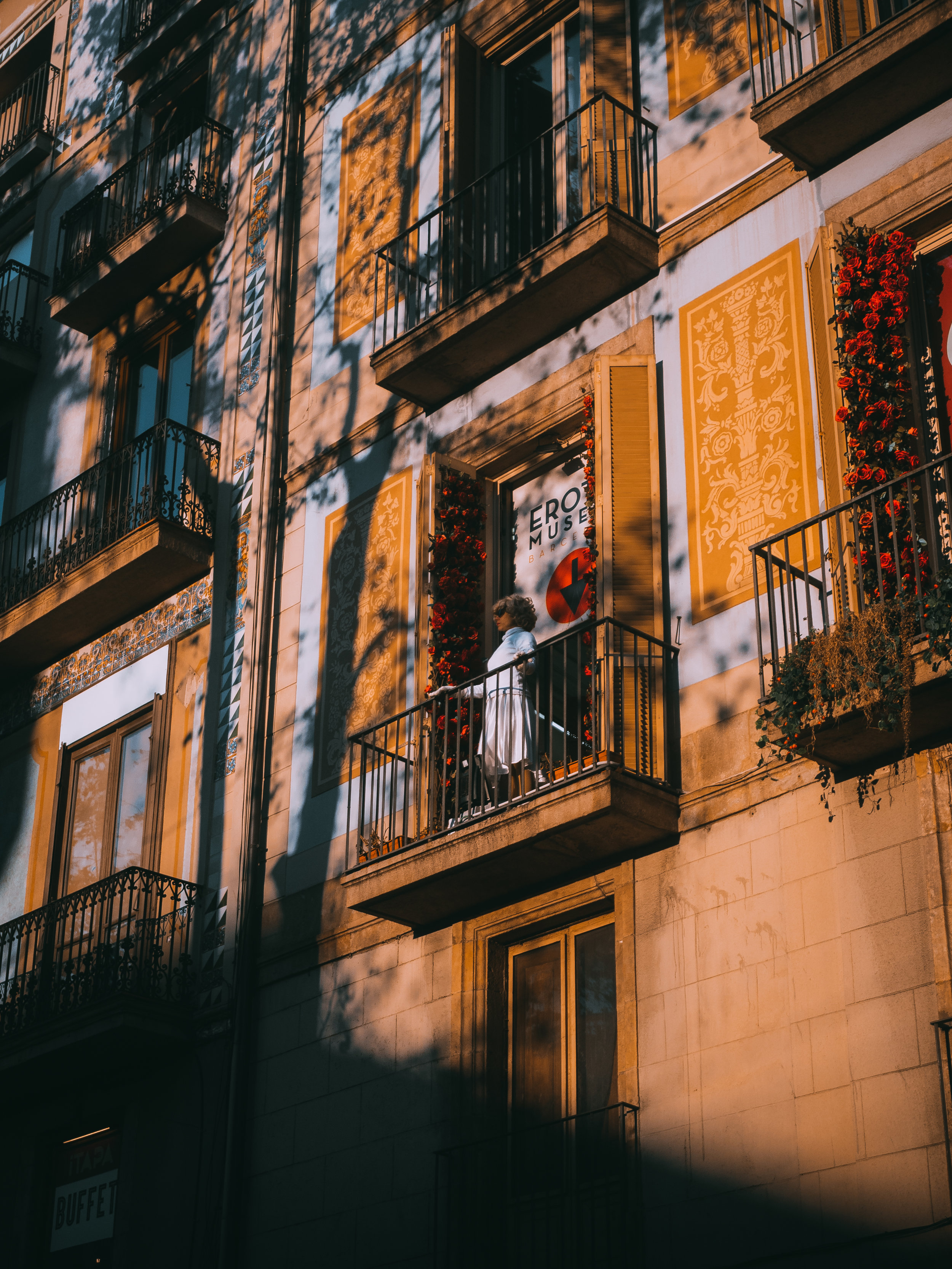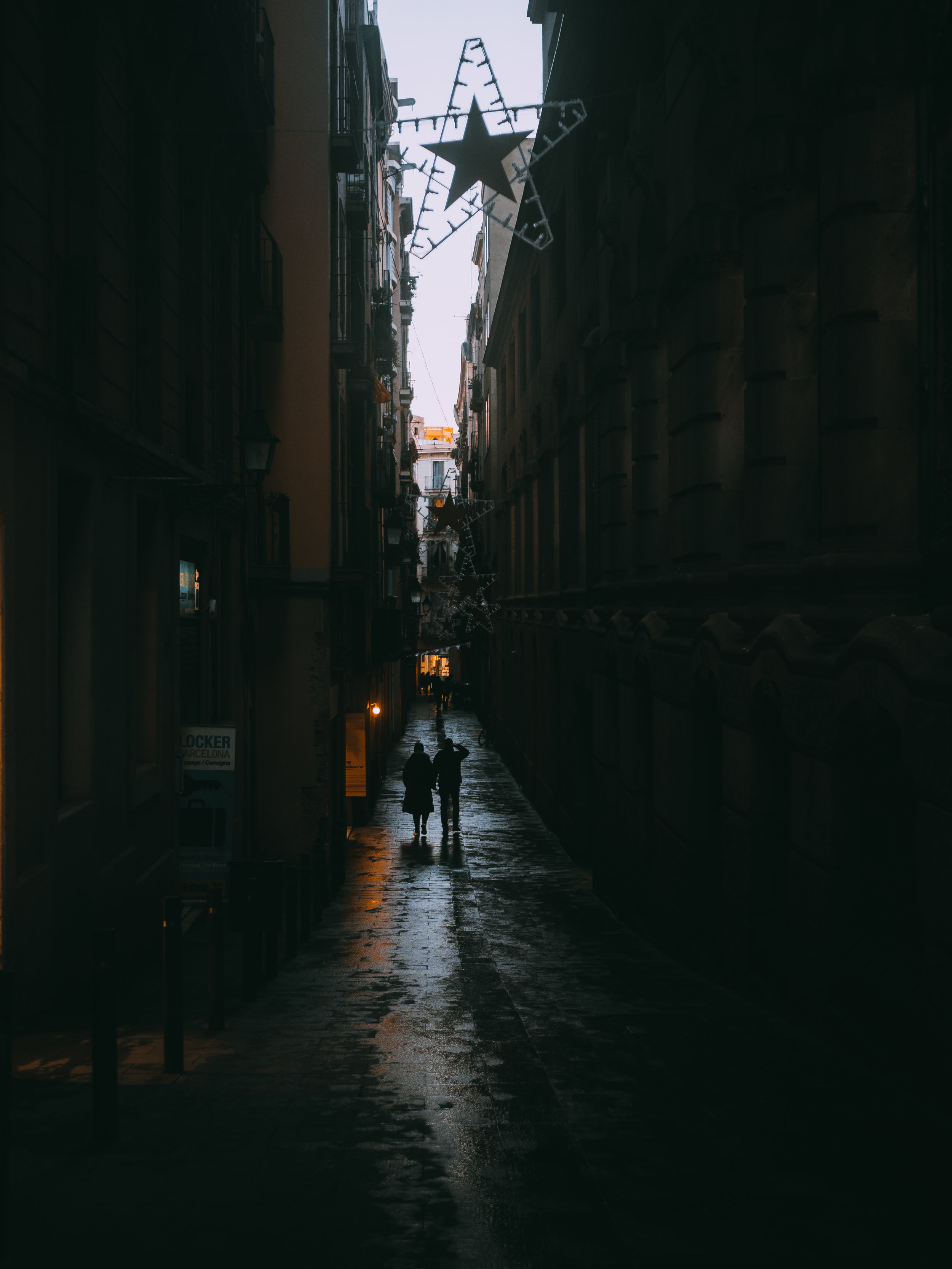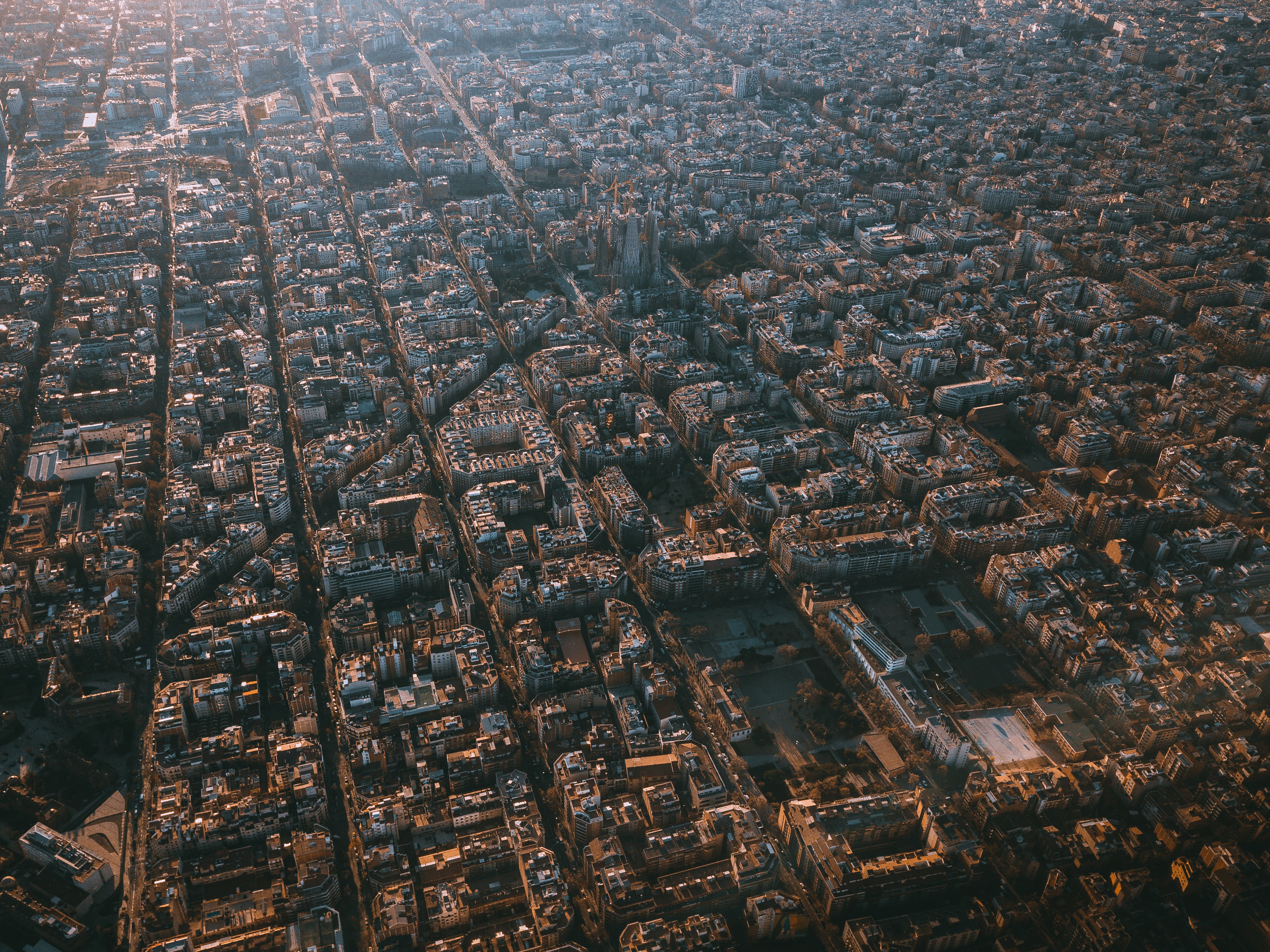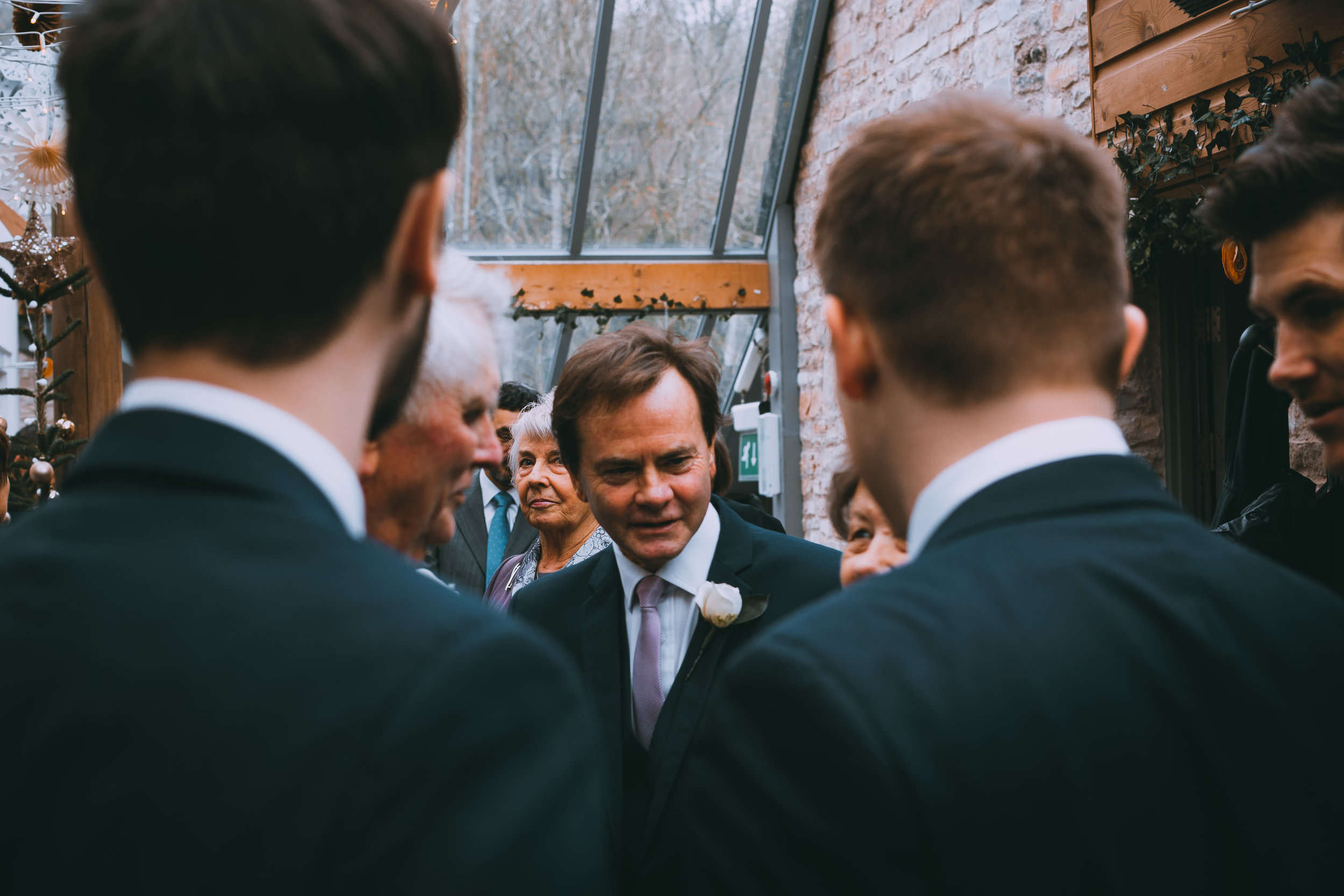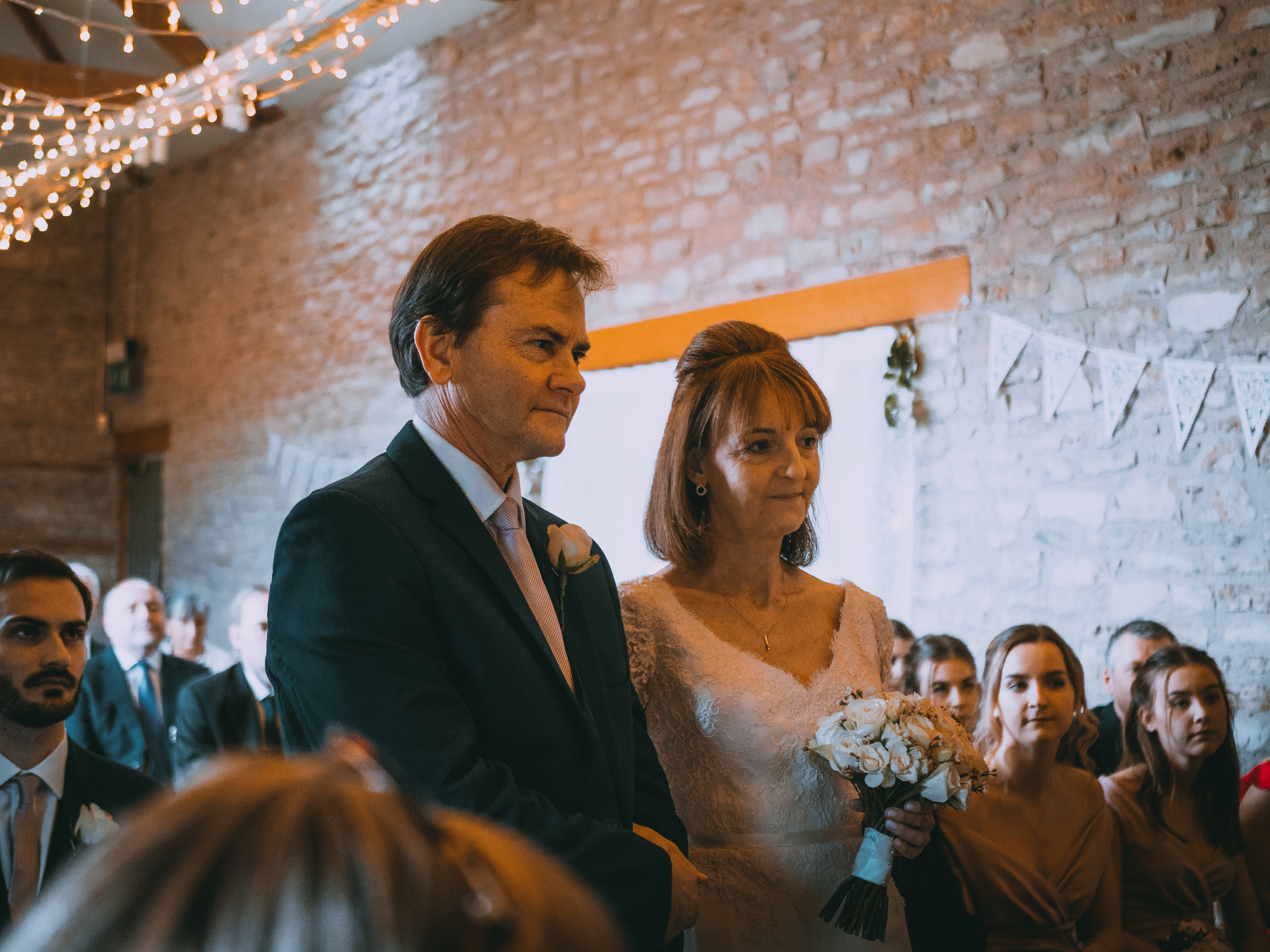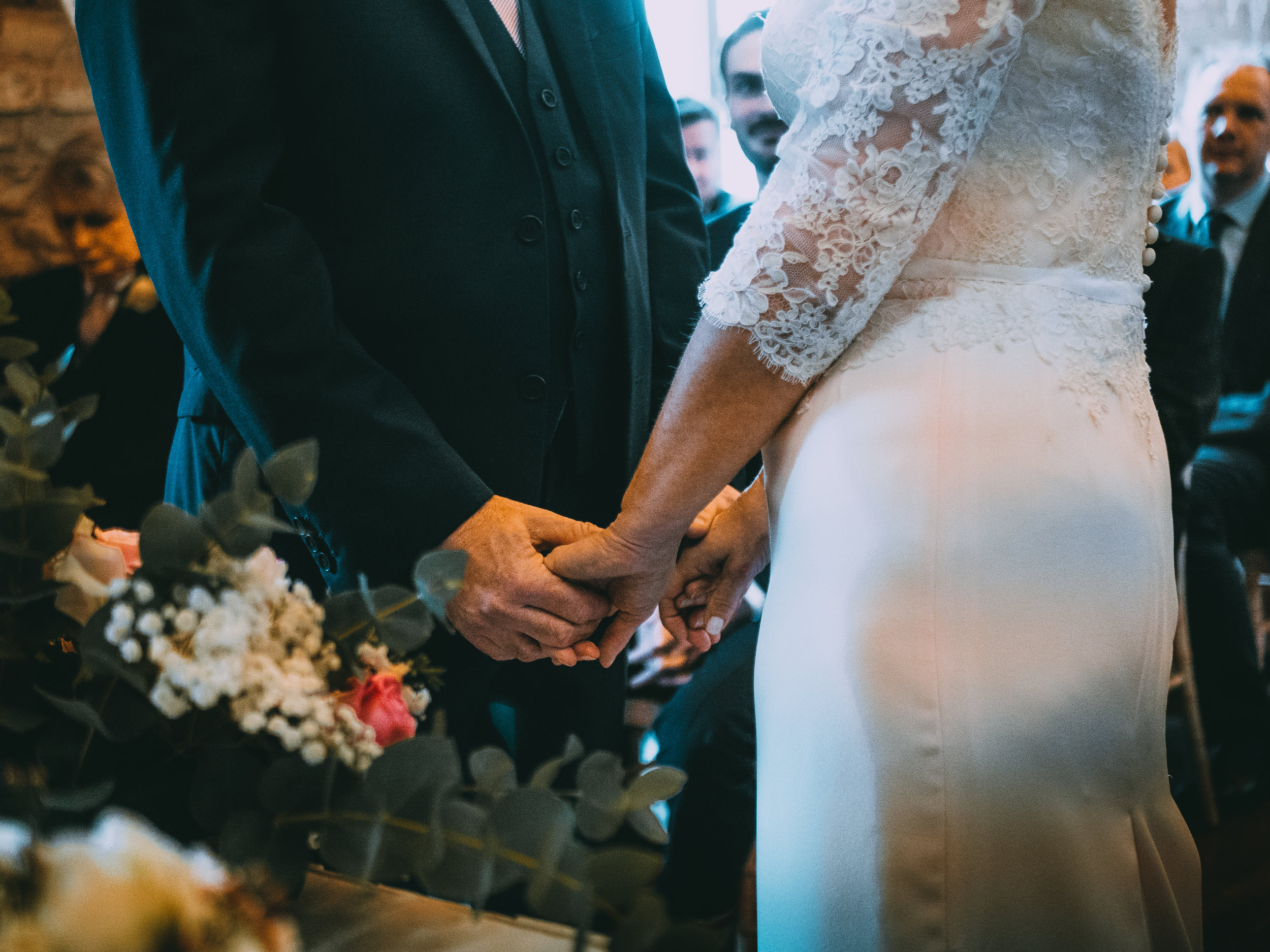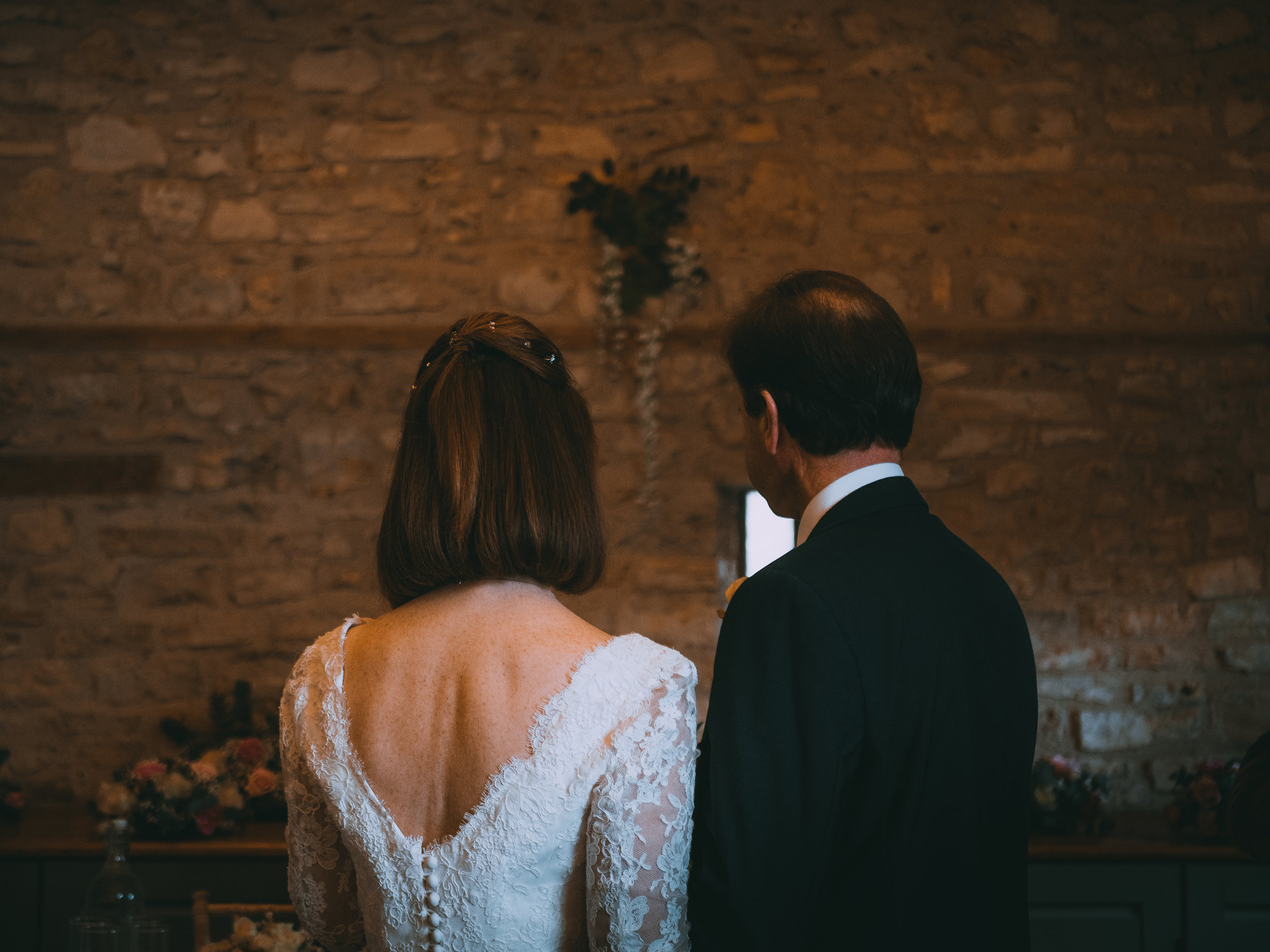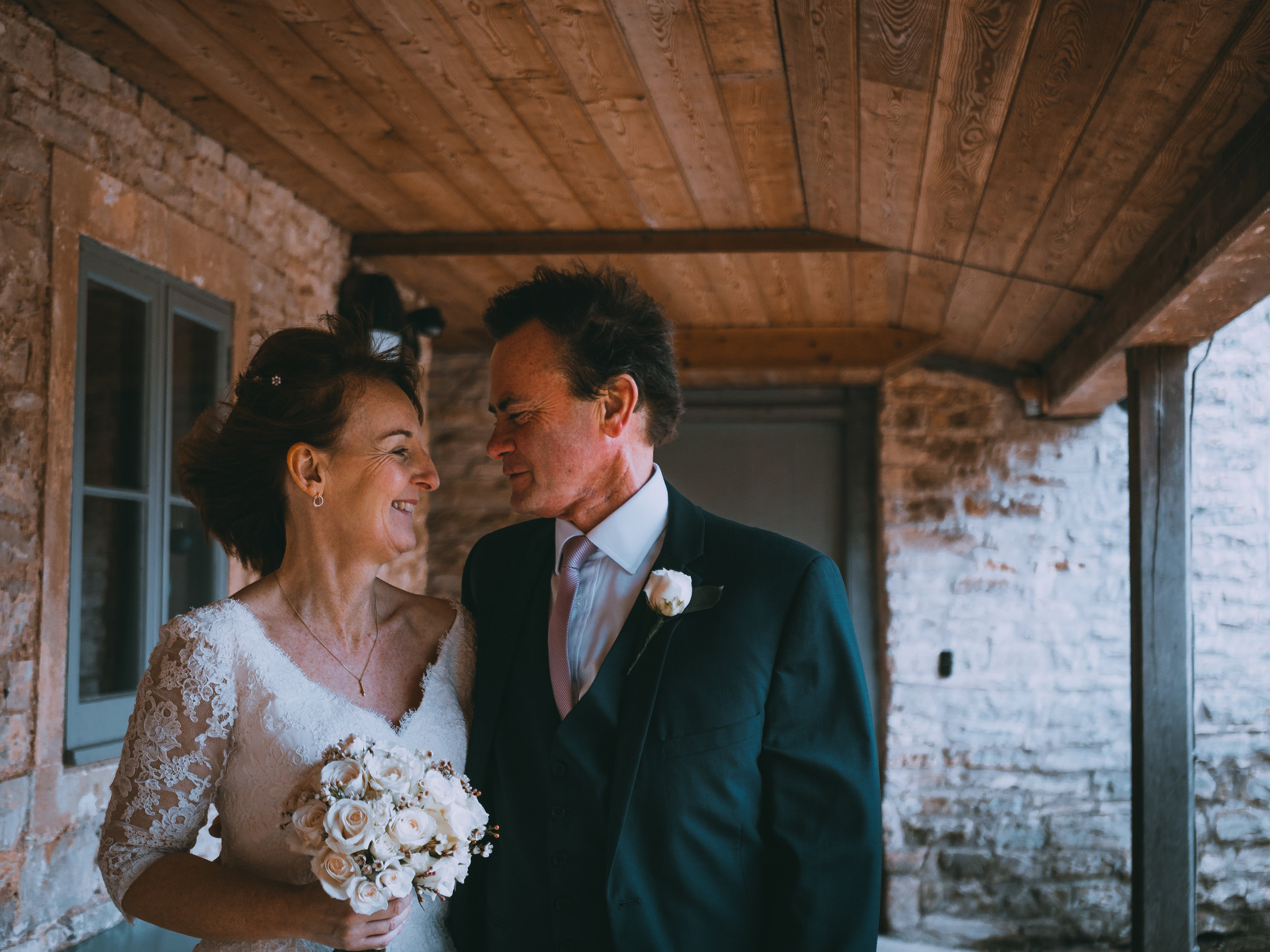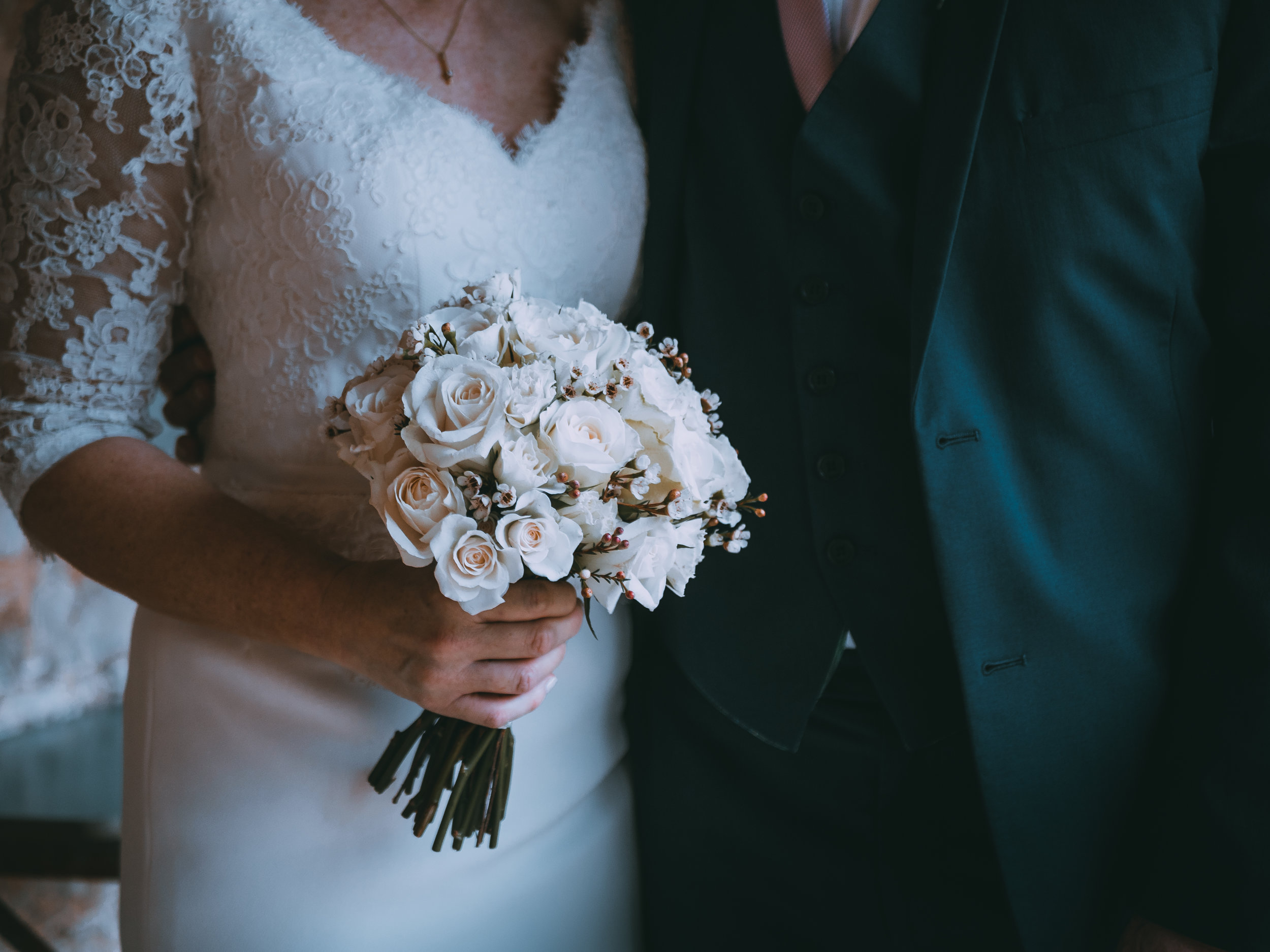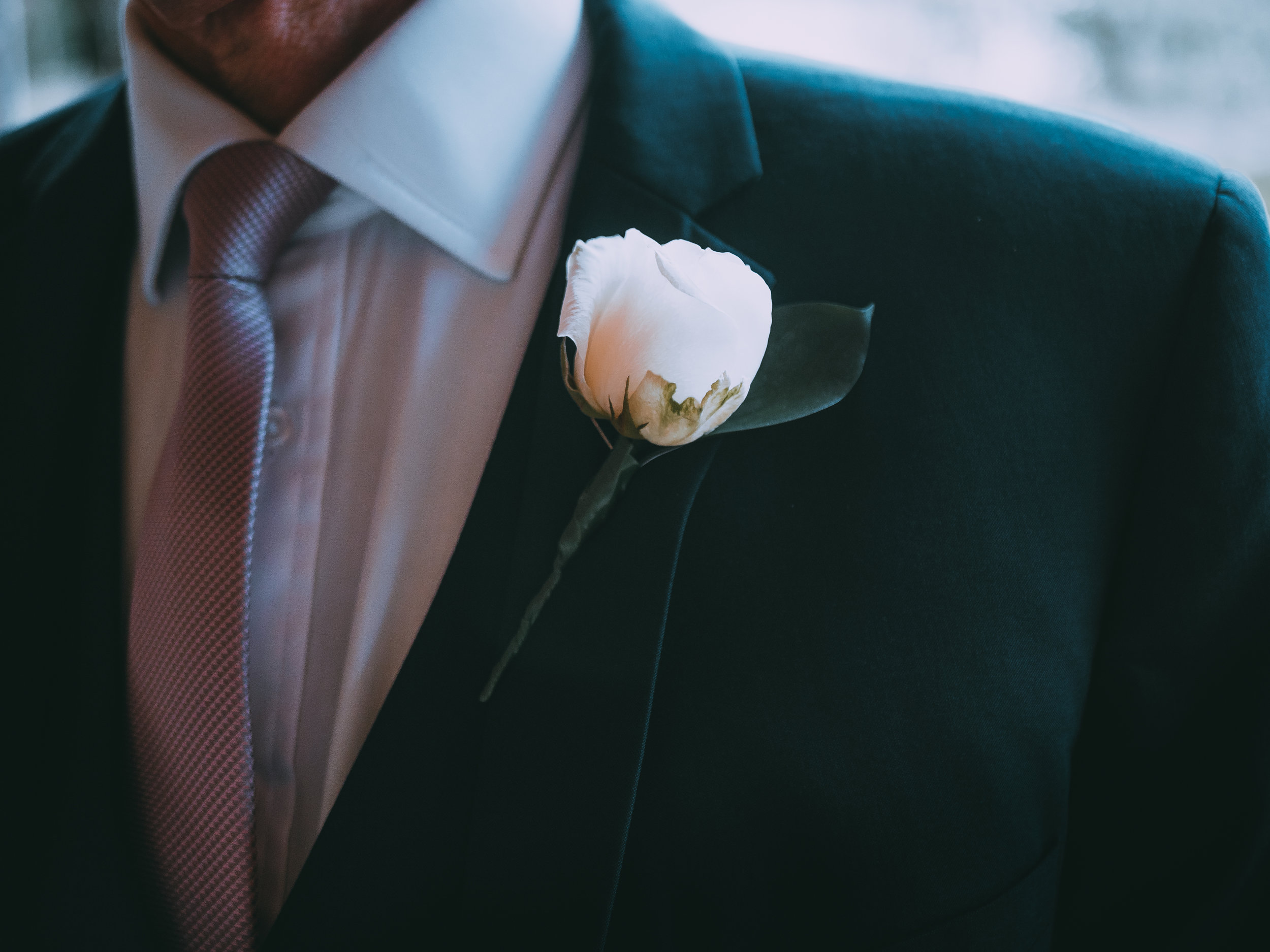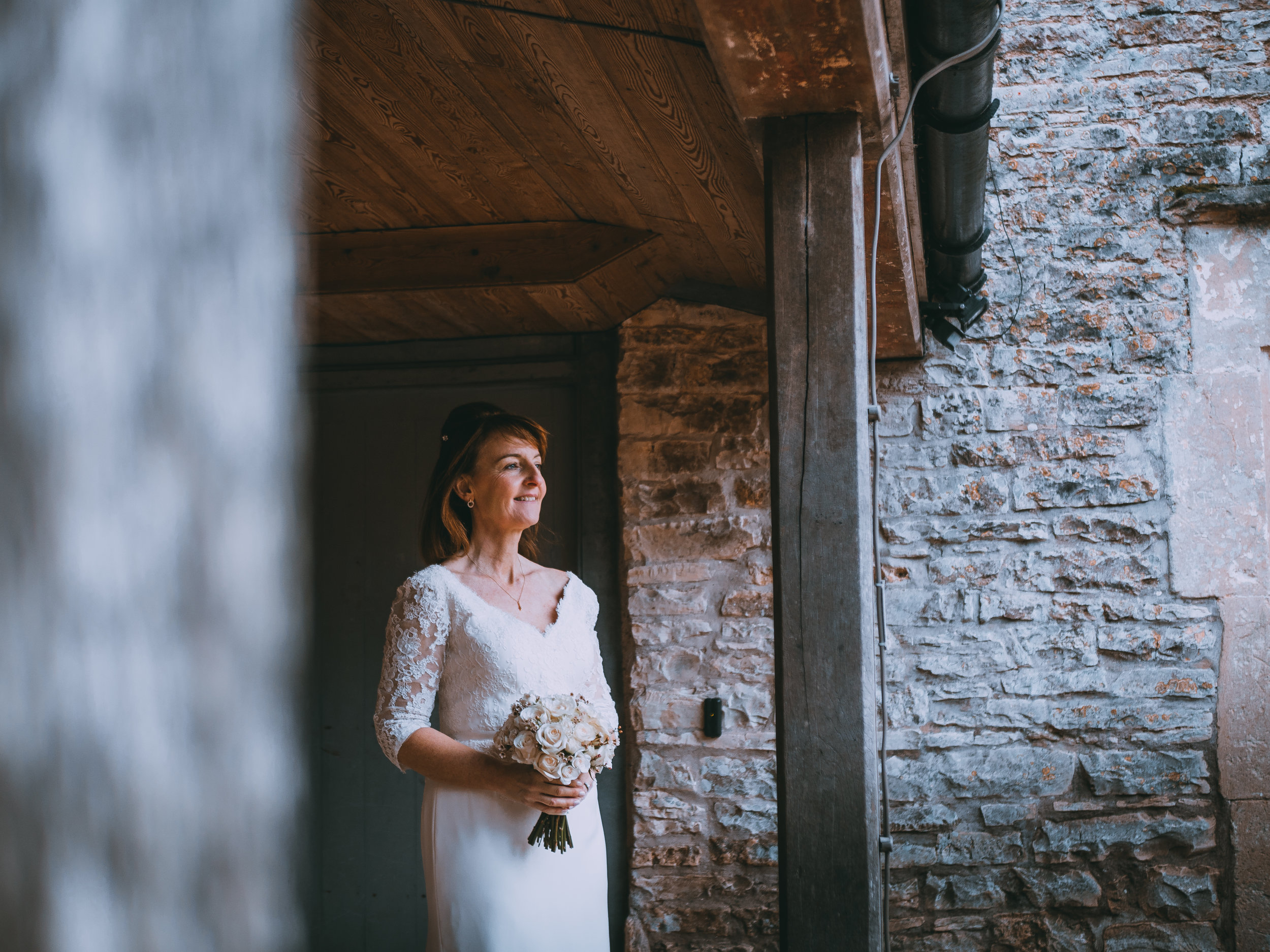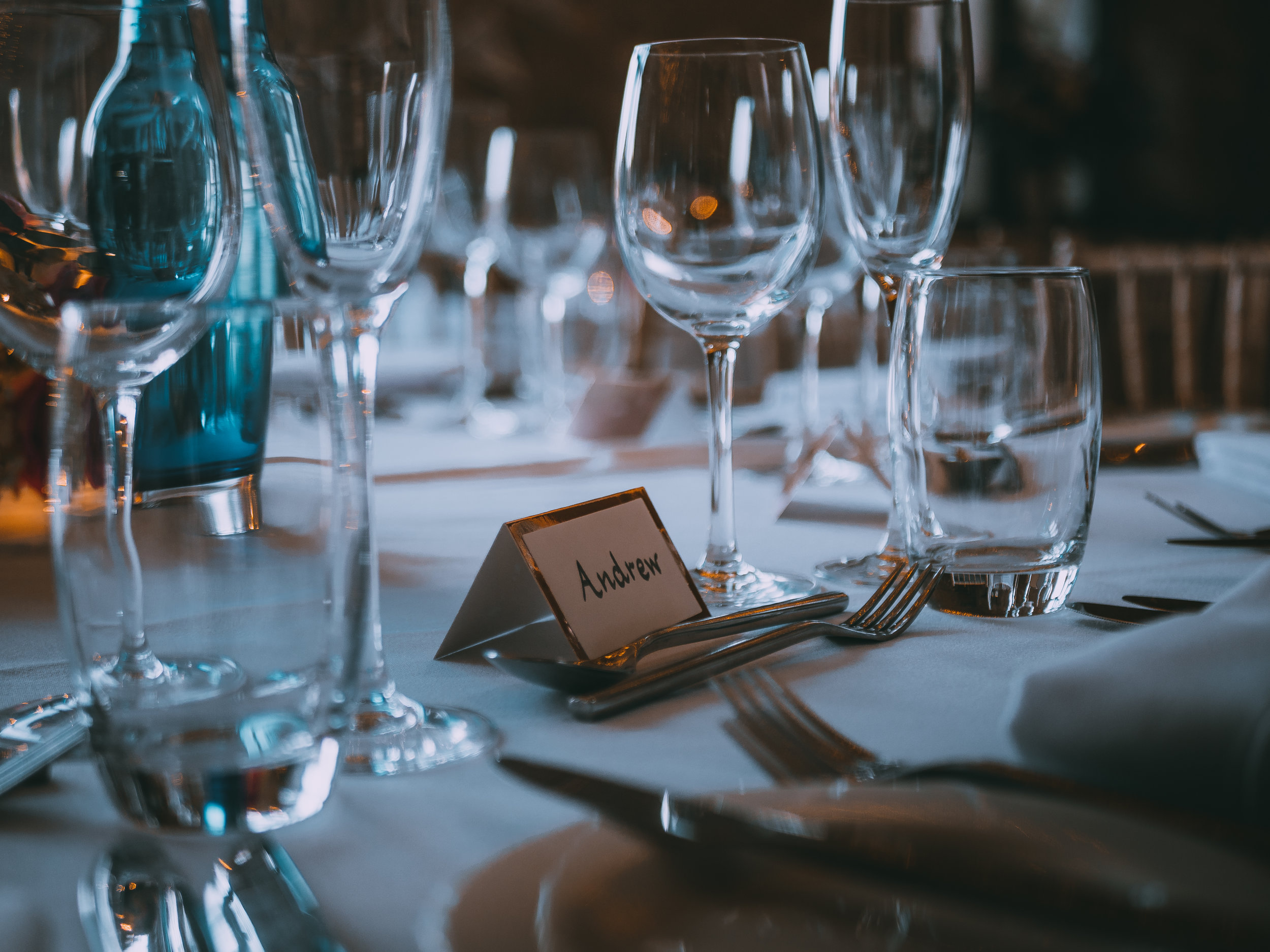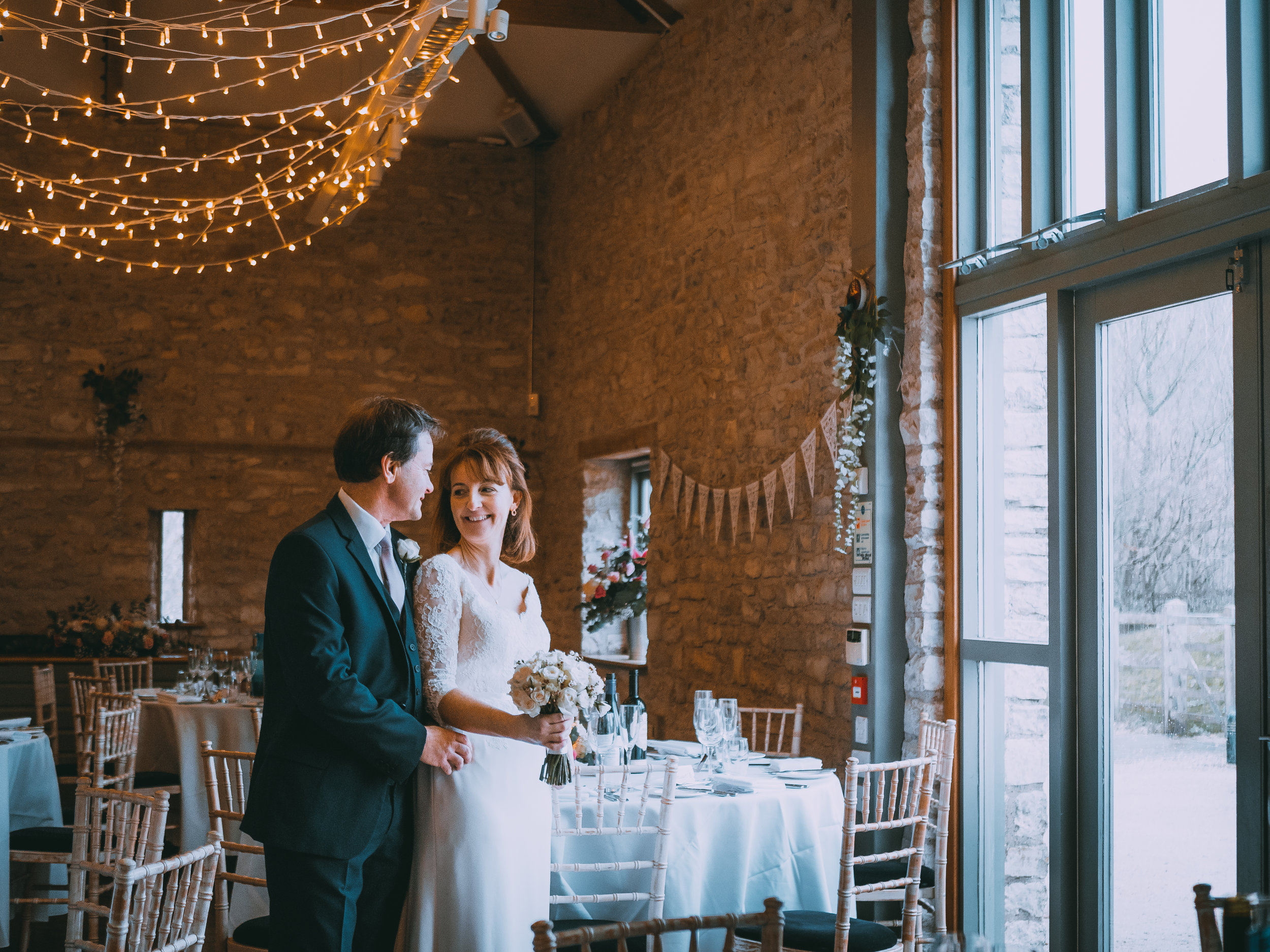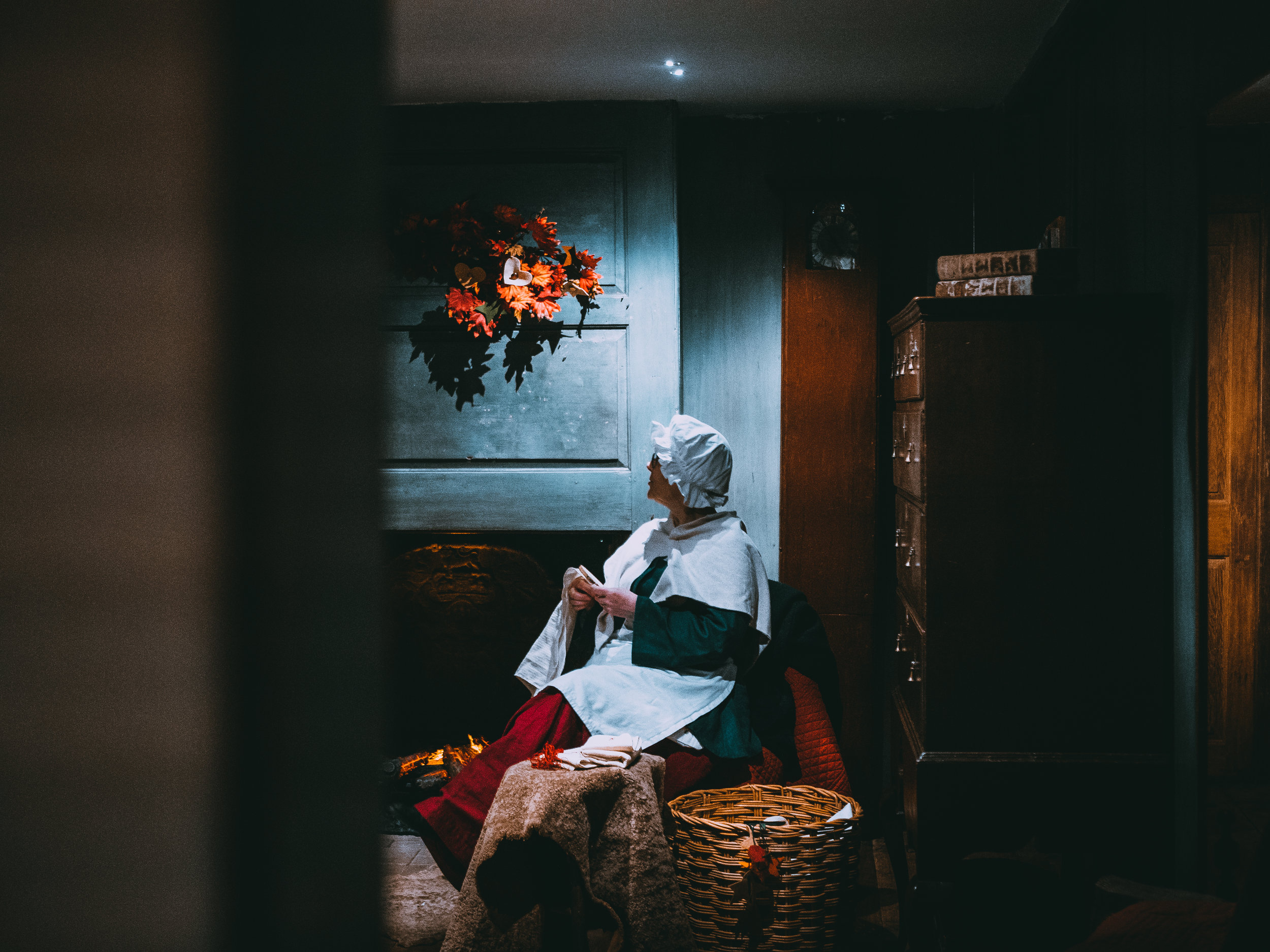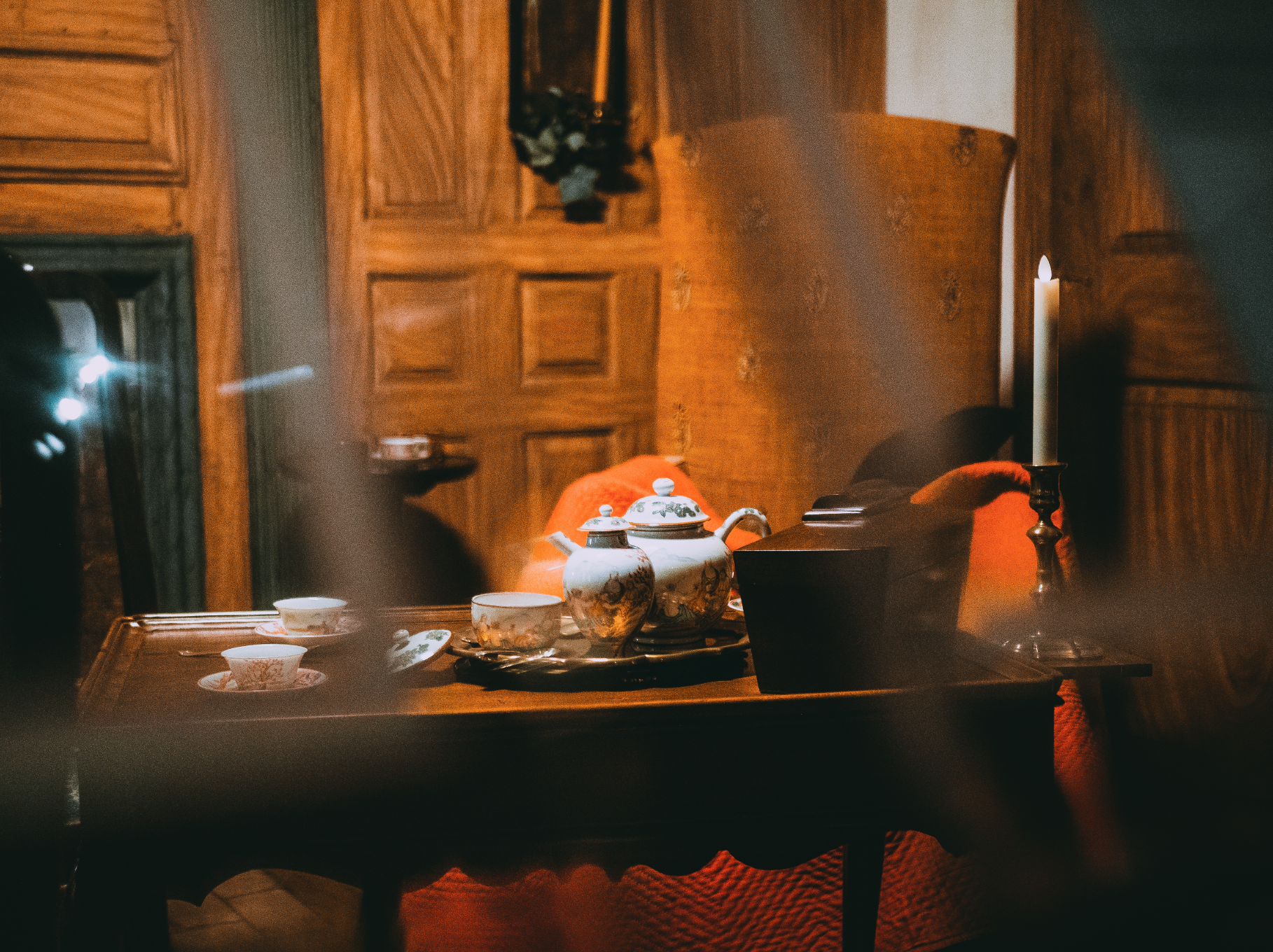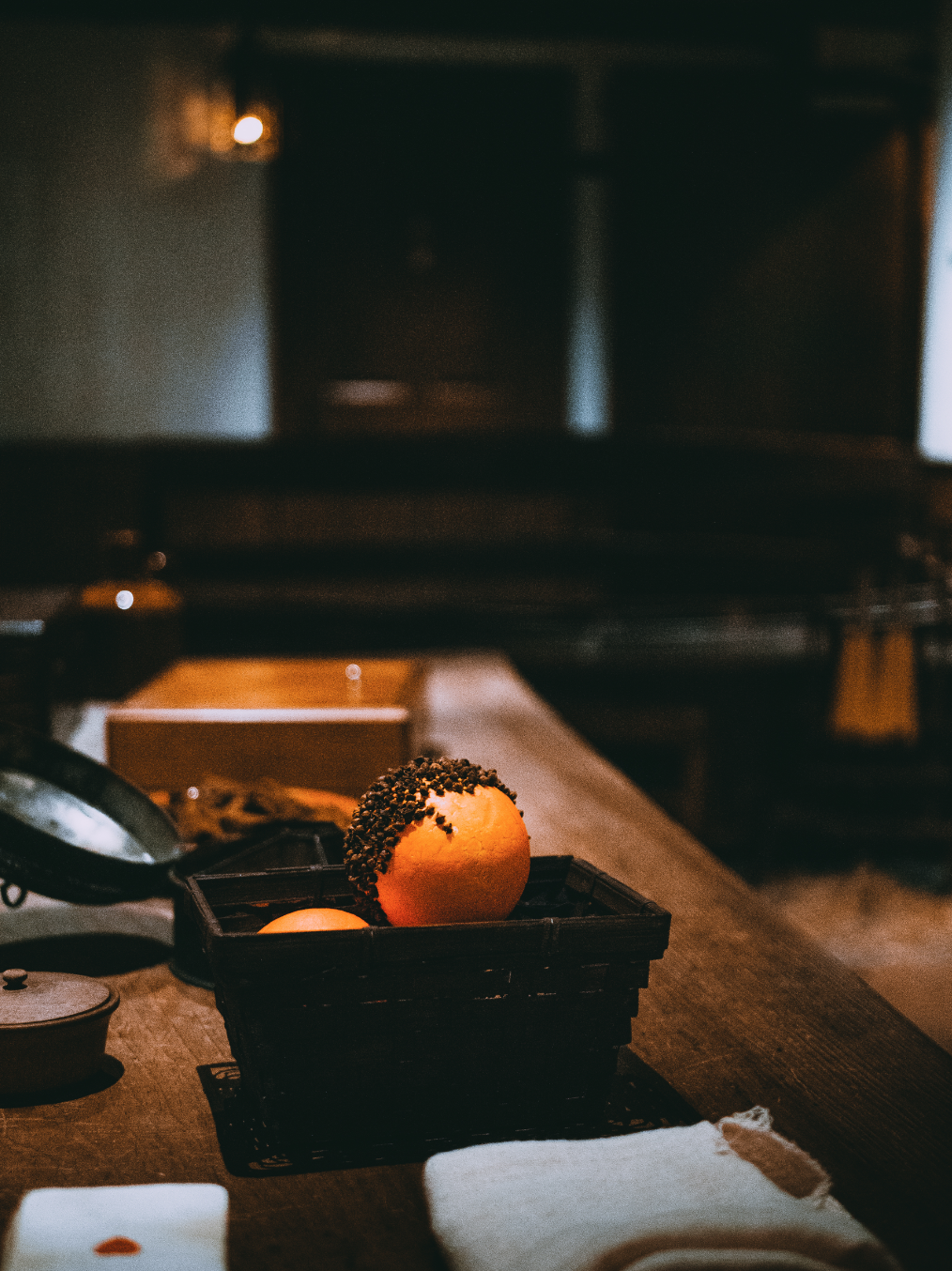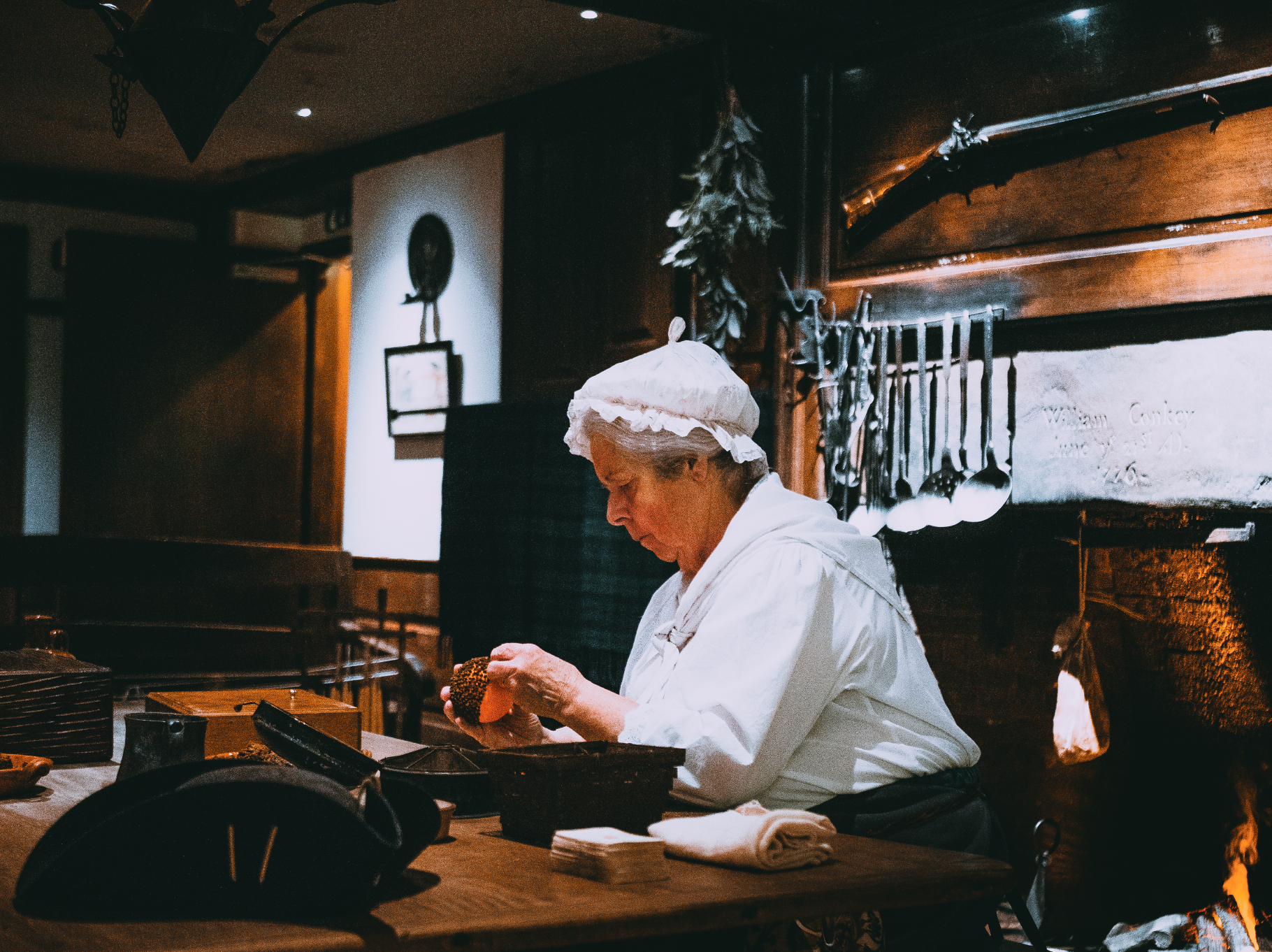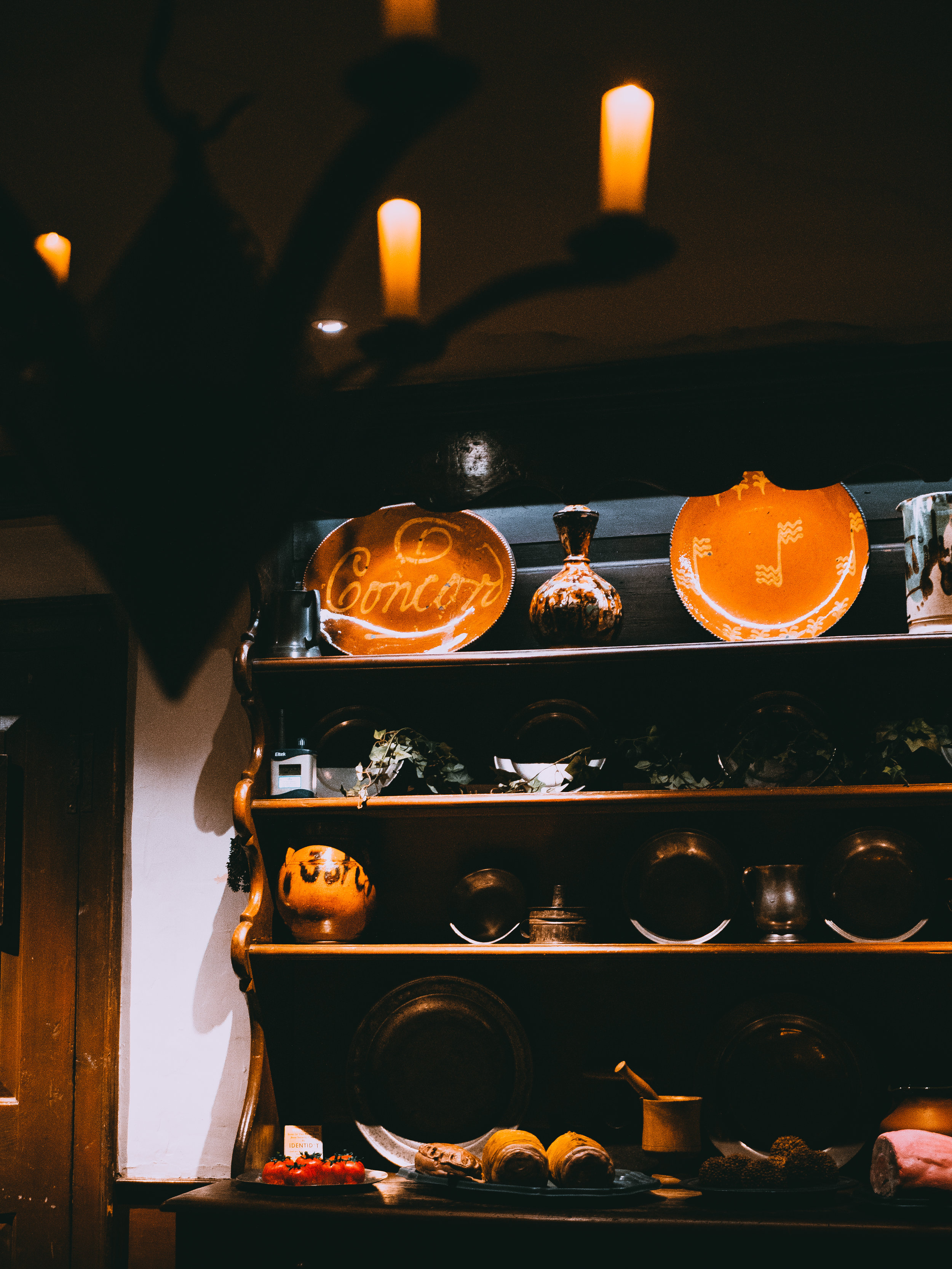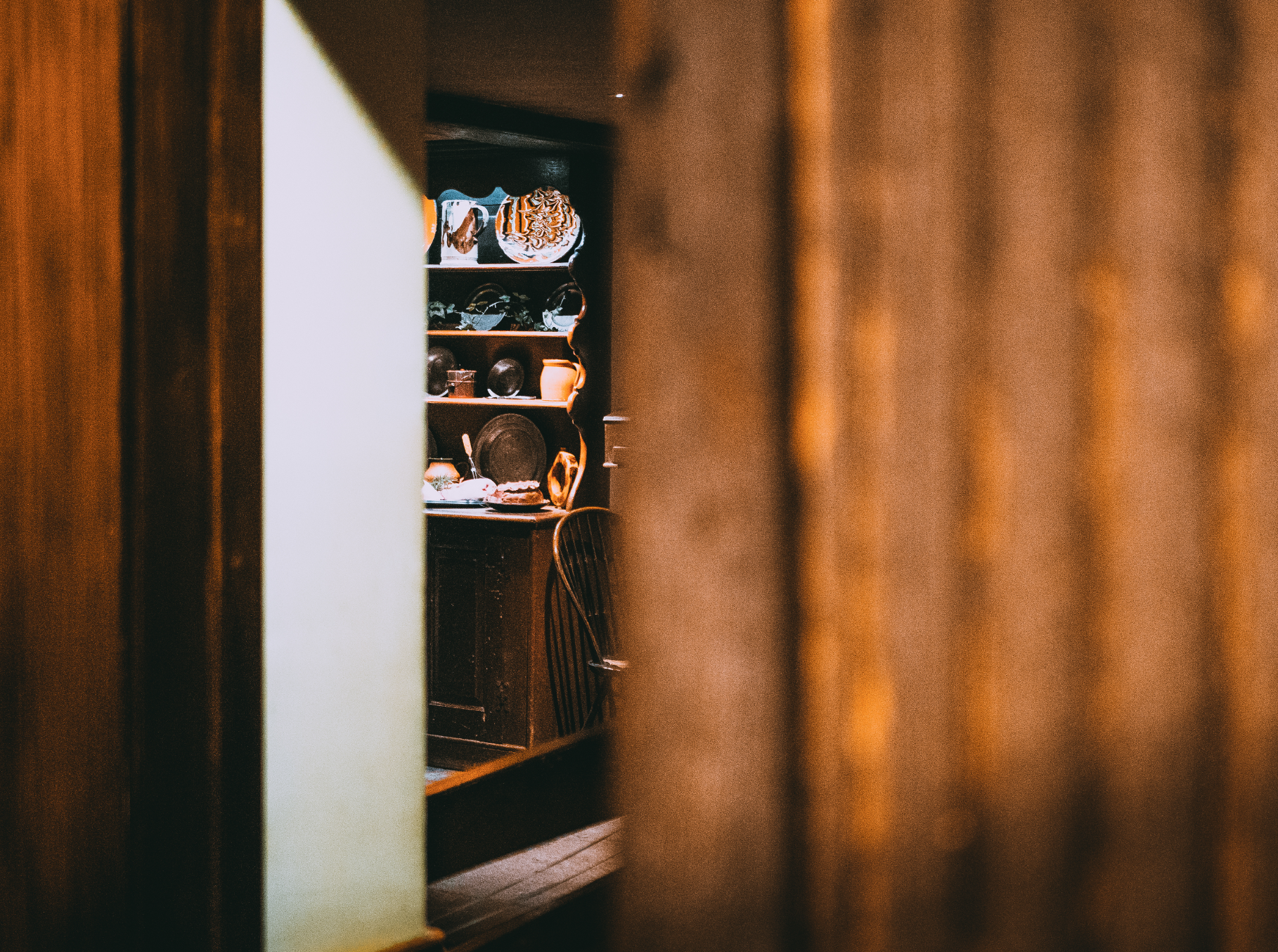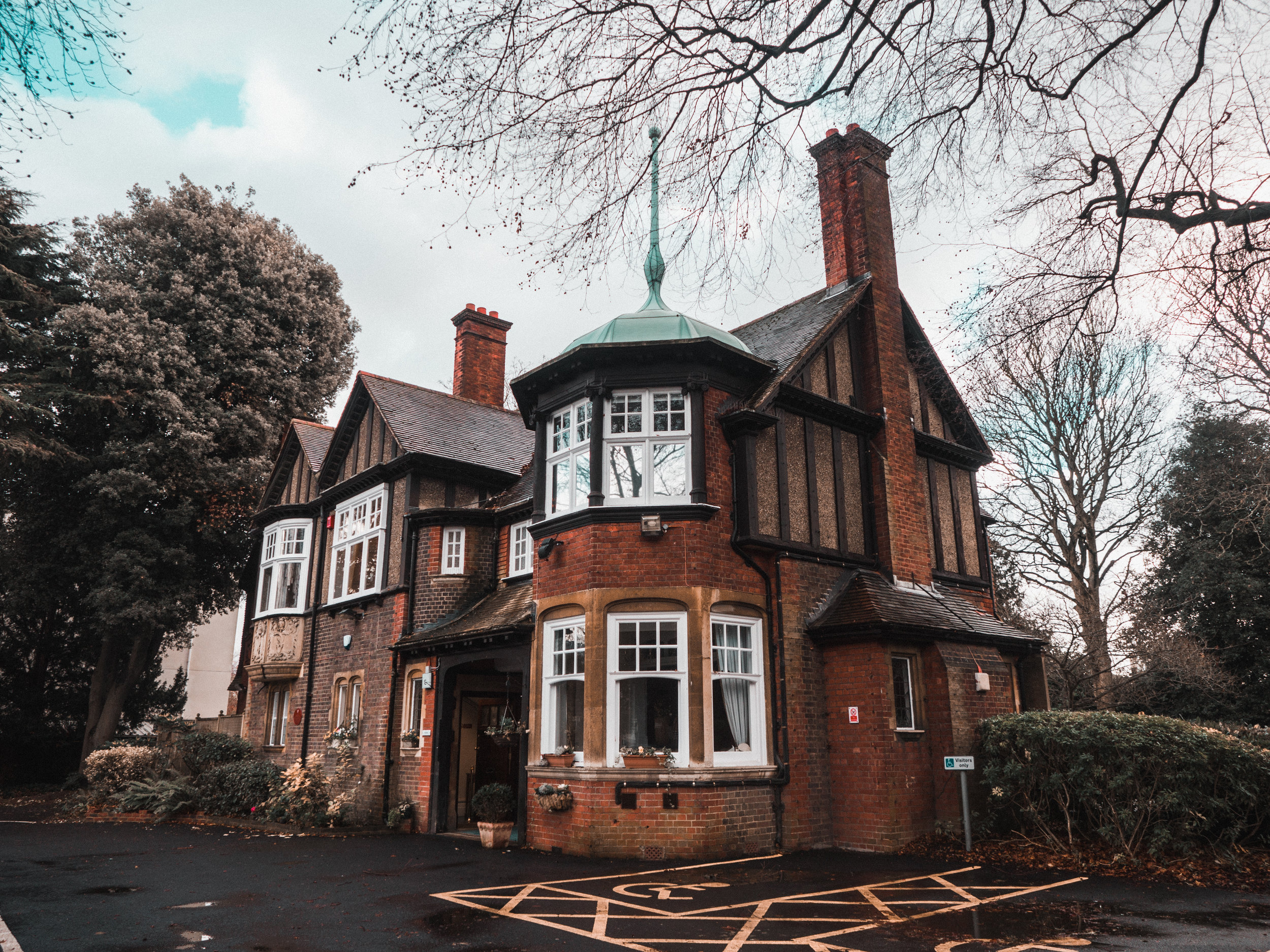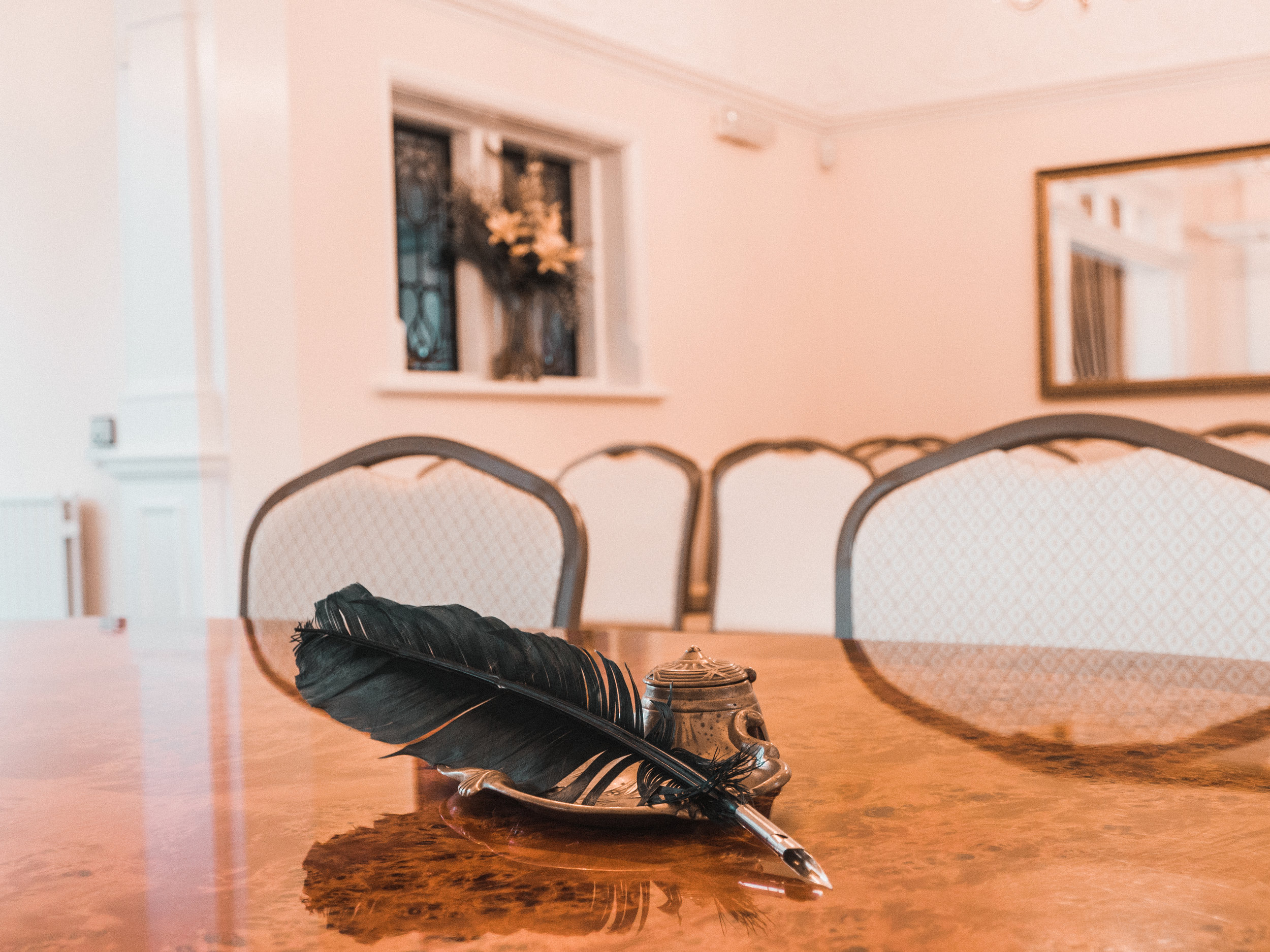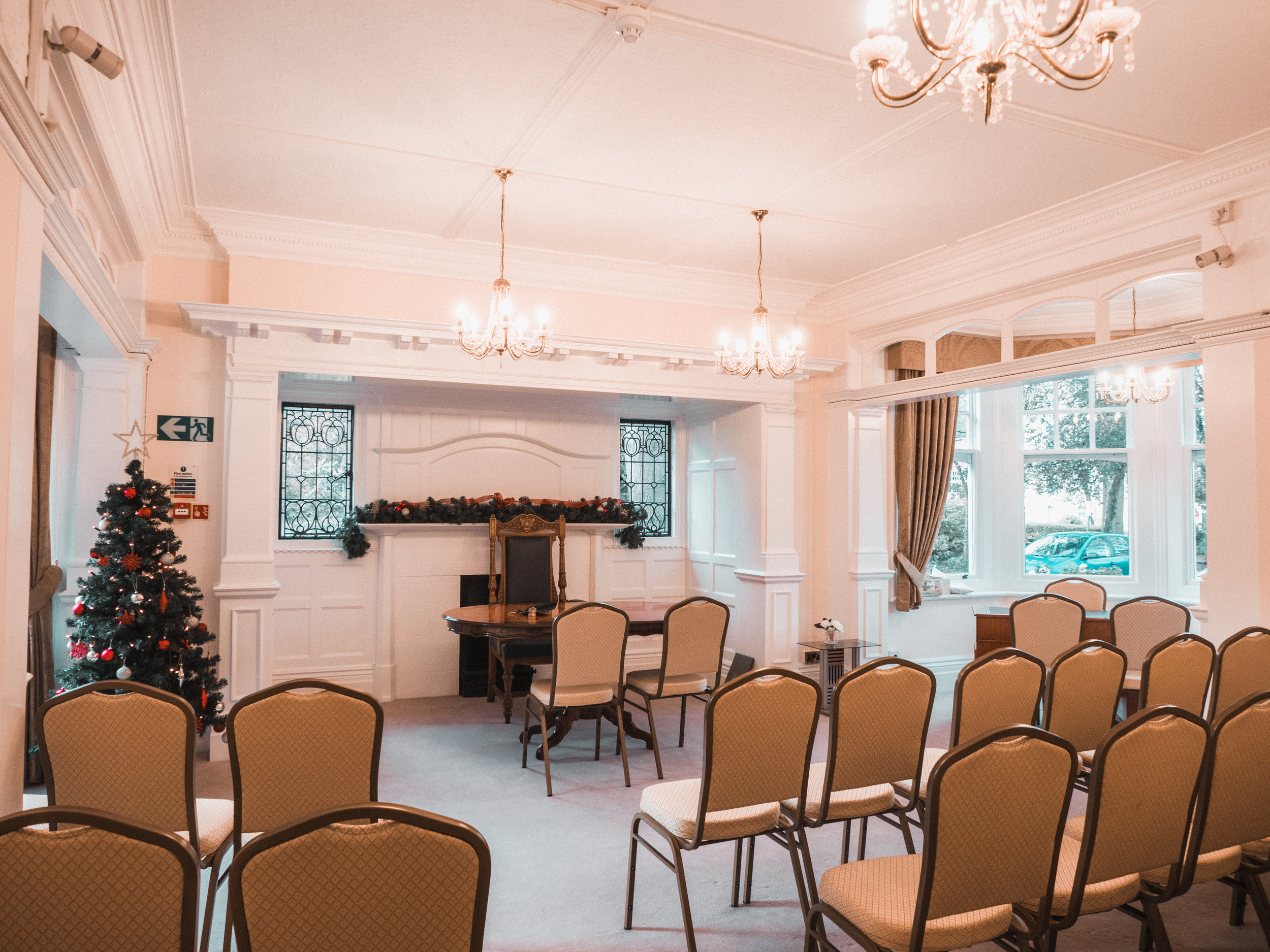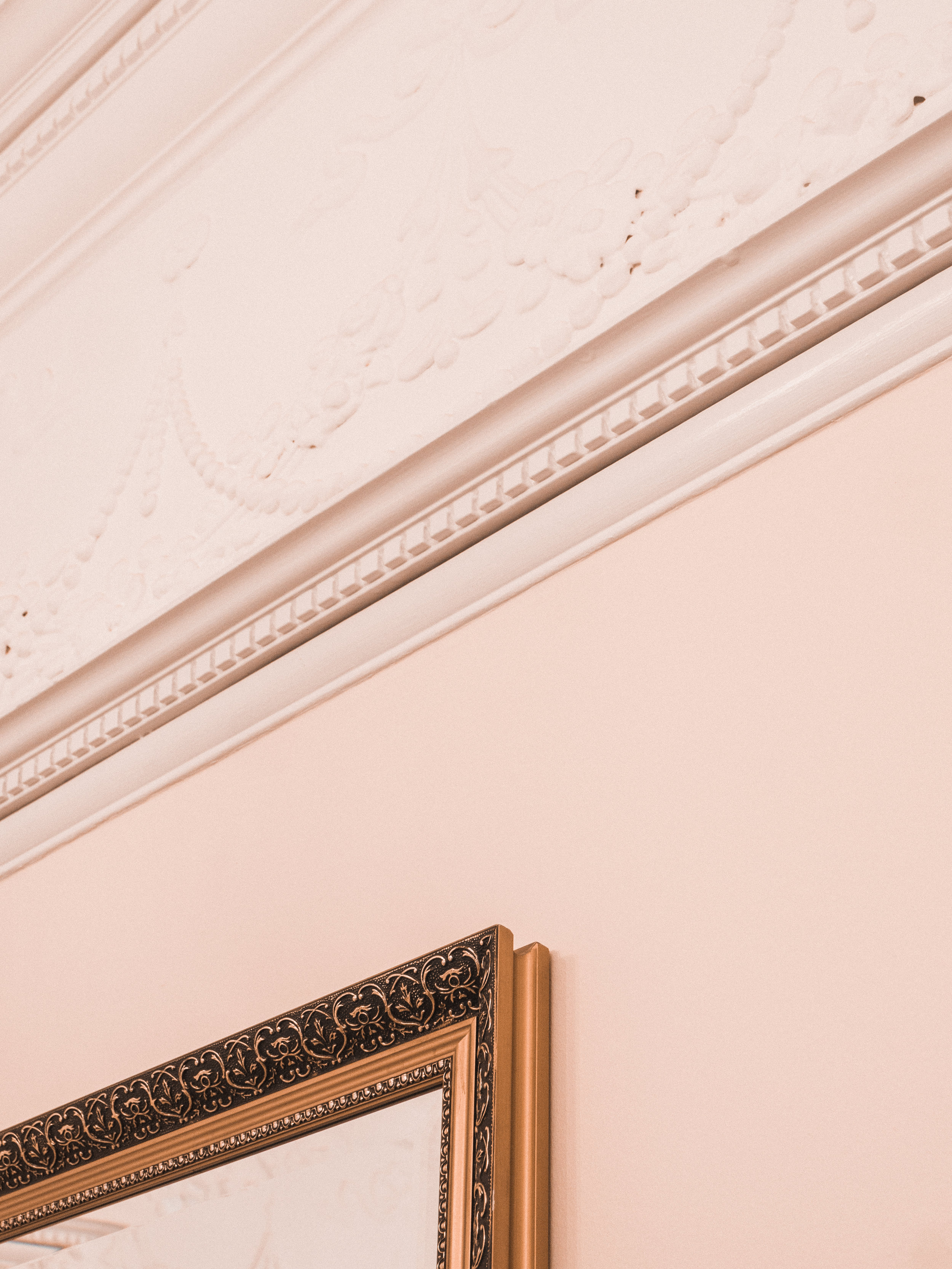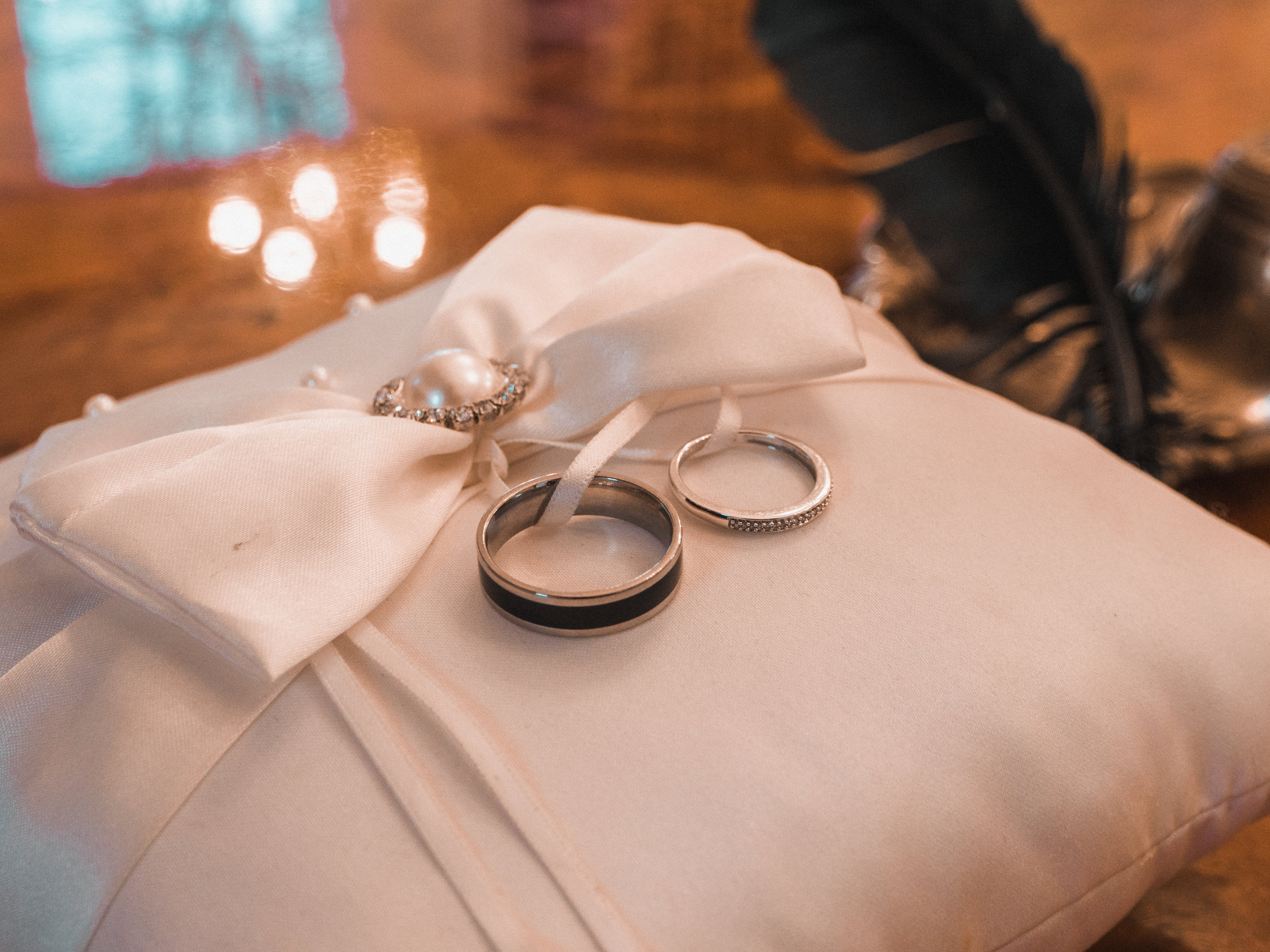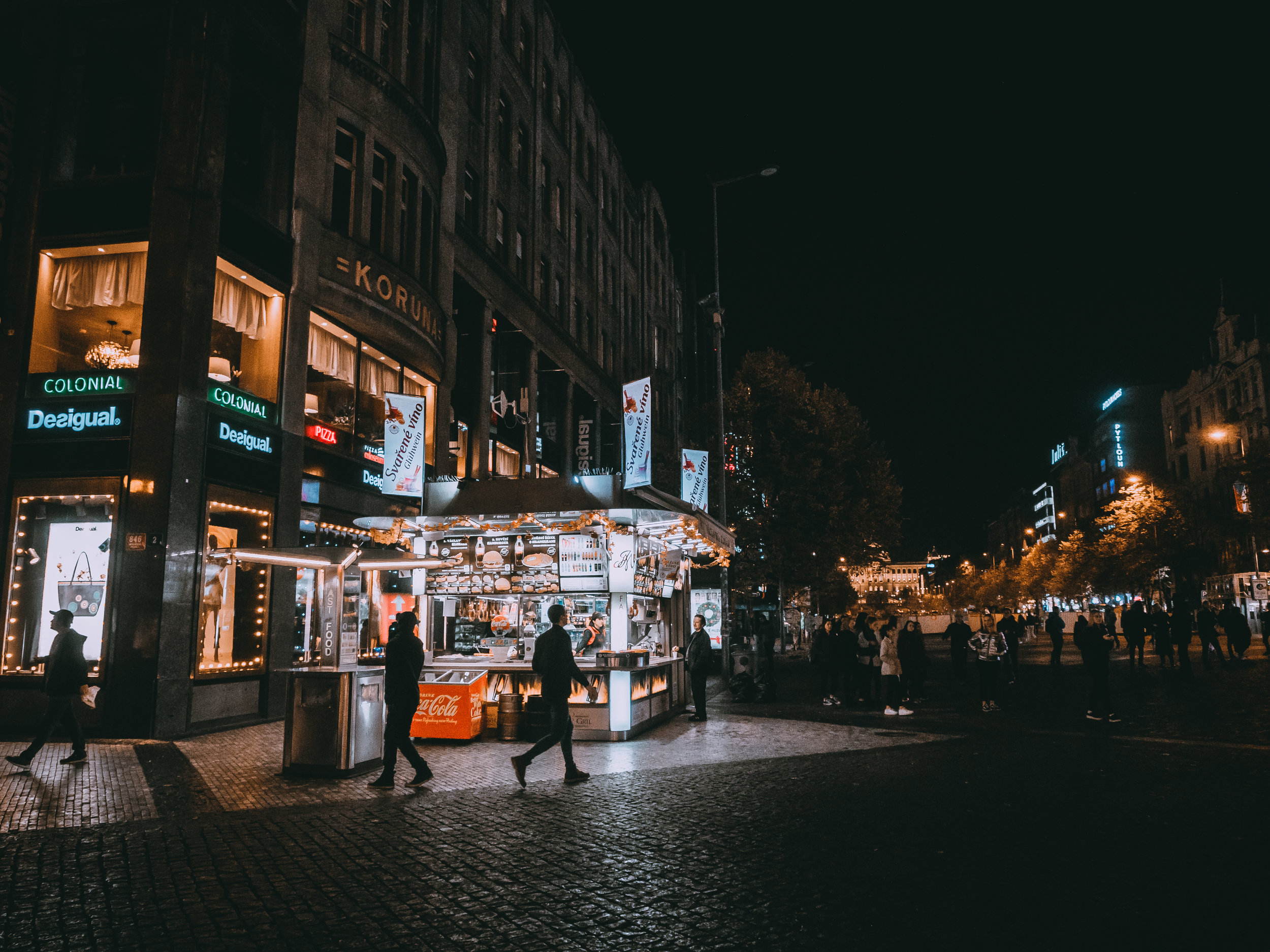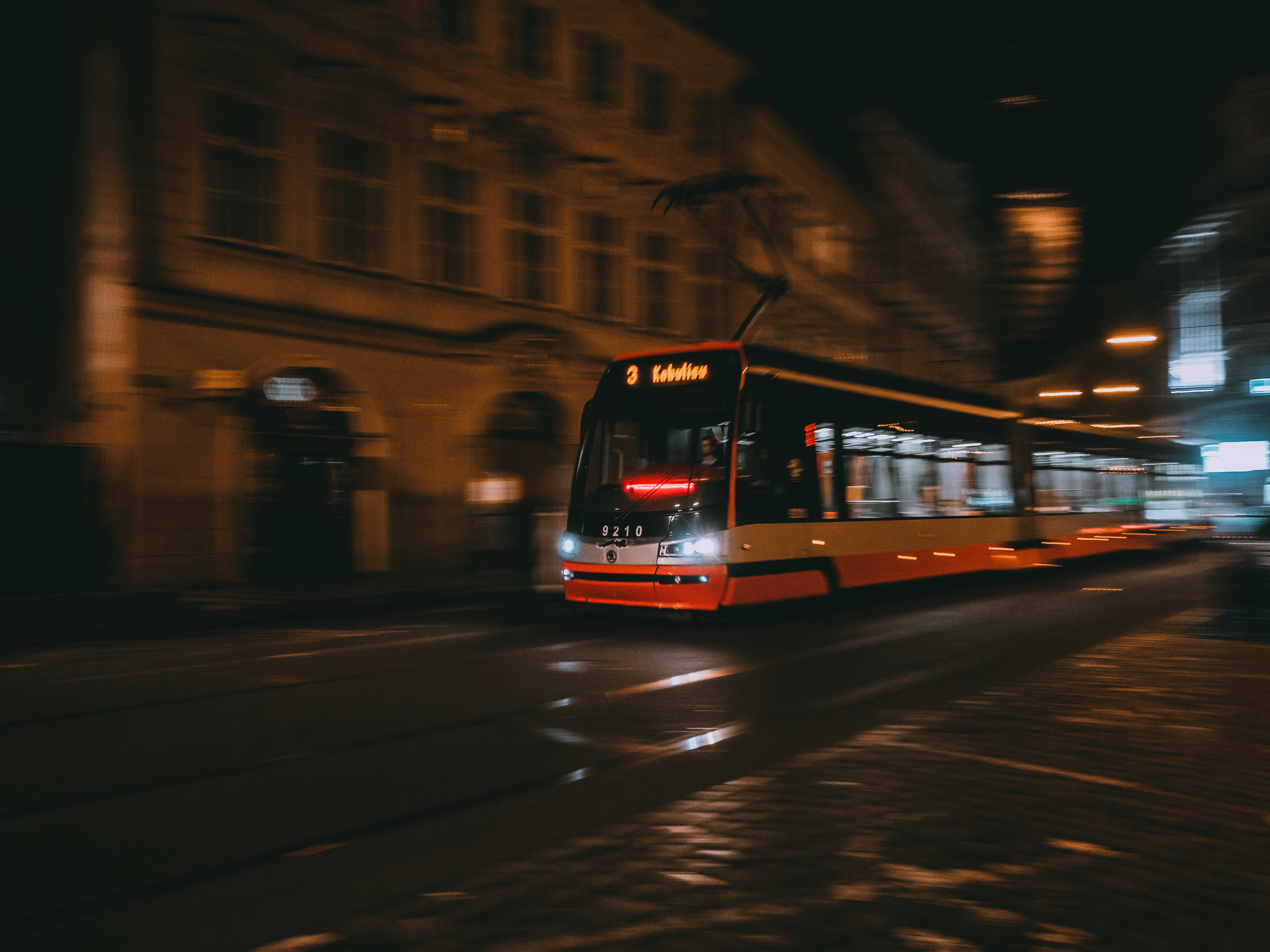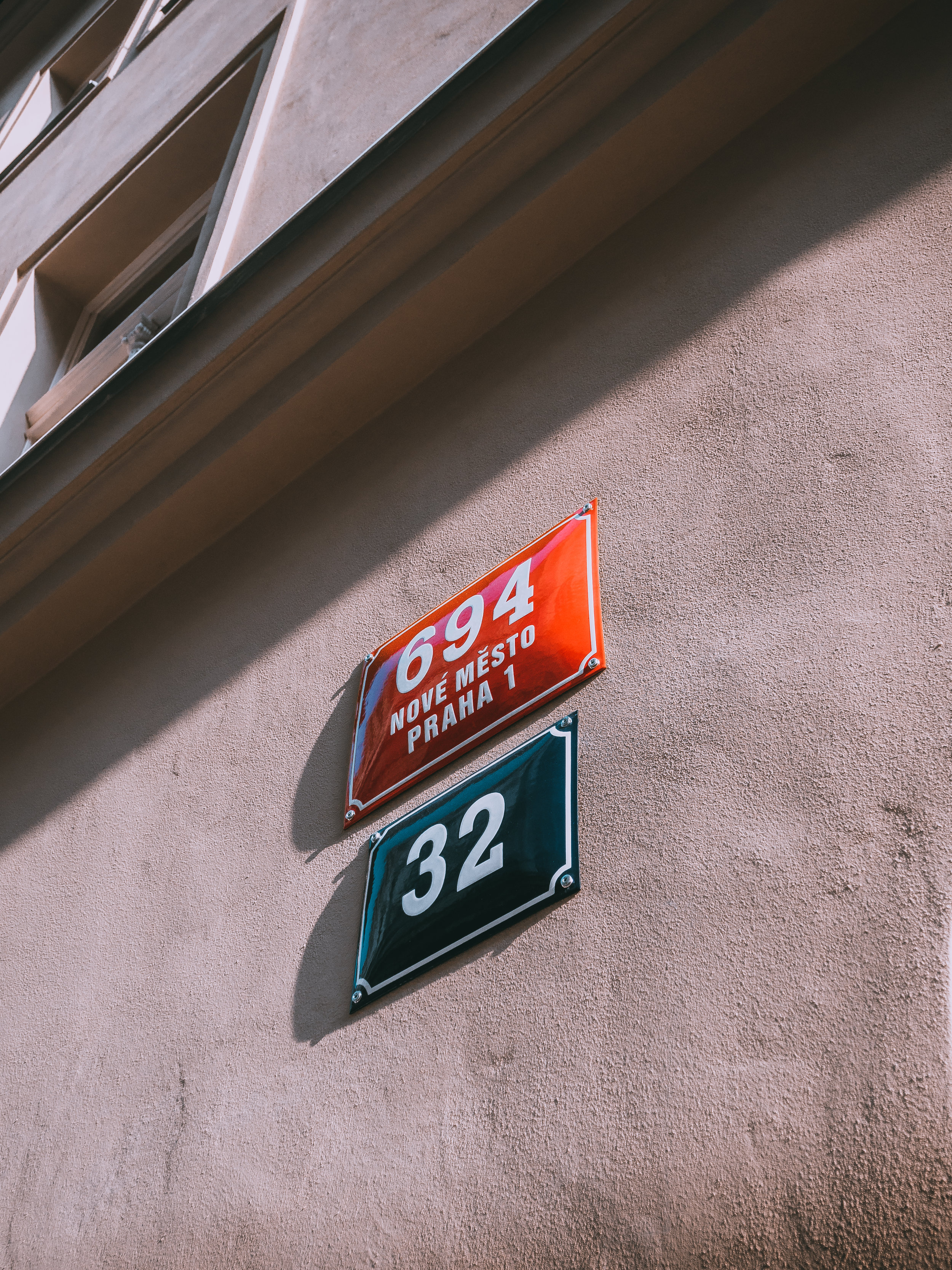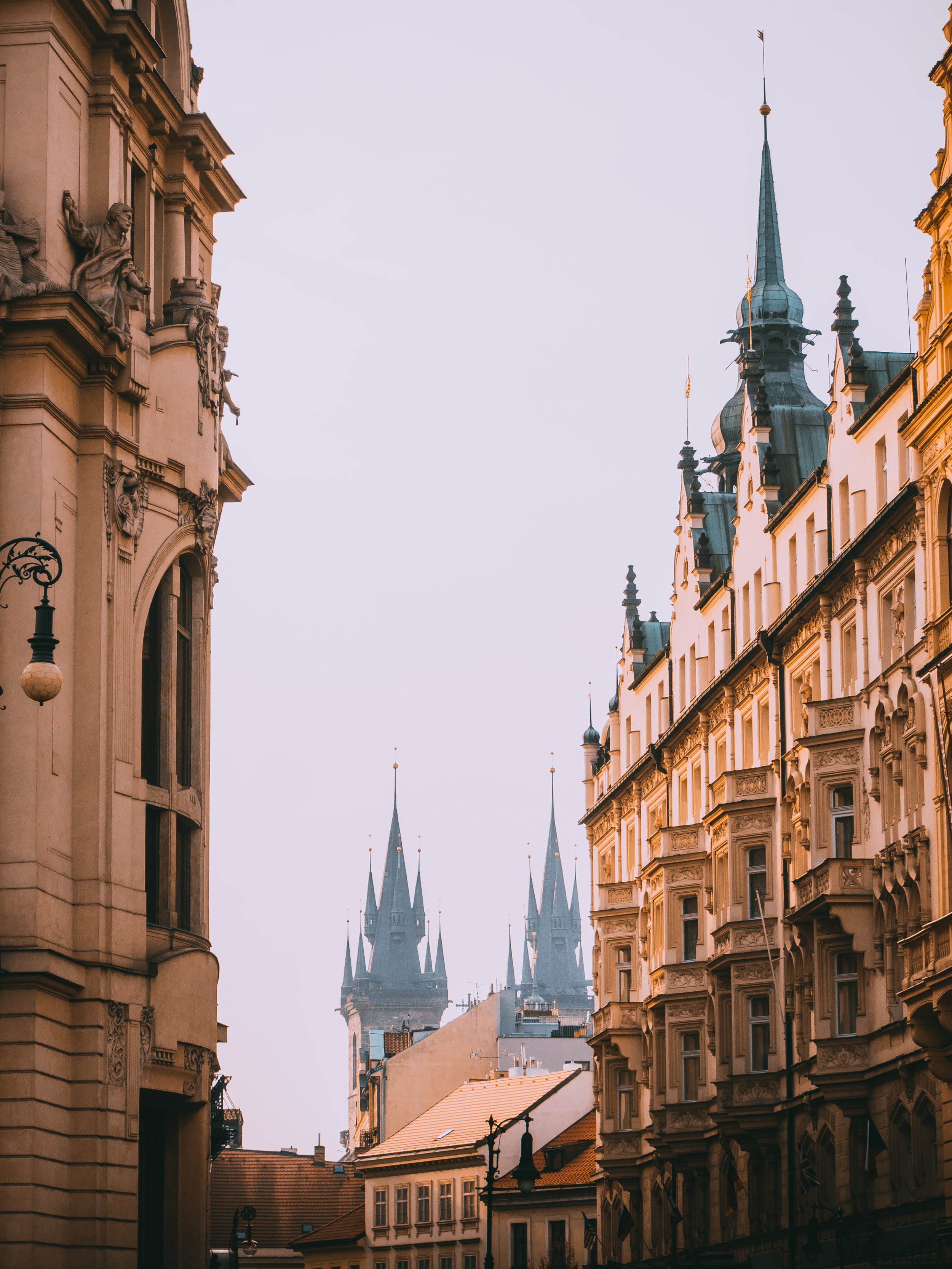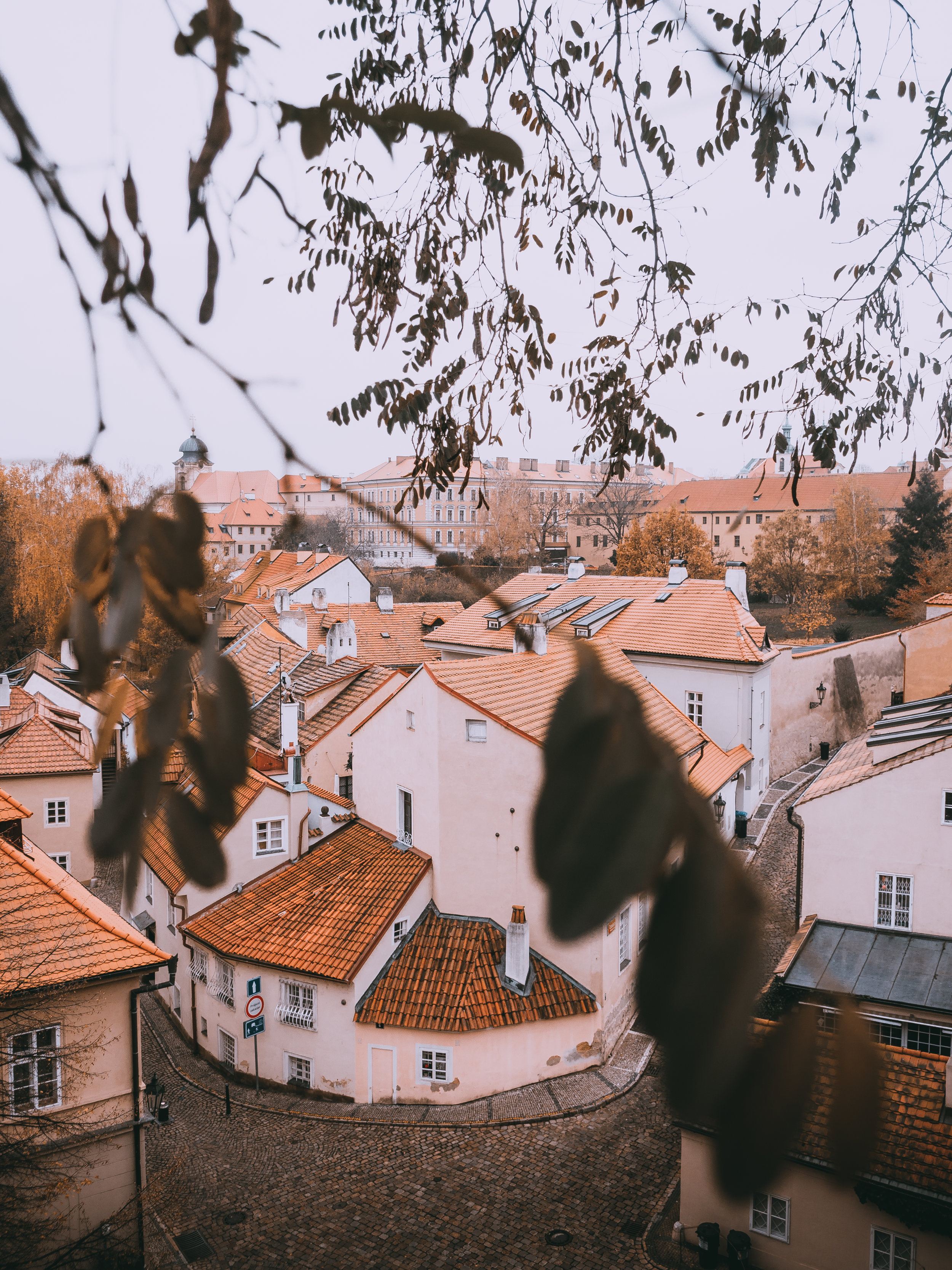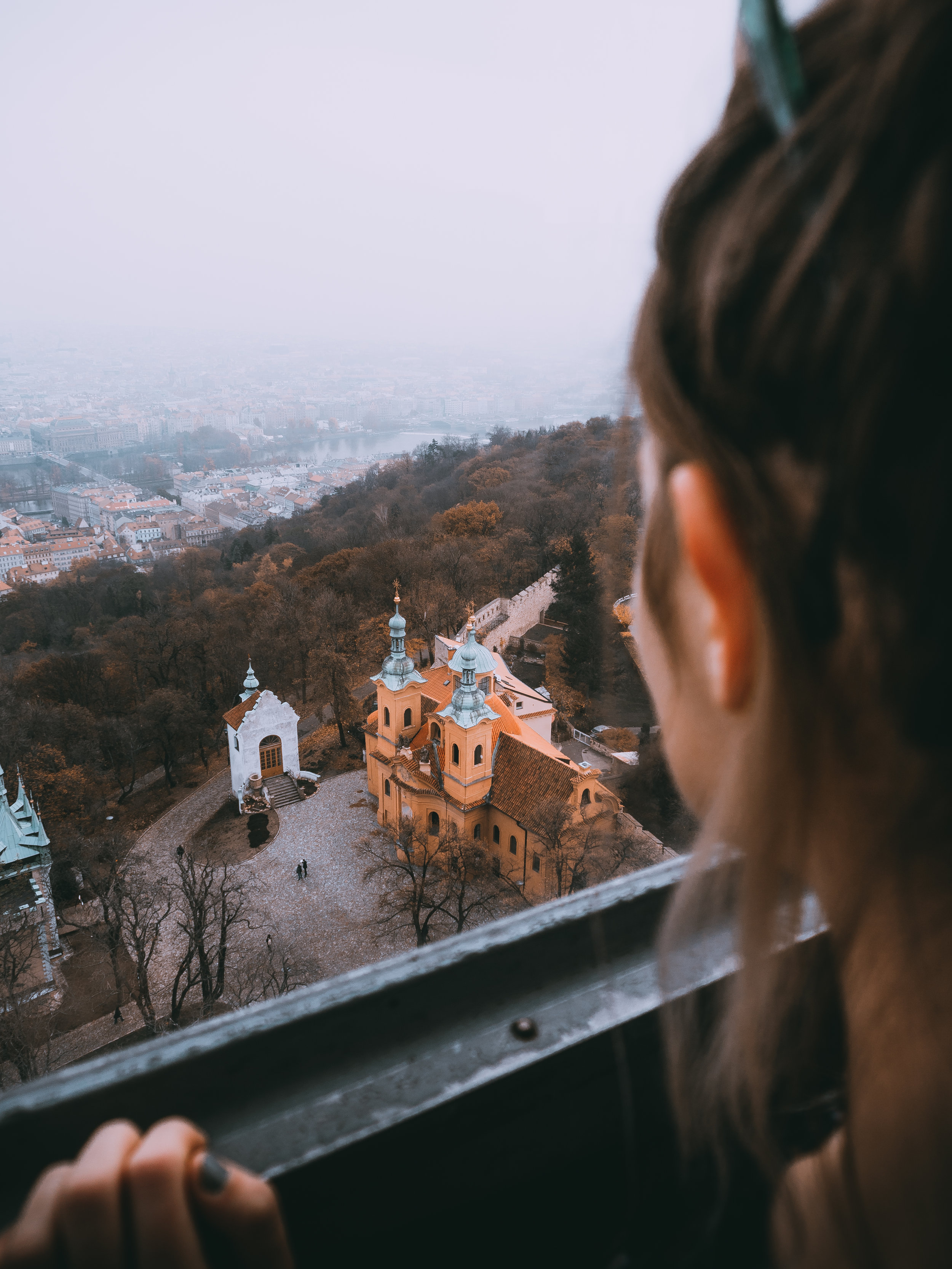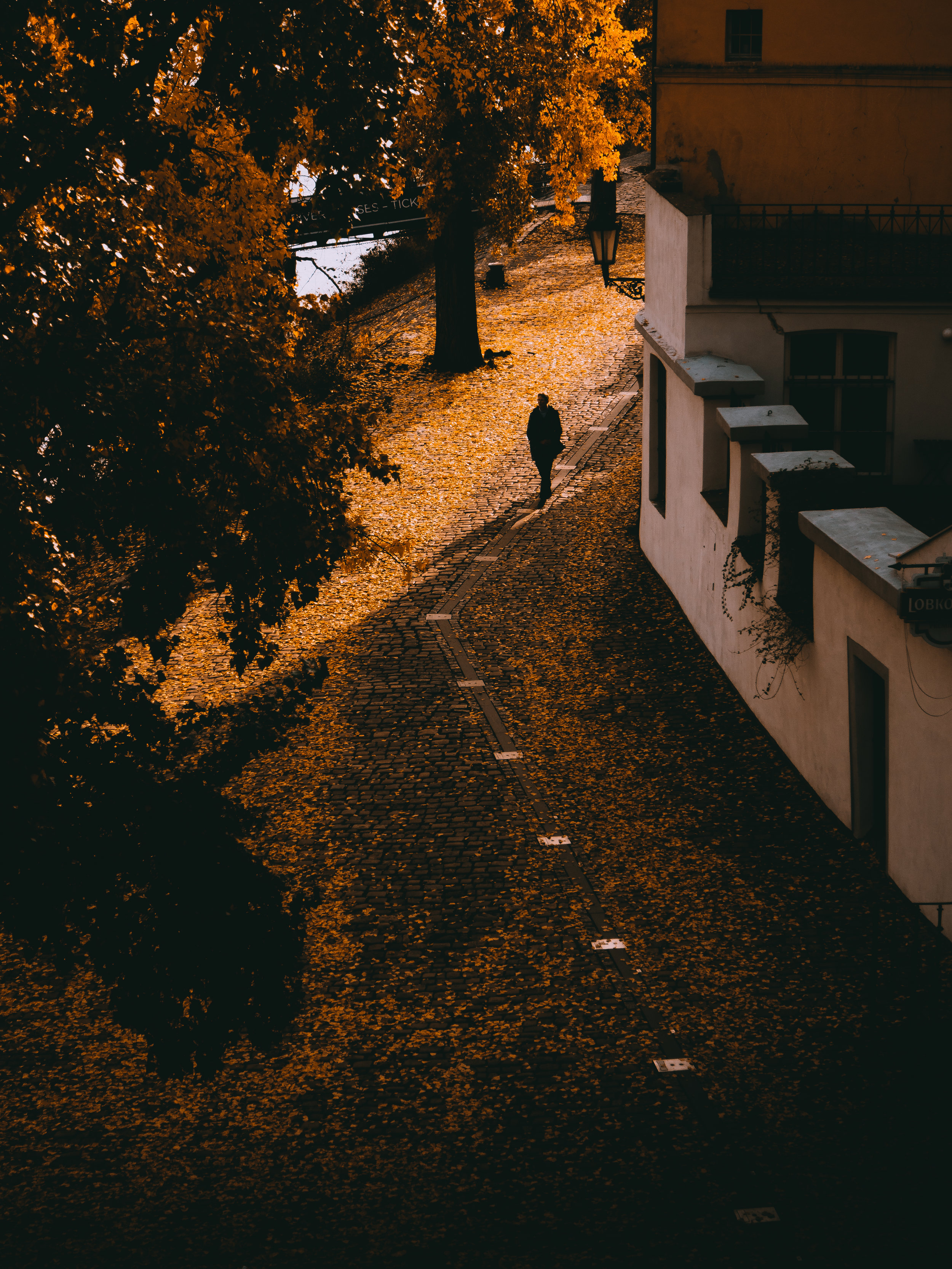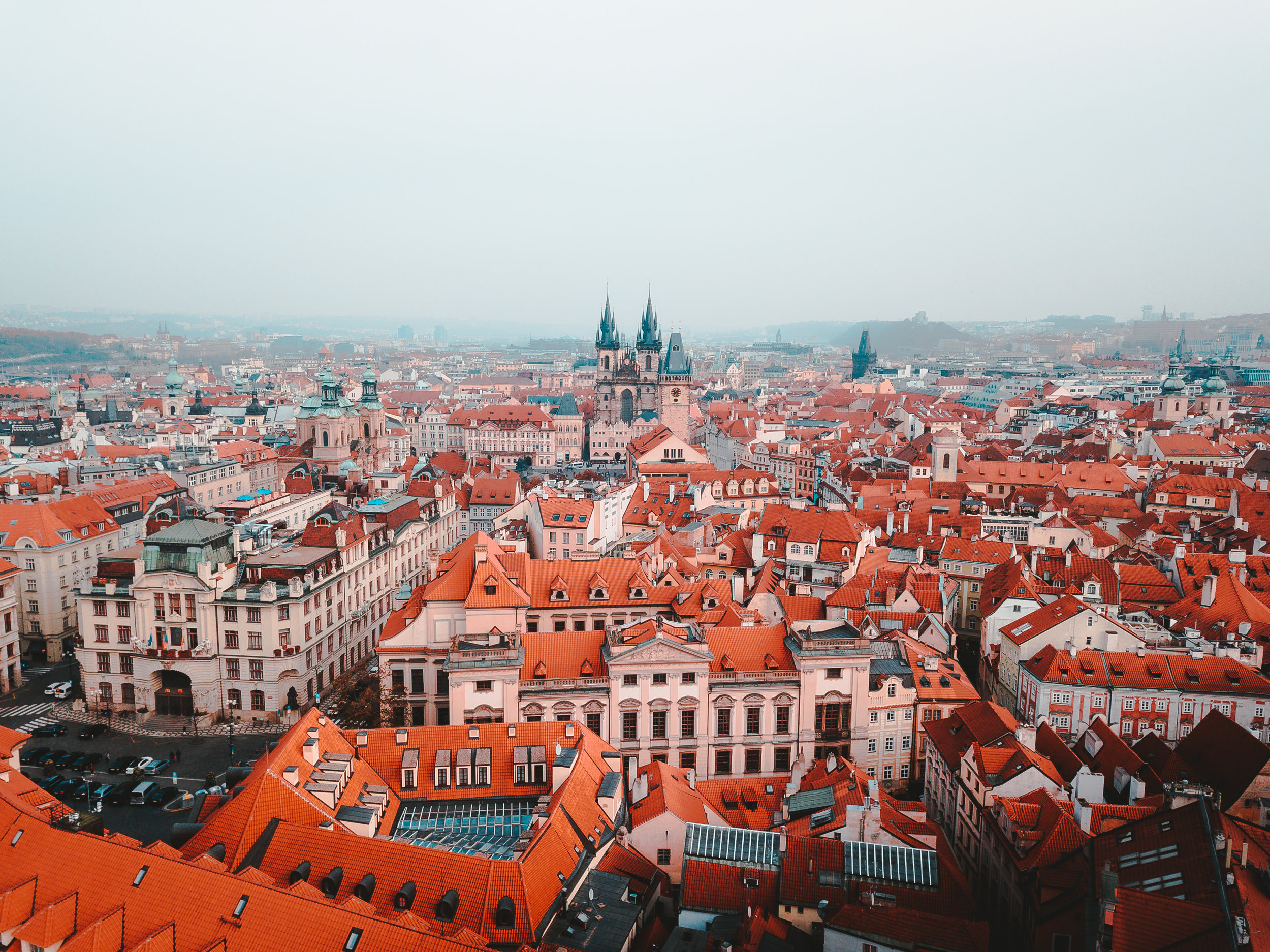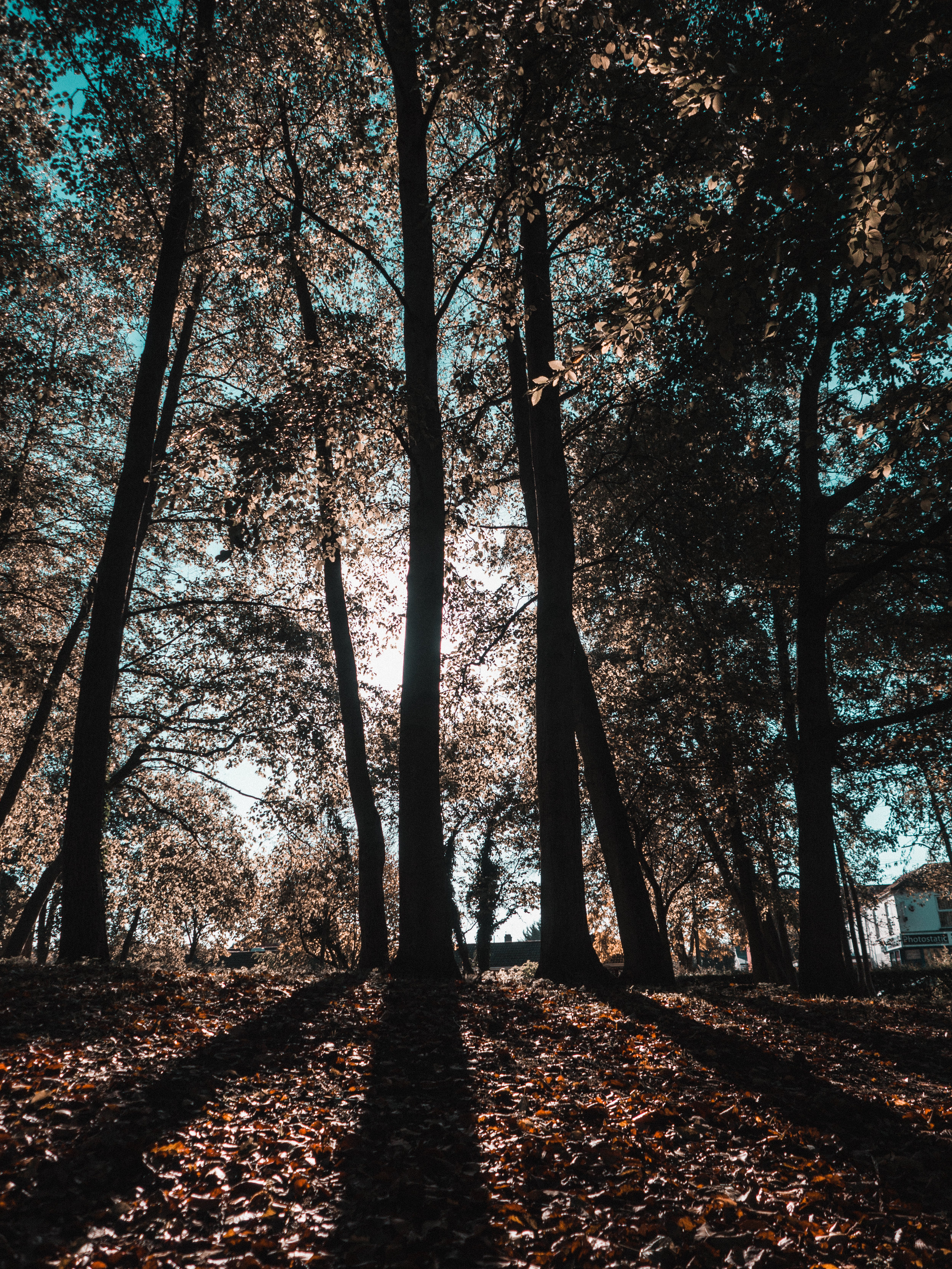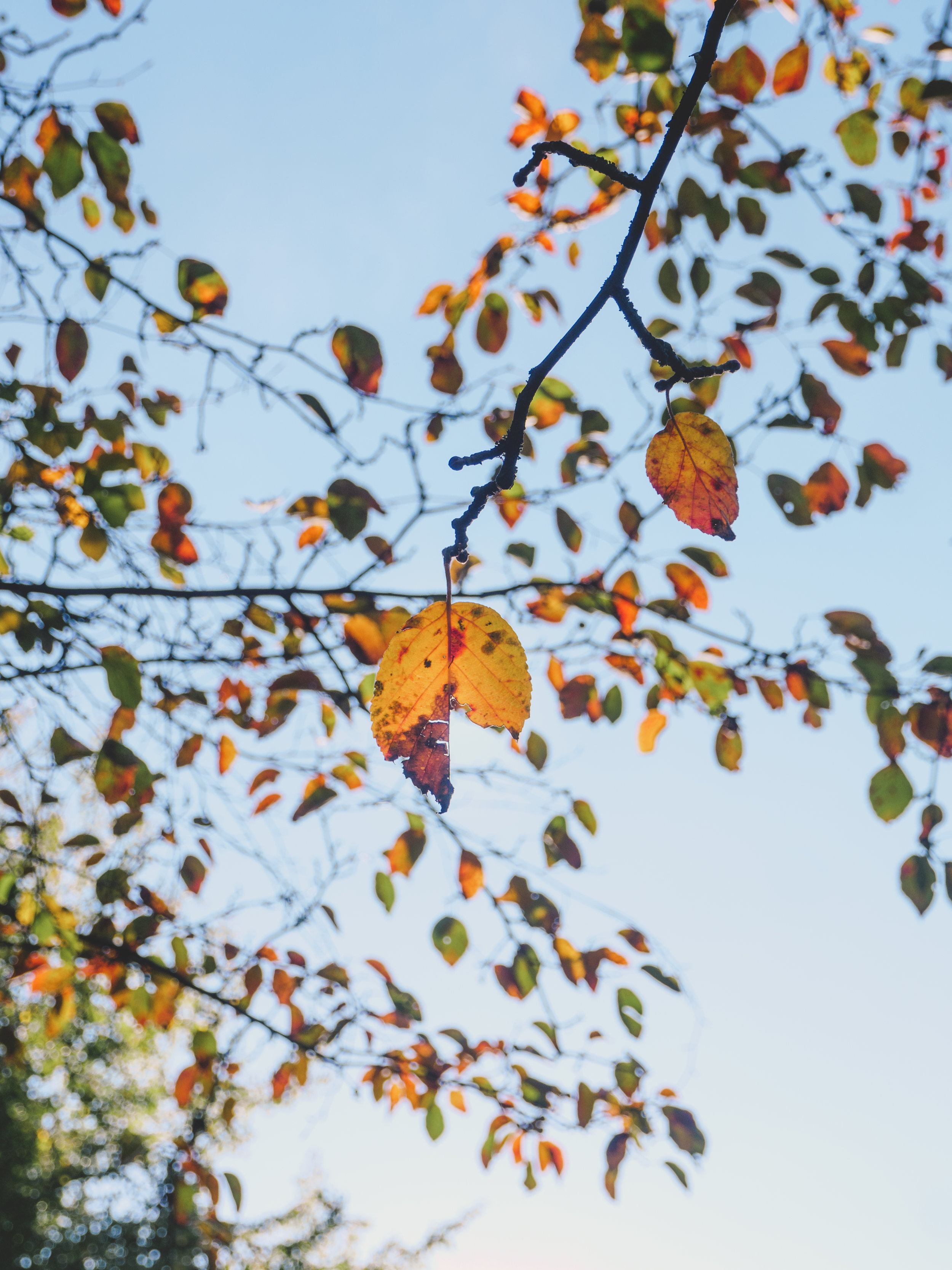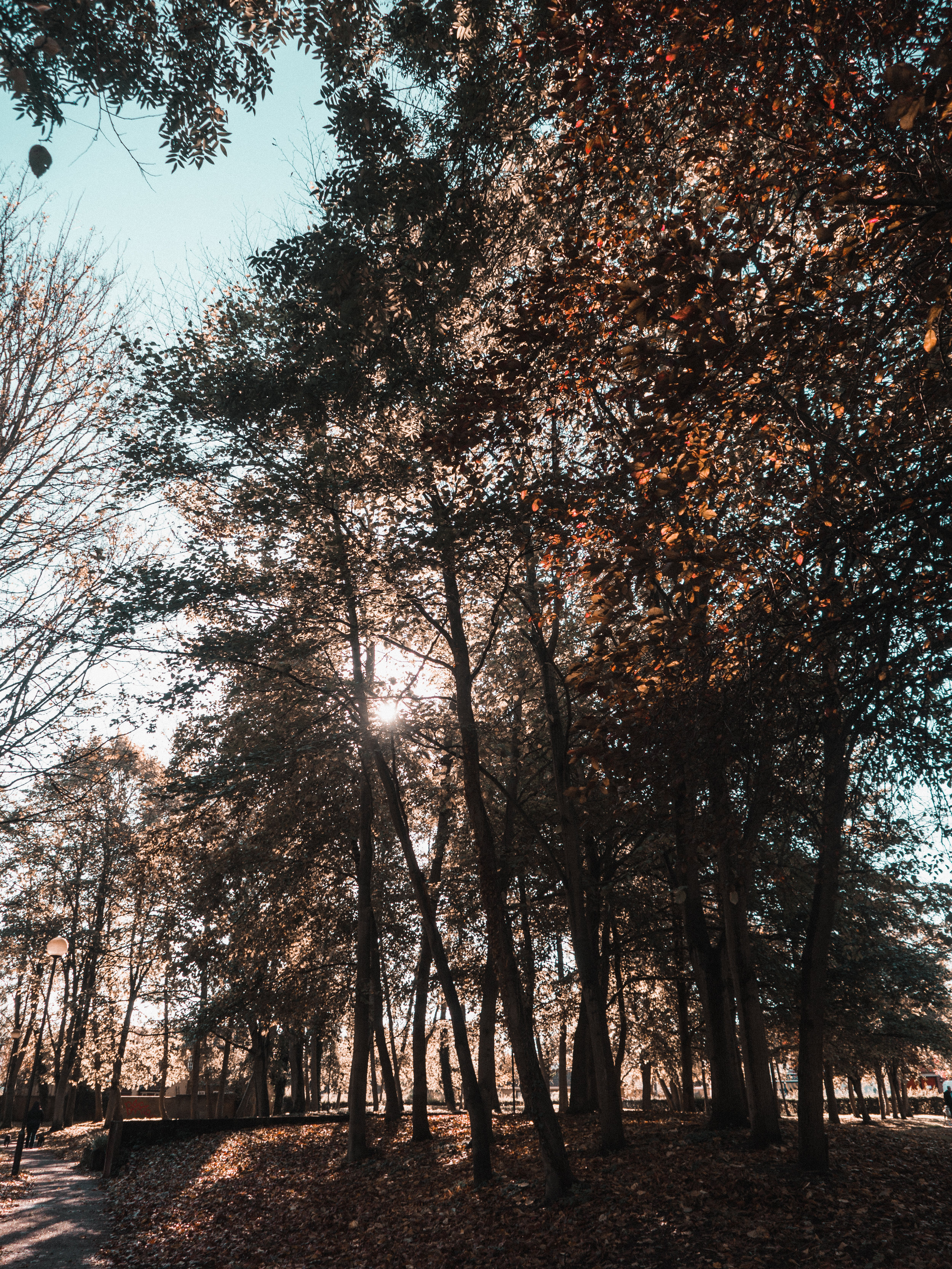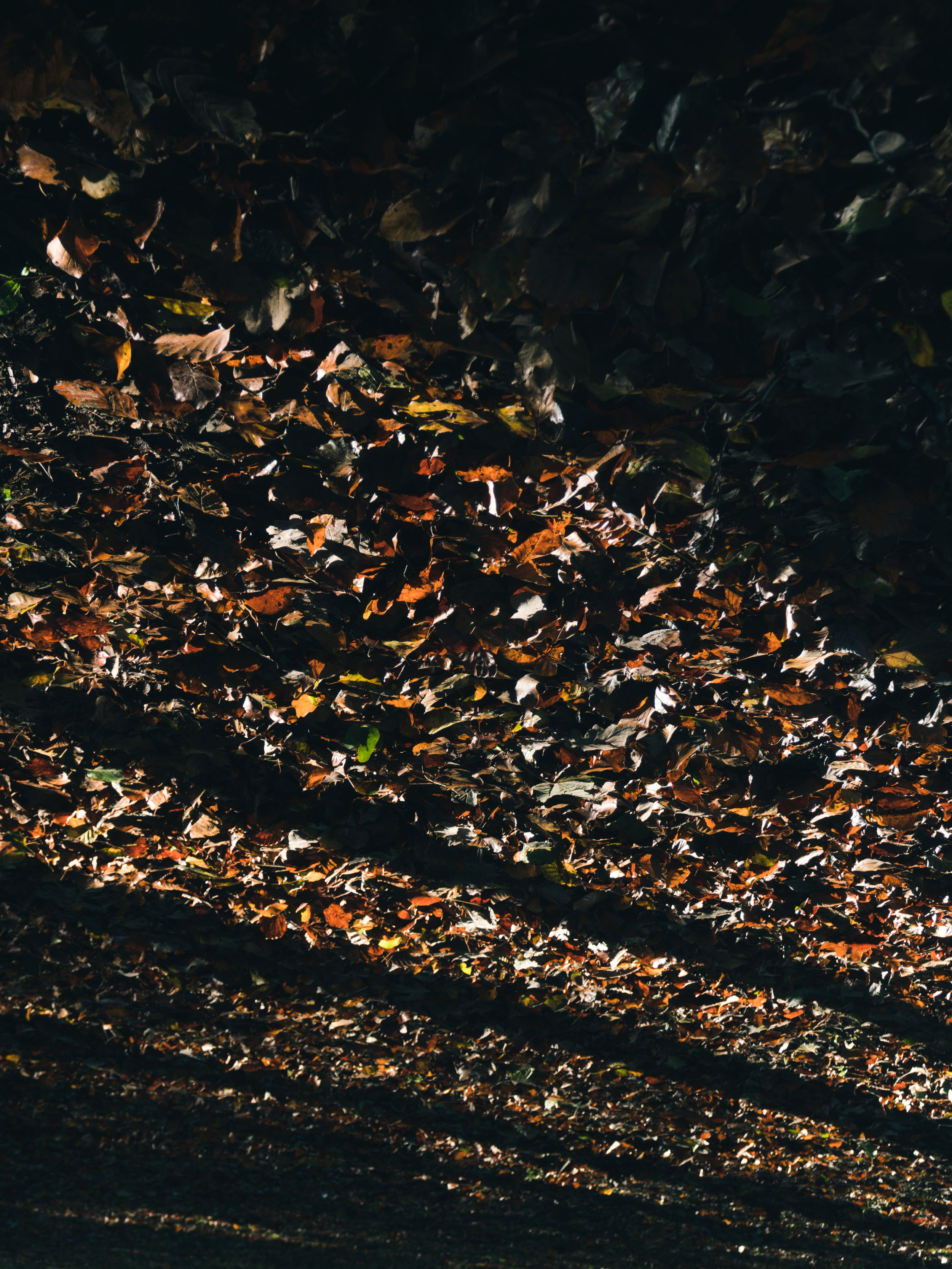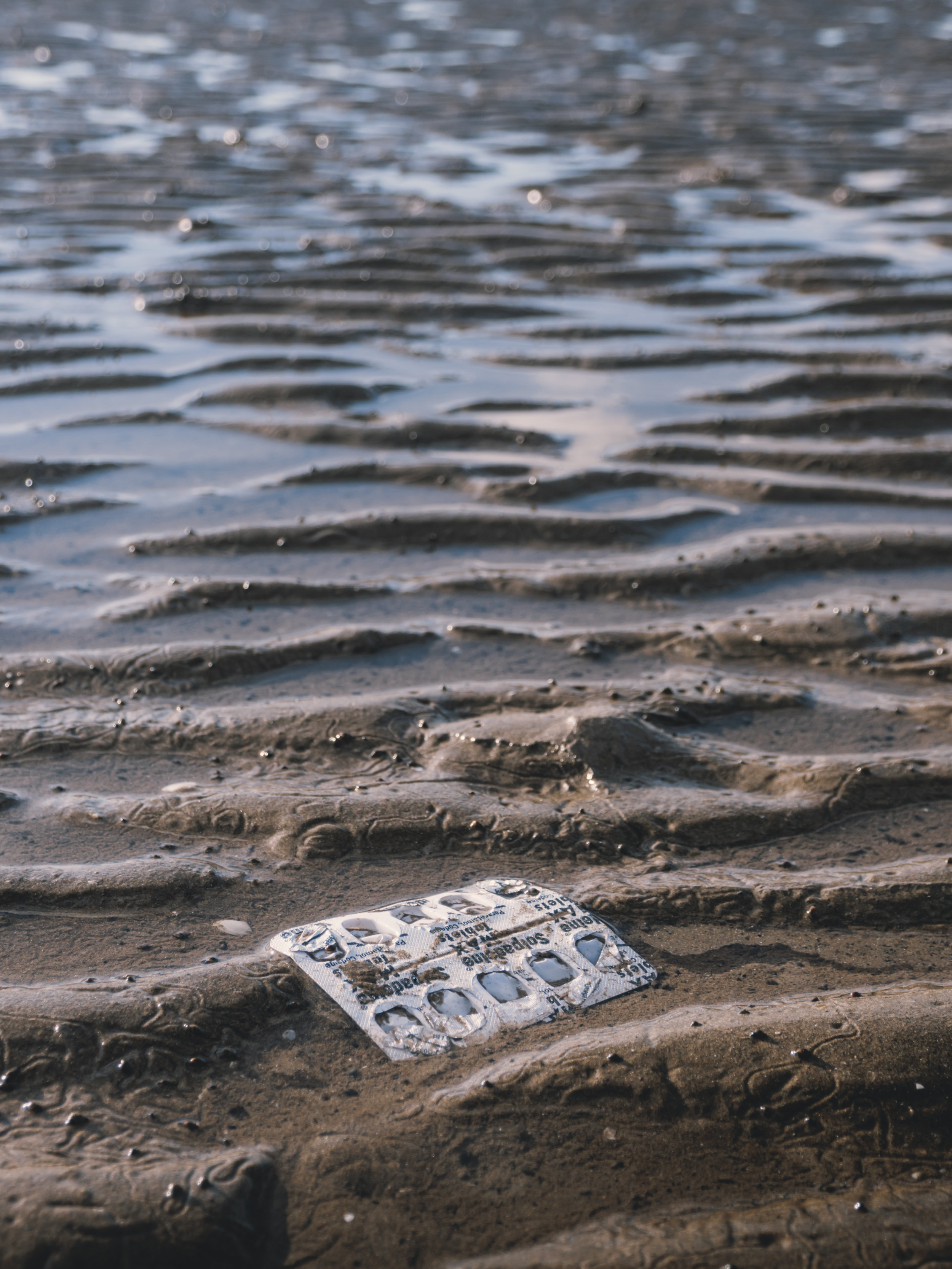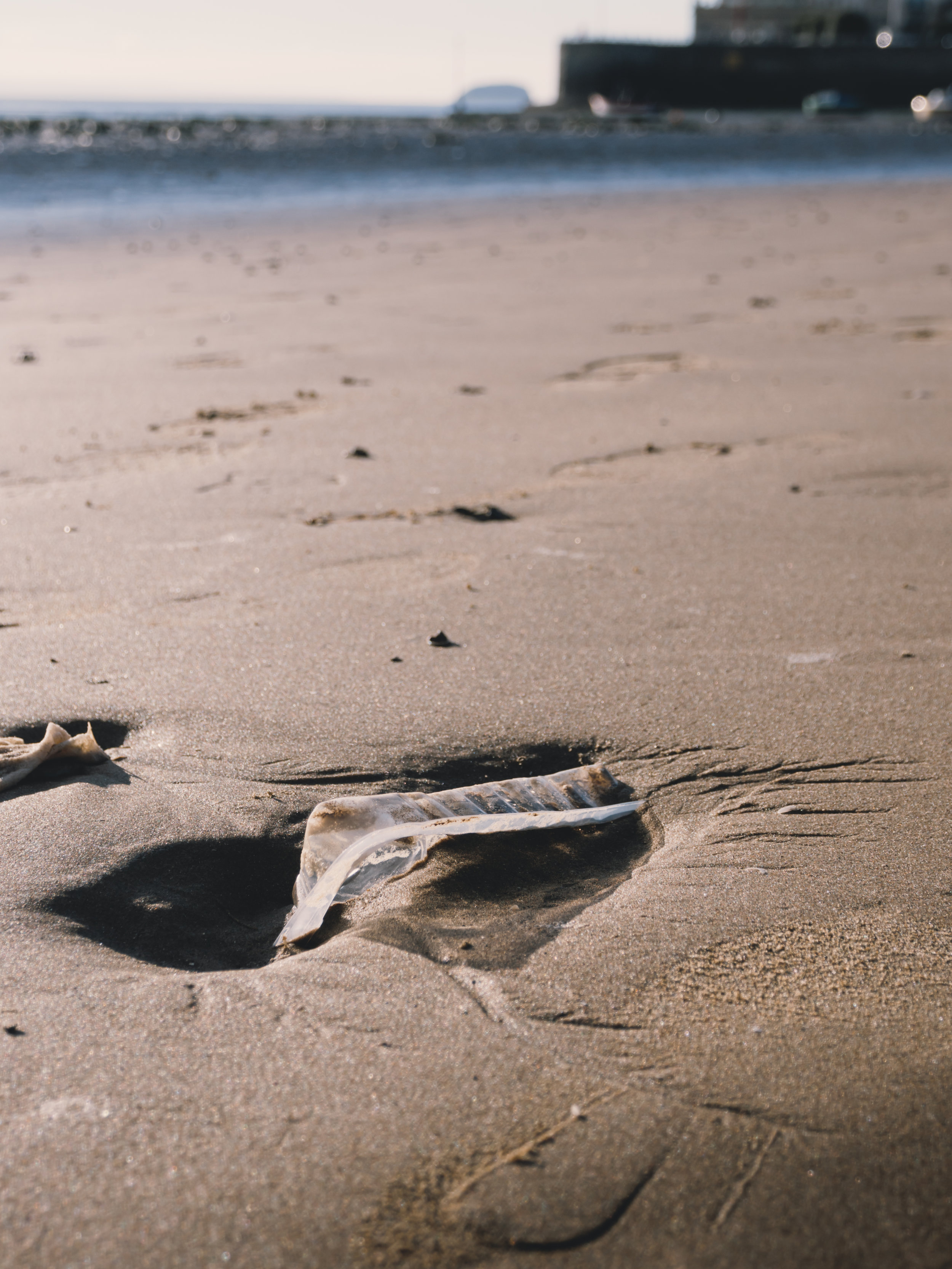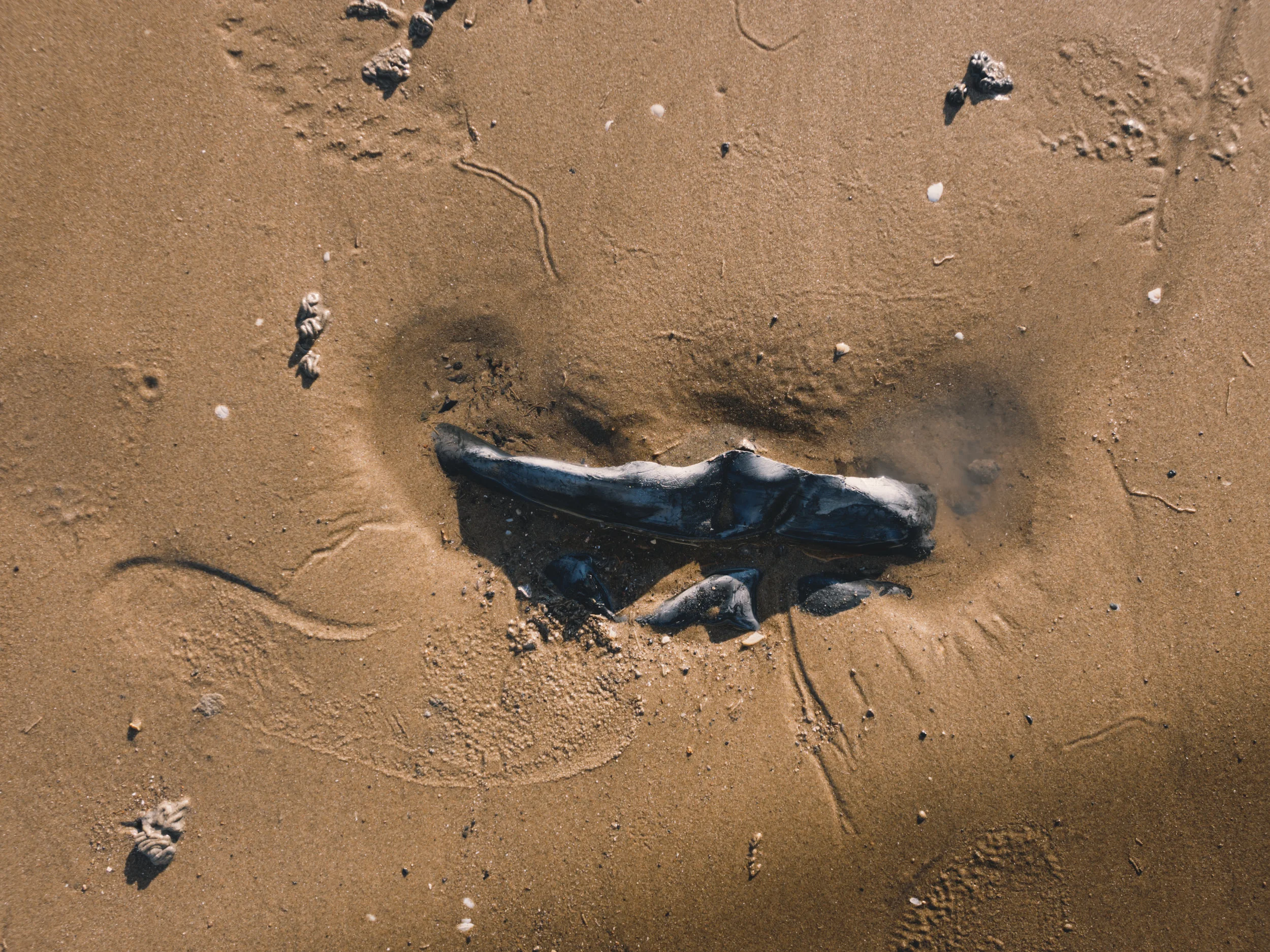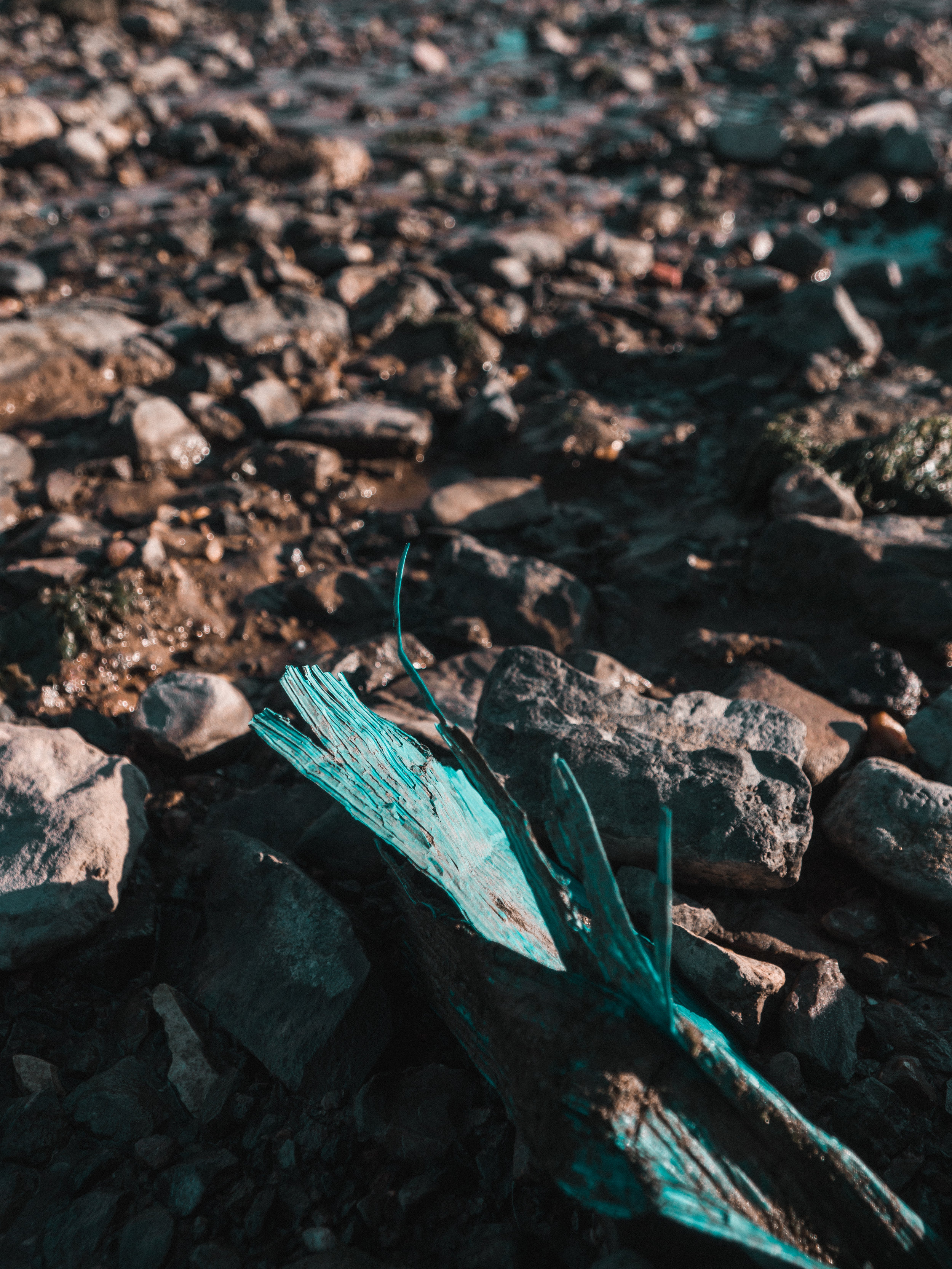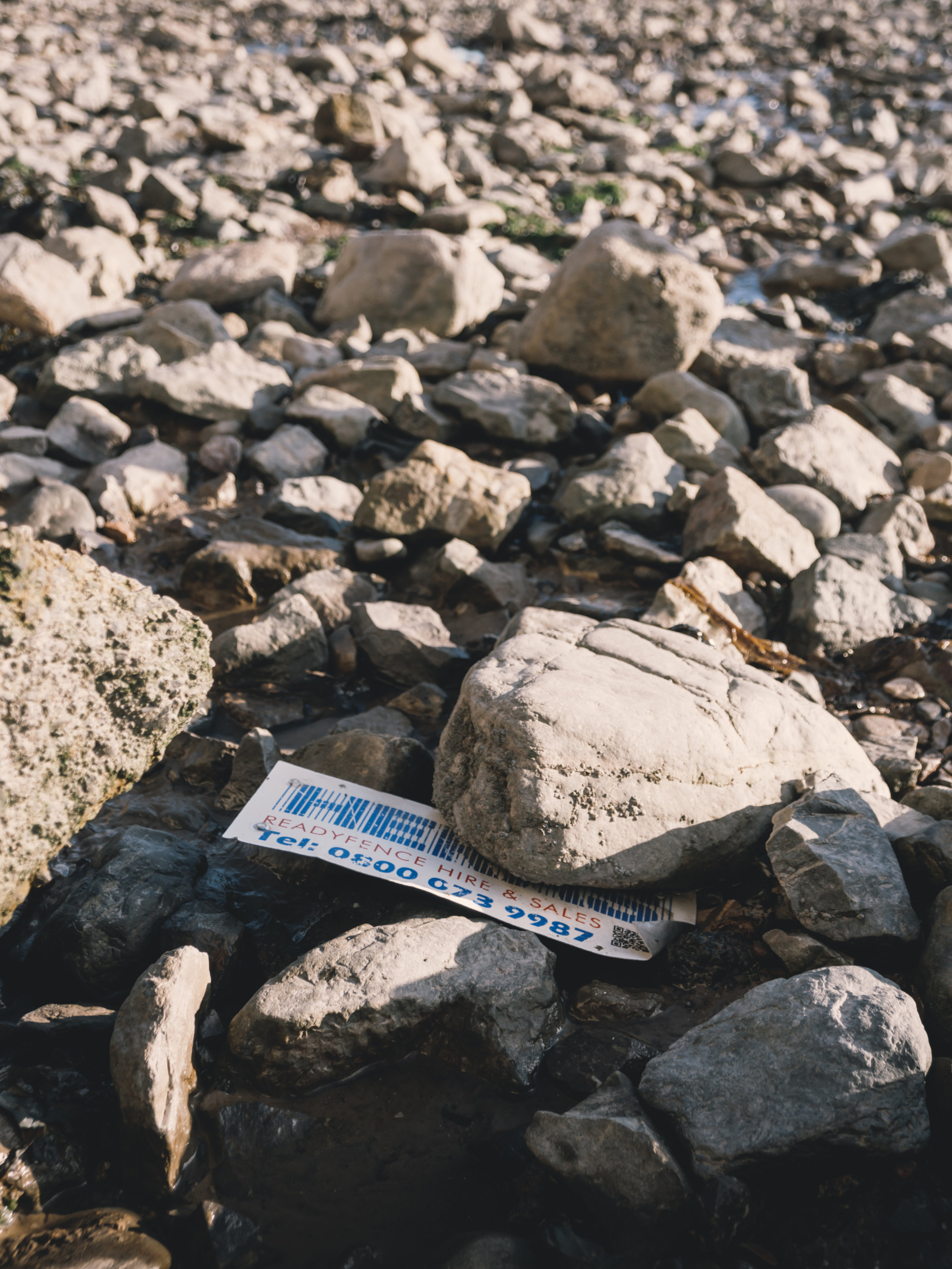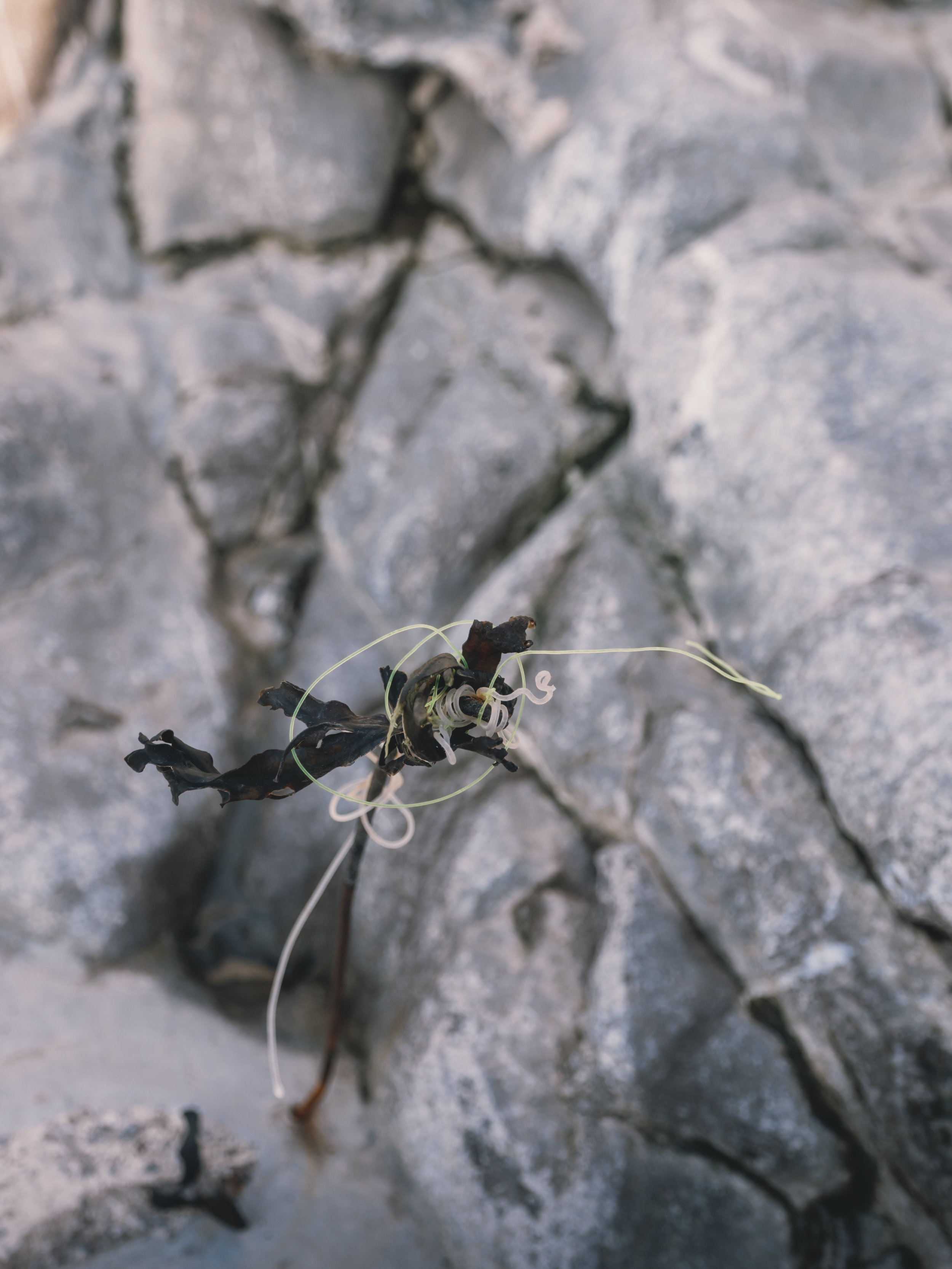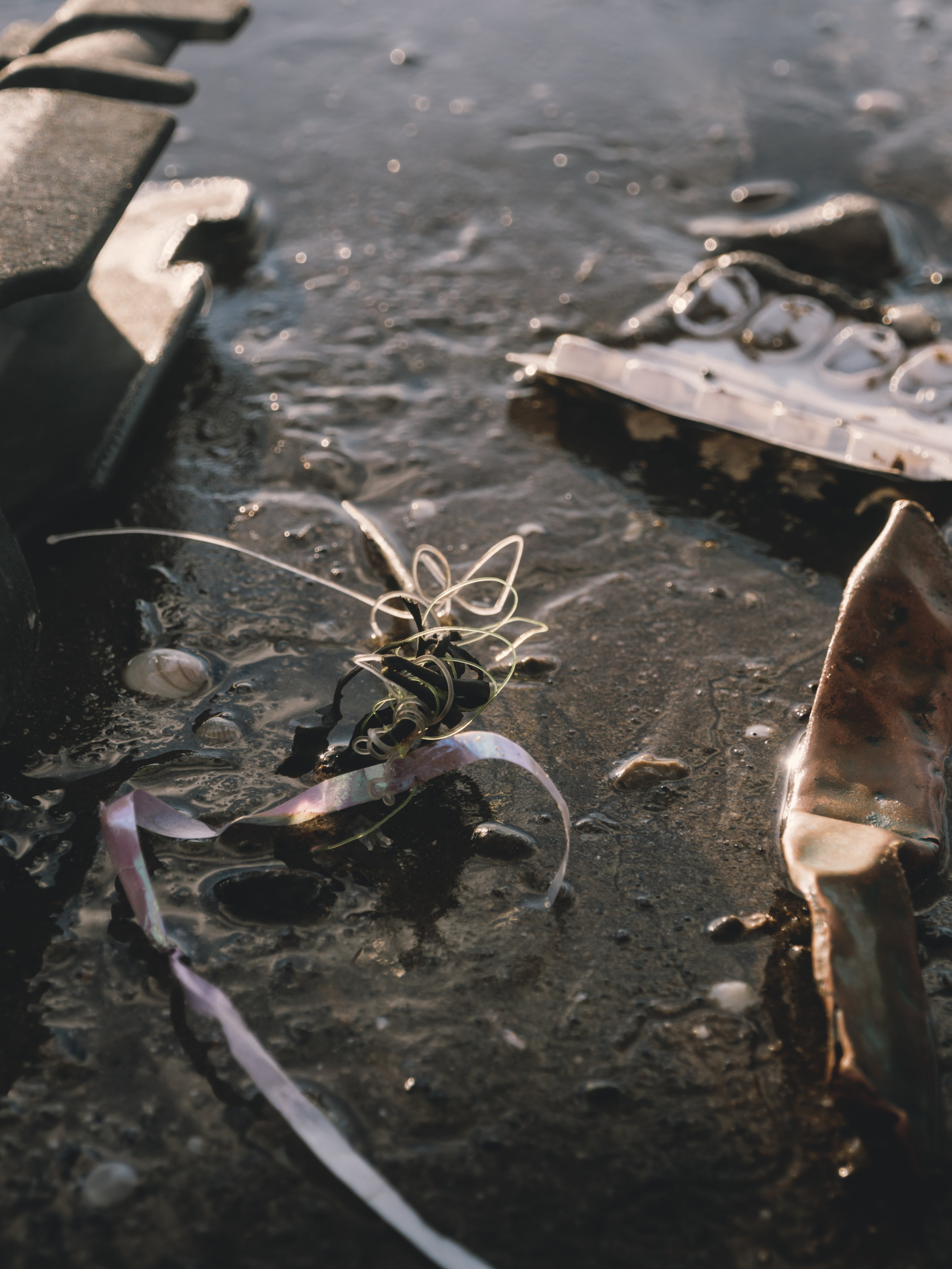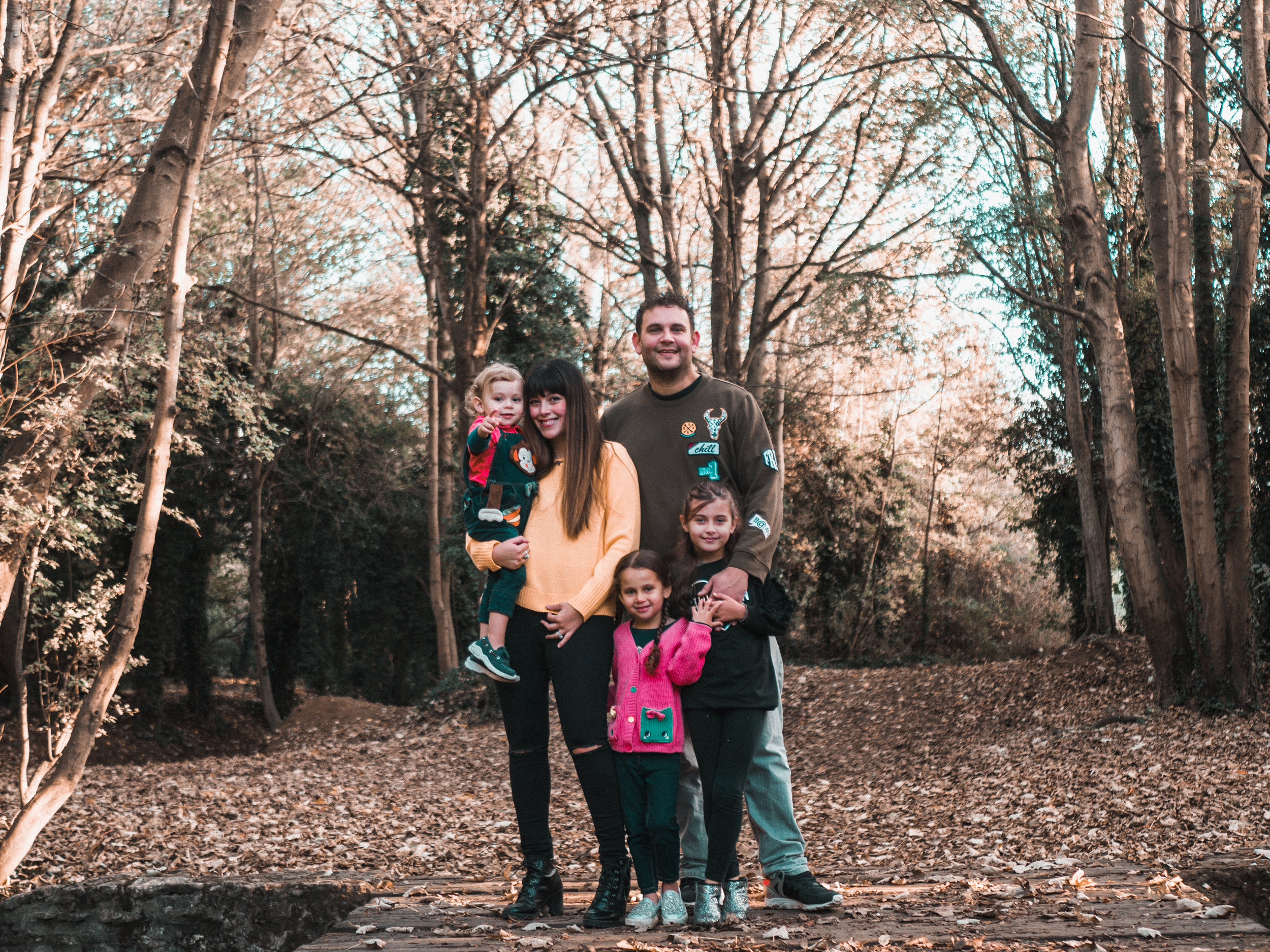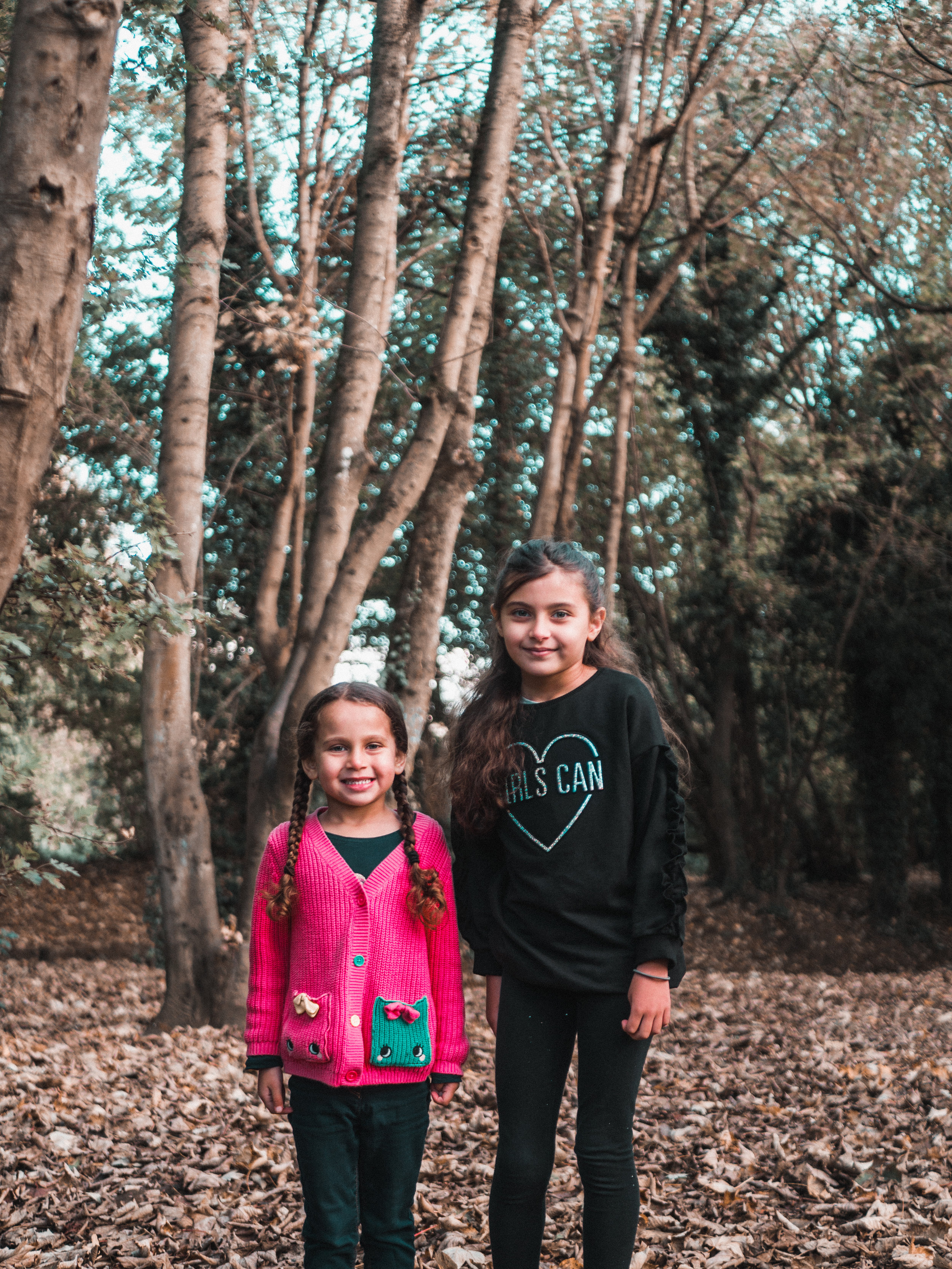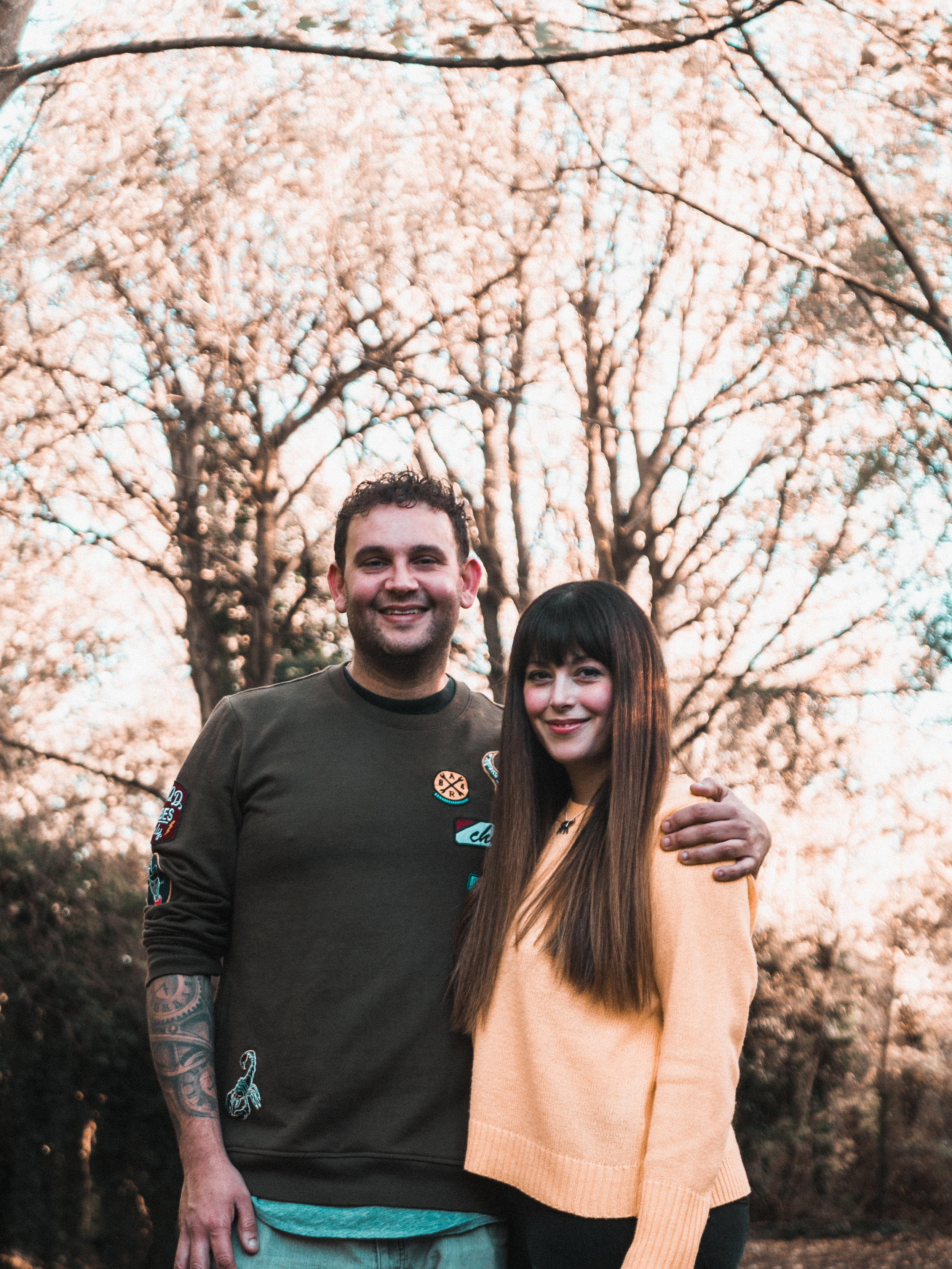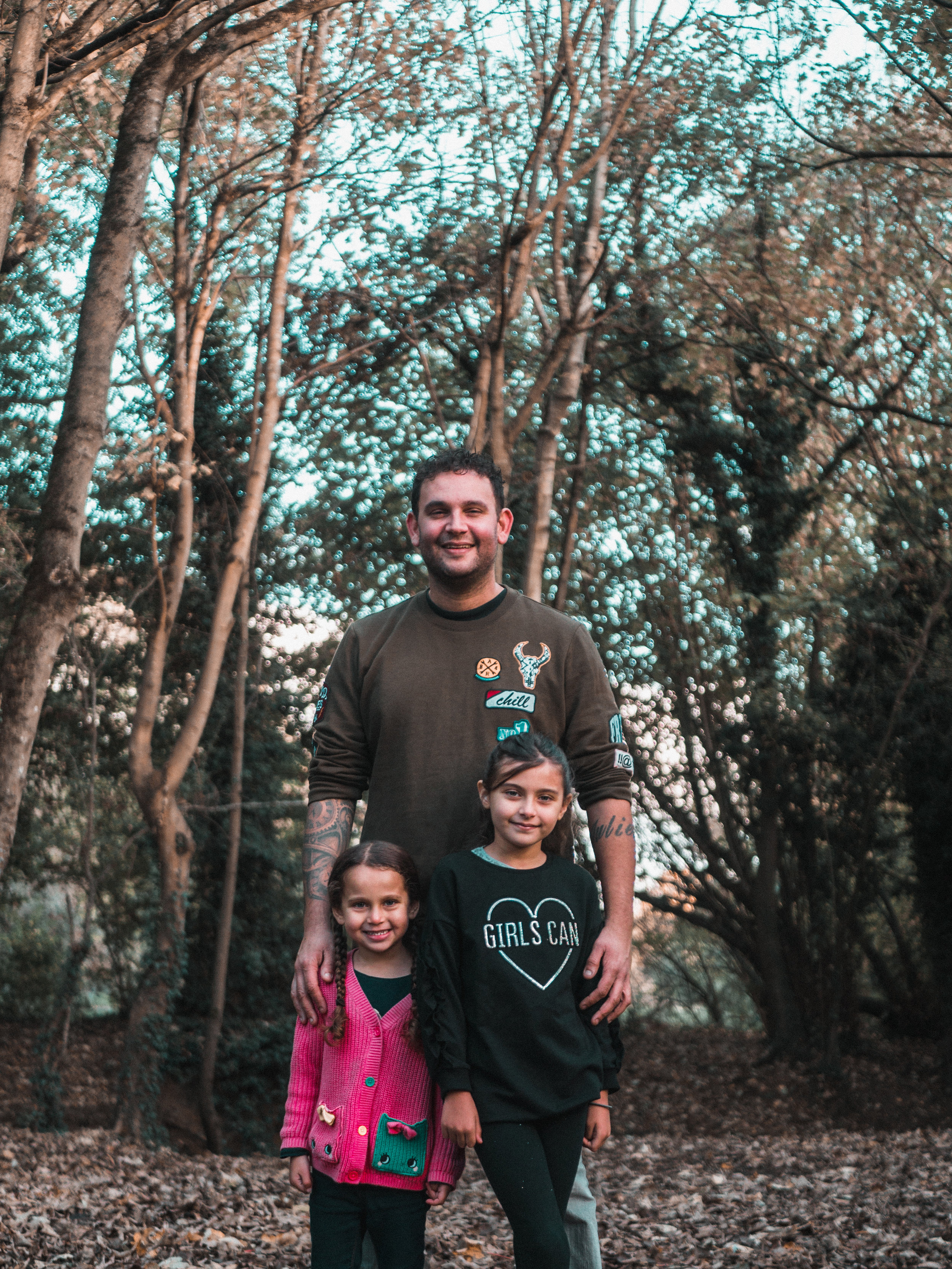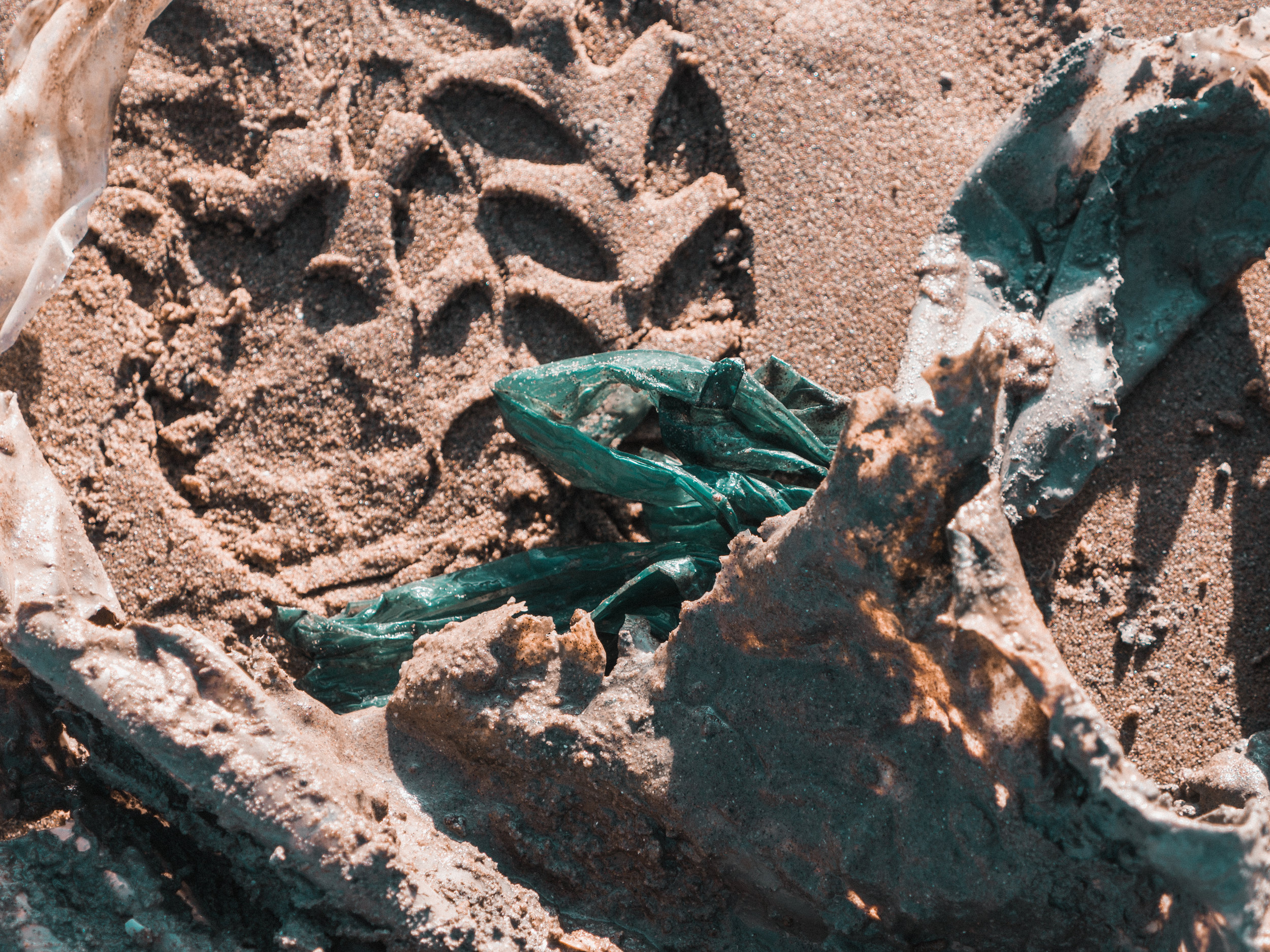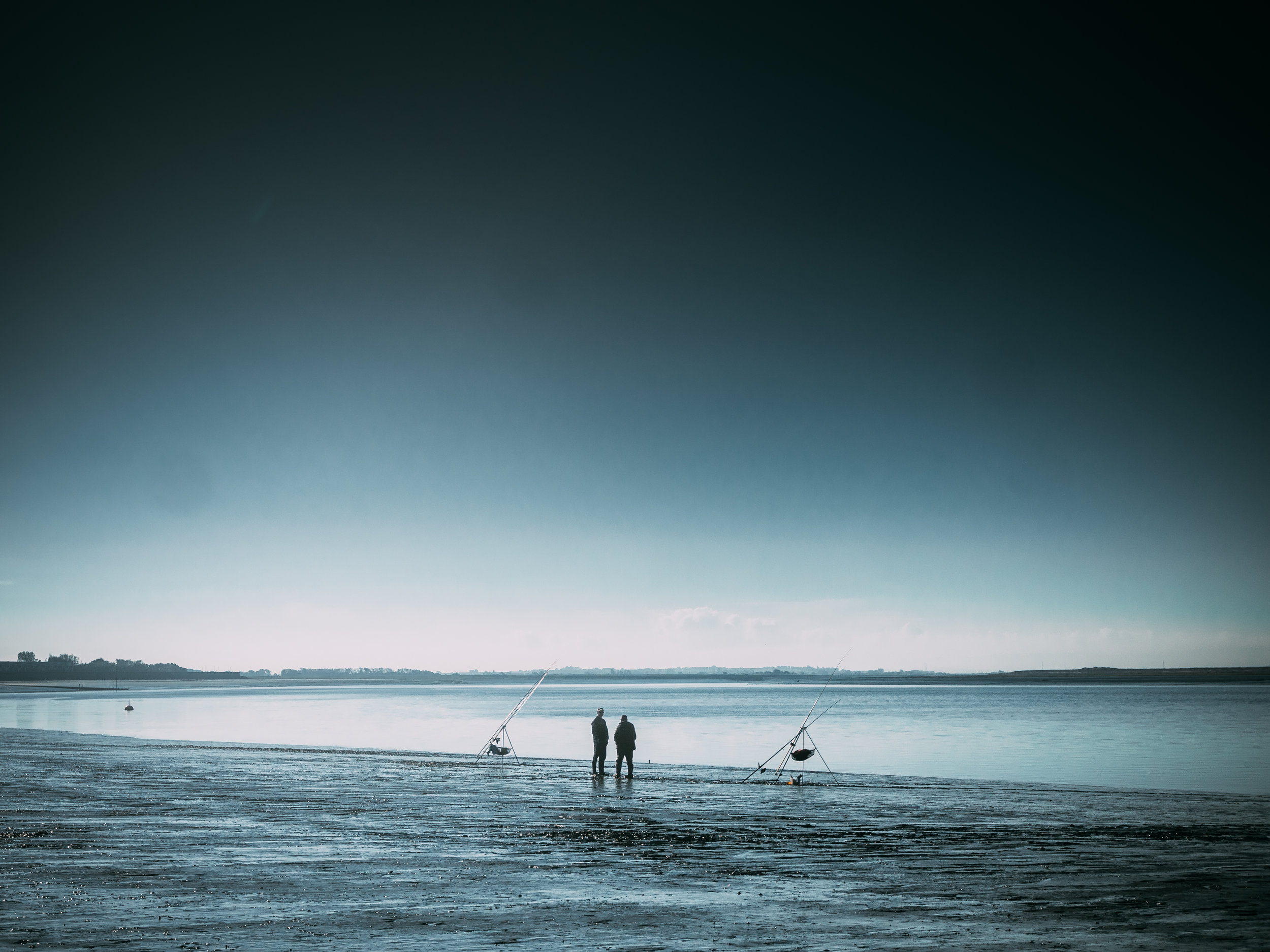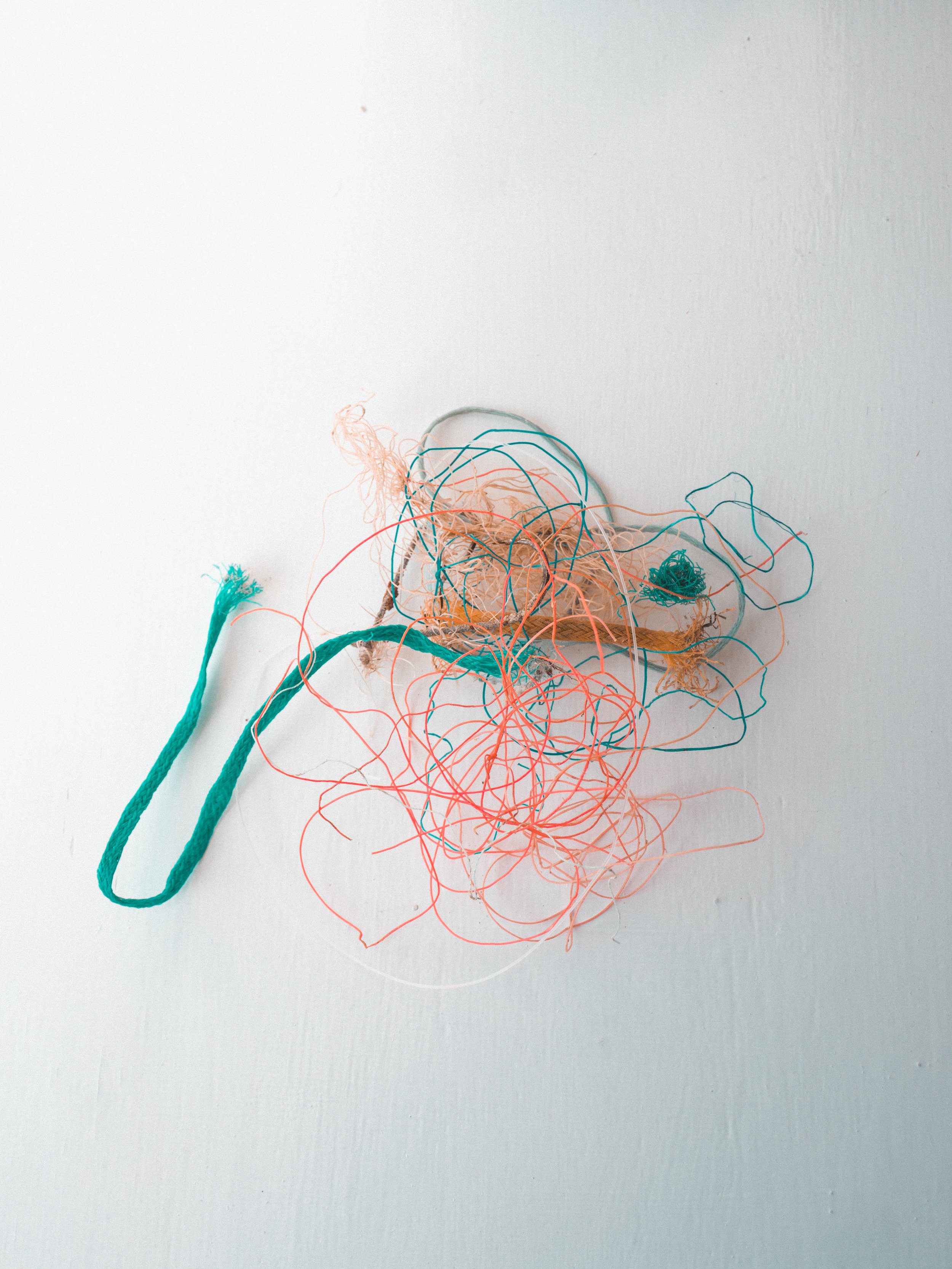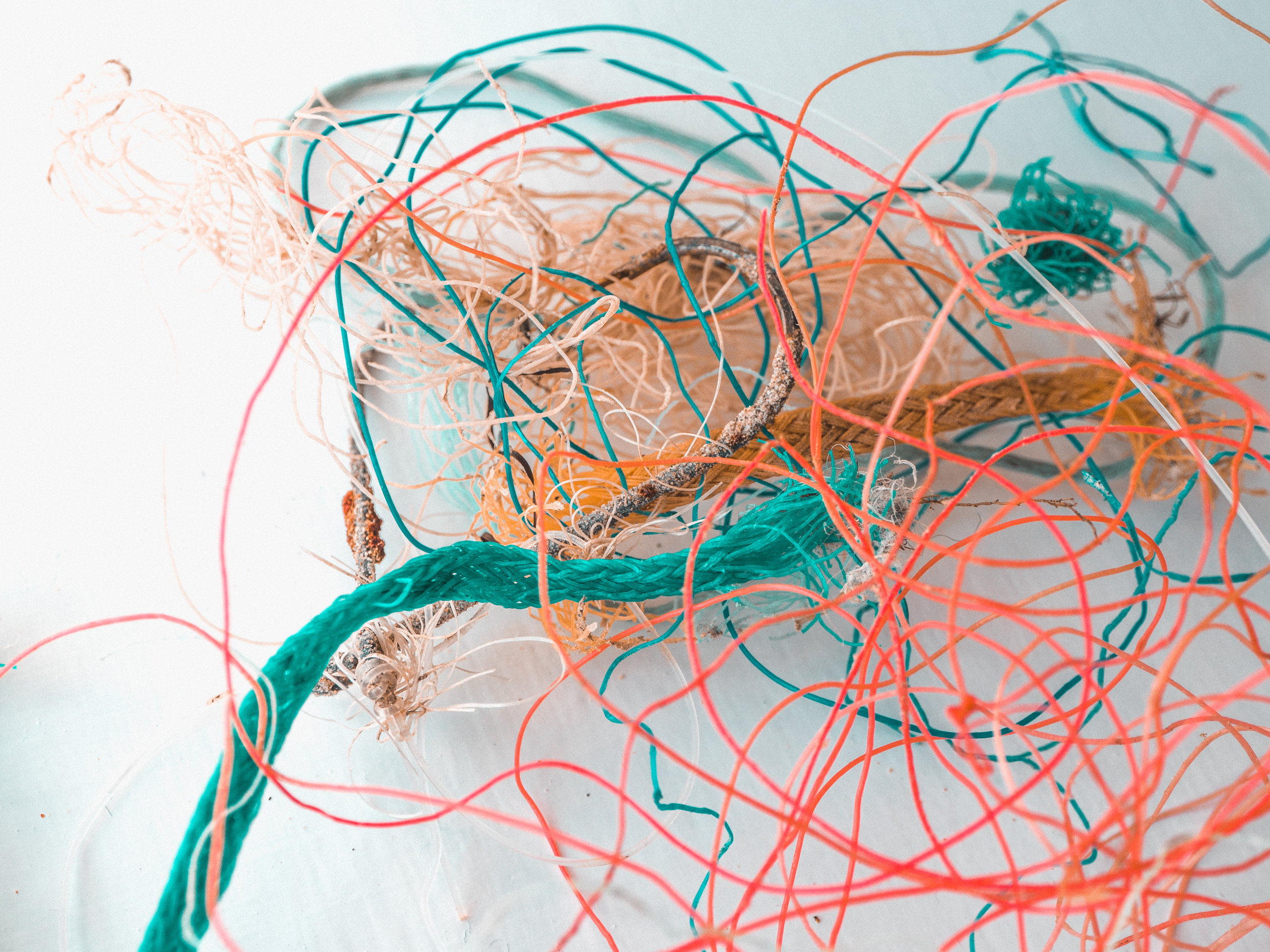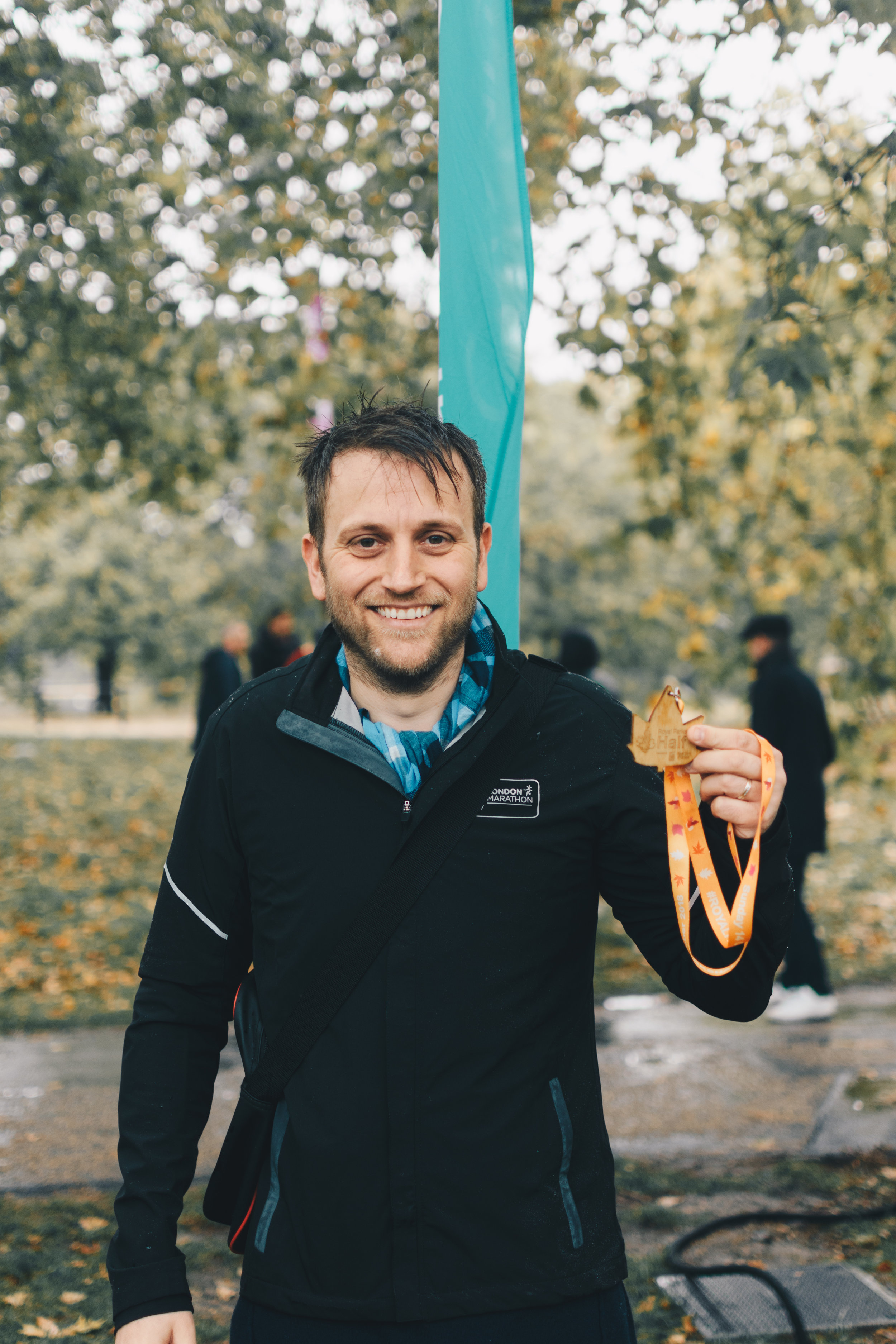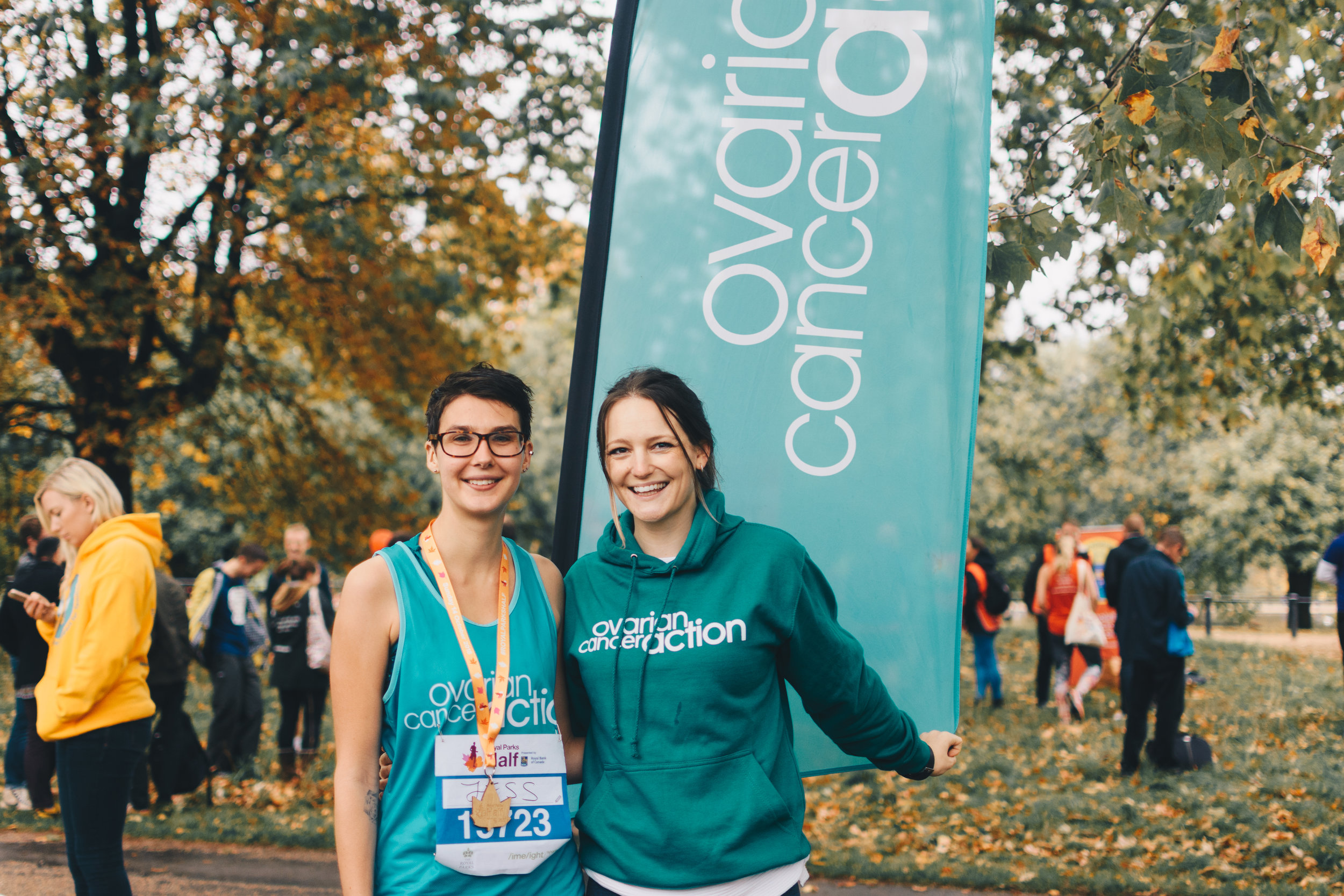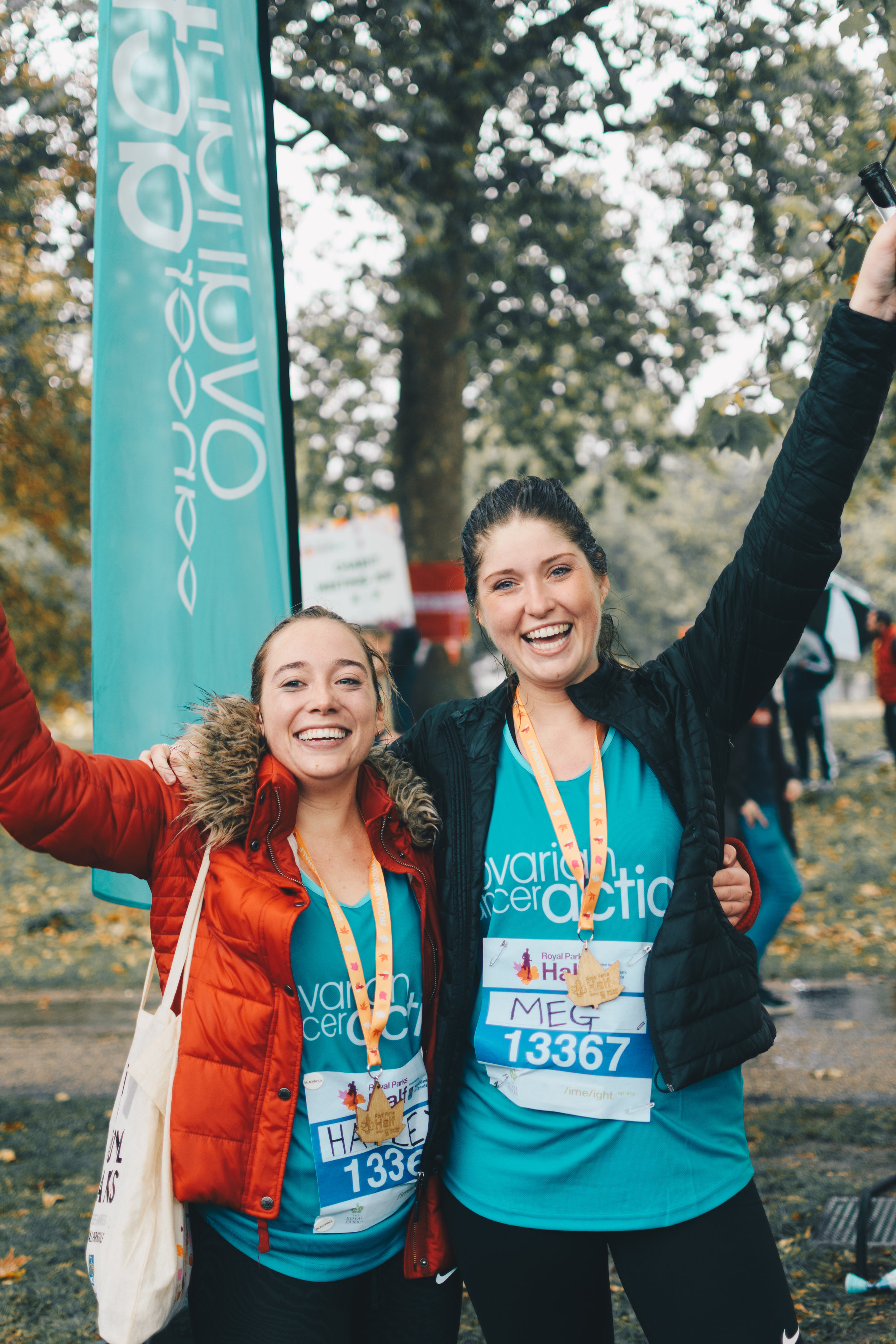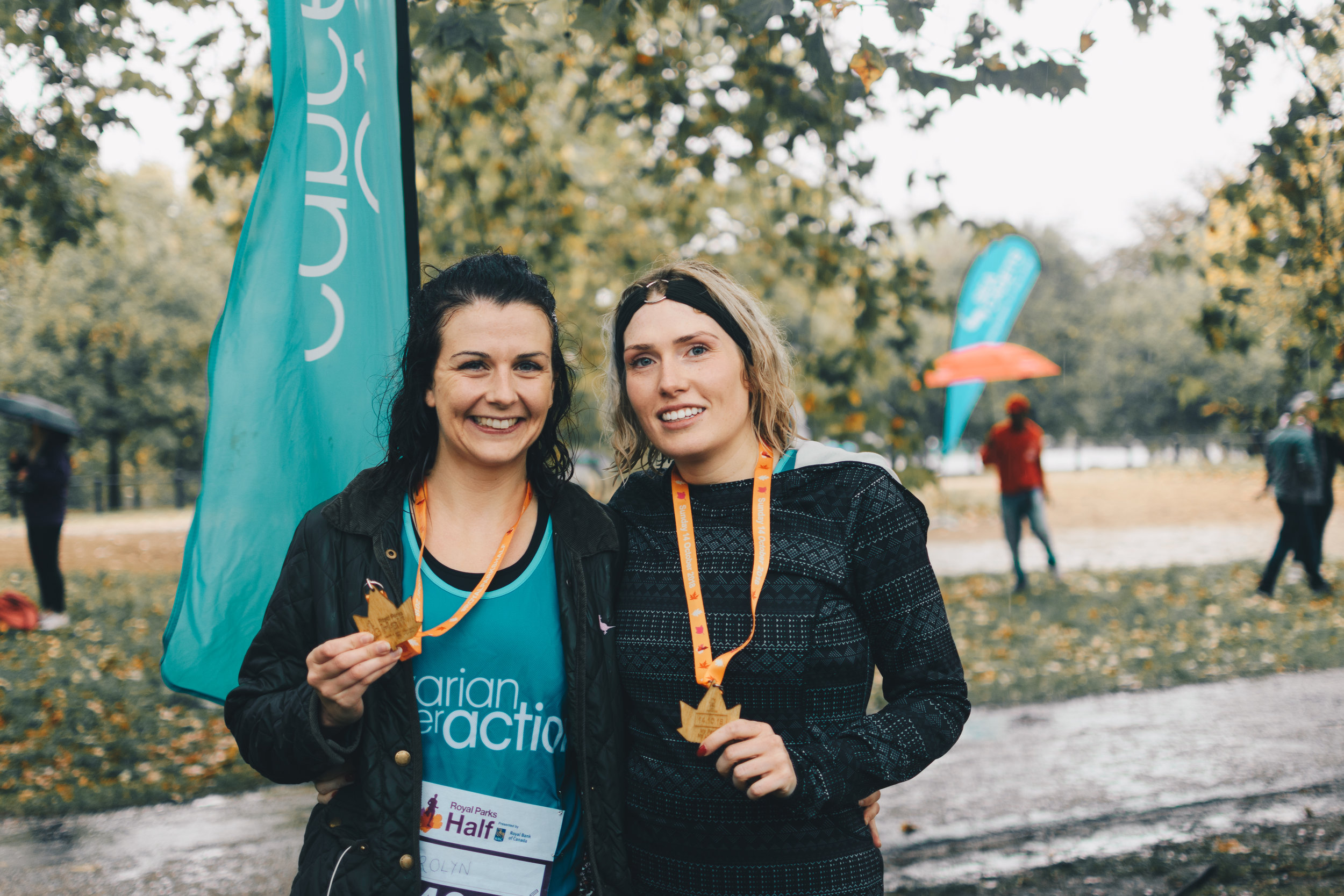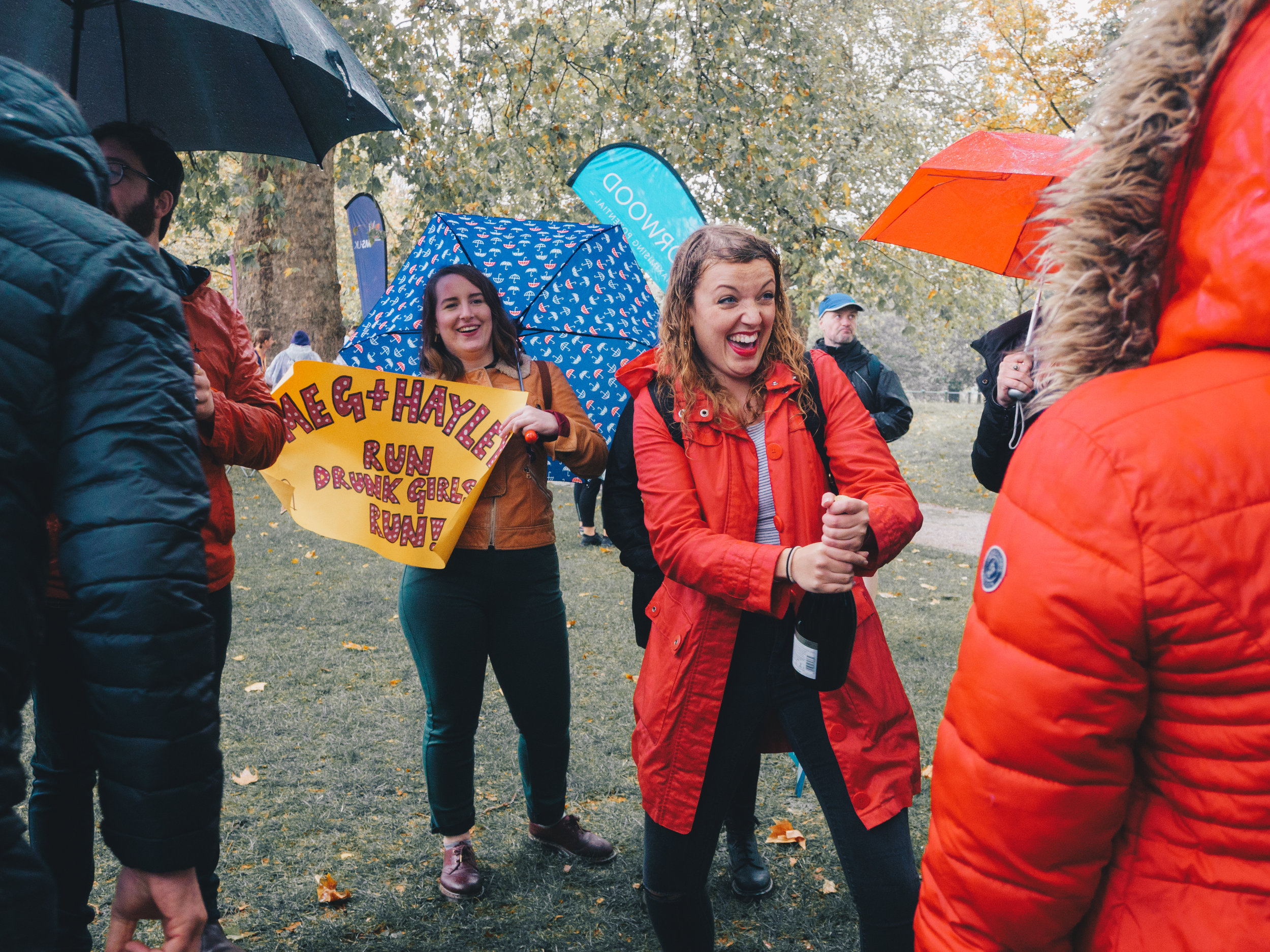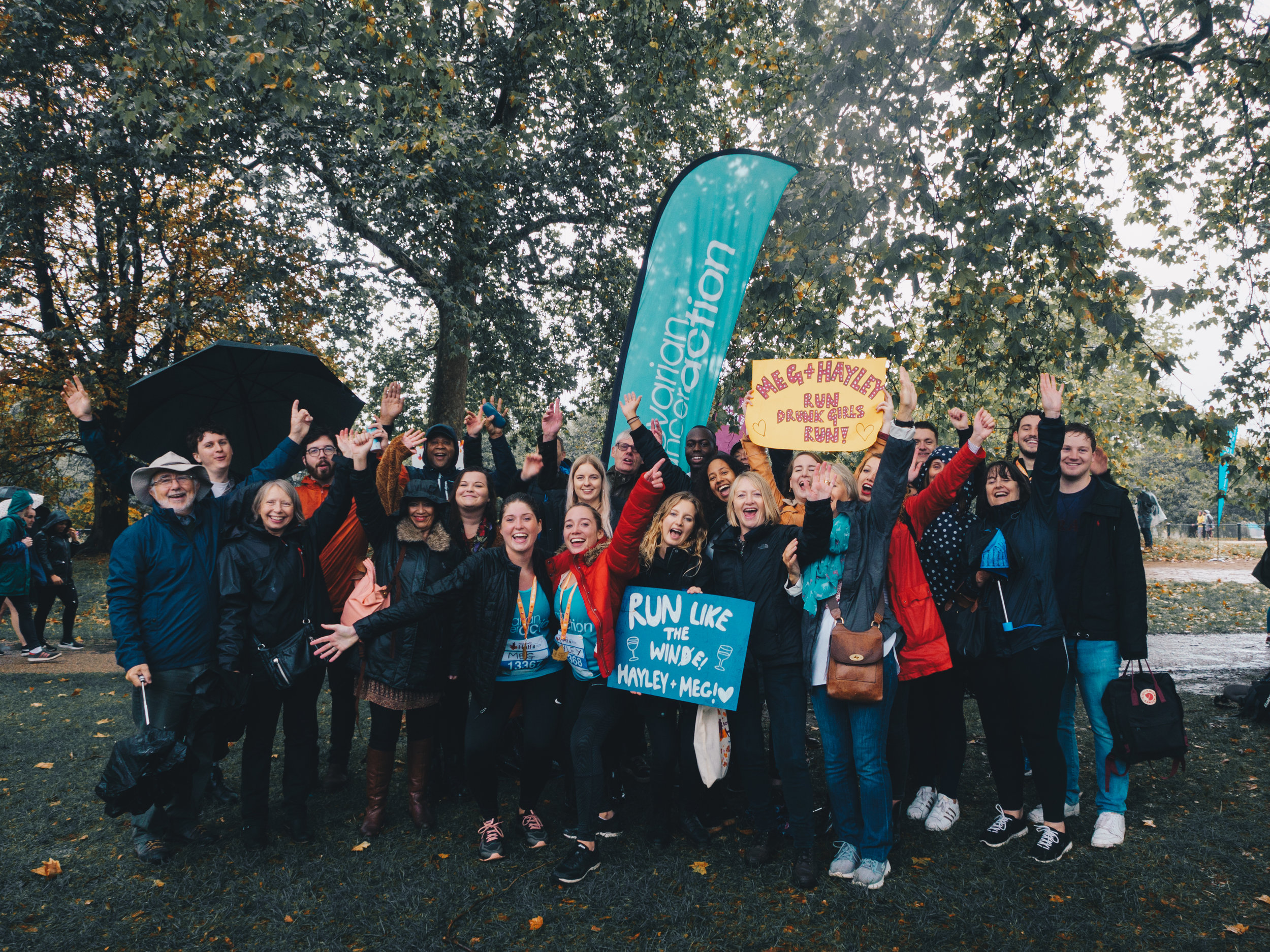This week, we were set the task to do an investigation into three different possible career paths, outlining a business plan, case studies, research etc.
Photographer:
The first investigation I am going to do will be into the career path of a photographer. This is my plan A and is what I dream of doing in the future. To be a bit more specific, I am going to do my research into freelance photography - arguably the trickiest career in photography.
Some of the difficulties in freelance work arise in the cost of equipment/rental, as there is no large company like ASOS supplying the equipment for you, the search for clients, which is famously inconsistent in photography, and getting financial support e.g mortgages as it is harder to prove a steady and reliable income.
Though with the negatives come an equal amount of positives. Being freelance means you are working for yourself - there is no boss to tell you what to do. There are clients who will have certain demands, but wholly, you are in charge of what happens. Also, as a freelancer, you are able to pick and choose which jobs you take on. Admittedly, in most cases to stay financially viable one would have to accept the majority of job offers that they receive, but there is still no commitment to work for anyone who comes to you.
There are many types of freelance photographers, for example wedding/events, travel, commercial or television and film photography. This somewhat makes it harder to get work as there will be photographers who specialise in all of these genres, and whether they are better than you or not, the fact that they specialise in a genre will mean their portfolio is larger and therefore they are more employable.
As a test, 2 days ago I emailed 30 companies based in the UK, large and small, to see what response I would get. As proof of how difficult it is to land clients, I have had zero responses thus far.
Retoucher:
For my second investigation, I will look into the career path of a retoucher. I very much enjoy the post-production of photography and therefore feel this would be a good path for me to explore.
As a retoucher, similarly to a photographer, you can either work freelance or for a firm. I would like to look into working for a company such as Boohoo, who already have a lot of fashion photographers on the books. A positive is that since they are such a large company, the flow of work for a retoucher would be consistent. In fashion photography, the work would include the smoothing of skin and clothing with minor colour and light adjustments to make the outfits look as desirable as possible. However, I can imagine that a job like this would soon become tedious as you would be making the same adjustments to hundreds of photographs per day.
After doing a quick job search for retouching, there are many opportunities all over the UK, with most work seeming to come from London and Manchester. There are also lots of Junior Retoucher roles which interests me as it would be an opportunity to learn with less pressure to begin with, finding out exactly how they do things before being dropped in and completing the work on my own.
On average, the salary for a retoucher seems to be around £22,000 or £15 per hour, which though consistent and secure, is not a lot to live off, especially in London and surrounding areas, so this is definitely something to bear in mind.
Teacher:
Finally, I would like to look at the career path of a teacher, specifically a photography teacher at a school or college. This is something I have never looked into or really considered, and that is exactly why In want to take this opportunity to do a bit of research about it.
The good thing about teaching is that there are literally schools everywhere - everyone needs to learn. So, a job as a teacher would be pretty secure as there is always a requirement for teaching staff. To become a teacher, you must have a QTS (qualified teacher status). According to targetcareers.co.uk, ‘you must have an undergraduate degree or equivalent qualification to obtain QTS. You also need to have completed a teacher training programme or to have been formally assessed by an approved provider as meeting the required standards’ It is also very helpful to get a PGCE. This is a qualification which ‘combines substantial school placements with studying the theory behind teaching and learning’. As I have already studied photography at degree level, to become a photography/art teacher I would just have to take a course in education with no requirement for teaching specific to photography.
Photography teacher salaries average at around £25,000 a year, which is enough to live enjoyably in most counties in the UK. Though, other than in colleges, the majority of photography teachers specialise in both photography and art, seeing them in one department. This would mean that I would have to train in subjects like fine art and graphic design to ensure that my skills and knowledge of the subjects are adequate to teach at this level.
